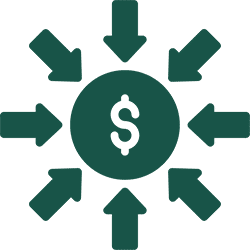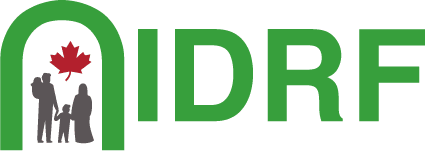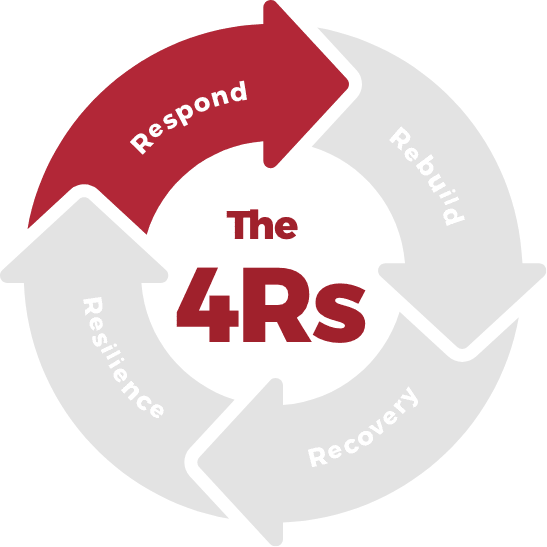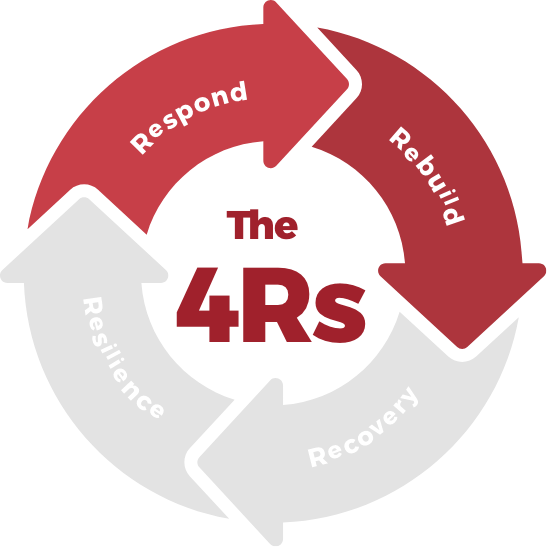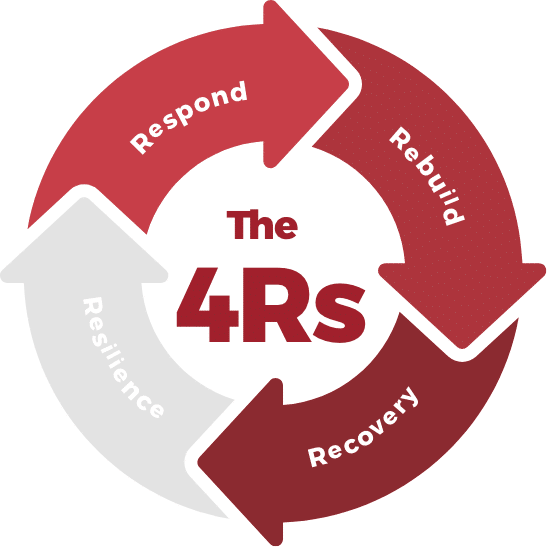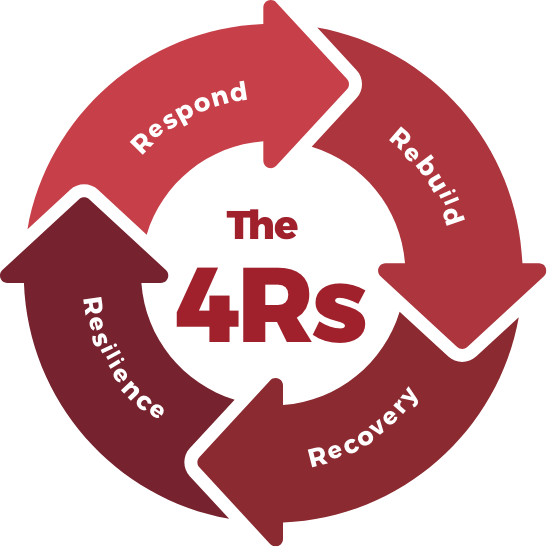Annual Report
2023
Annual Report
2023
Our mission
is simple:
Effective humanitarian aid and sustainable development programs, without discrimination, based on the Islamic principles of human dignity, self-reliance, and social justice.
Since 1984, IDRF has implemented relief and development projects across territories in South and Southeast Asia, Africa, the Americas, Eastern Europe and the Middle East.
This is what we did in 2023.
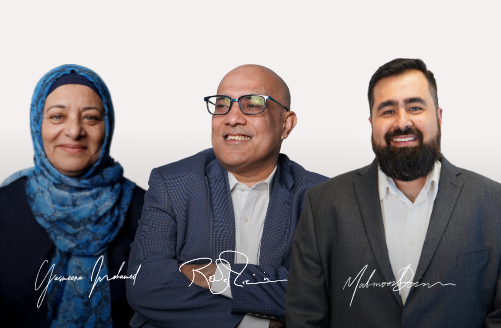
Letter from our
Board members and CEO
Message from our Board of Directors & CEO
In a year marked by emergencies and disasters, sustainable development has proven to be more crucial than ever. Despite these challenges, our community came together in the face of adversity, renewing their commitment to make an impact, and we are grateful for your support this past year.
The devastating floods in Pakistan tested our resilience — but with your steadfast support, we made an incredible impact. While we are still in the process of rebuilding homes, your generosity has propelled us forward, and we are determined to continue until every family has a safe and secure place to live.
A powerful earthquake shook southern and central Turkiye, leaving communities in despair. However, the strength of the community and your support have enabled us to come together, providing emergency relief immediately after tragedy struck. In the aftermath, we were also able to create lasting solutions and support systems for those affected, ensuring a brighter and more secure future for displaced families.
This year has been a testament to the power of resilience.
In a year marked by emergencies and disasters, sustainable development has been proven to be more crucial than ever. Despite these challenges our community came to gather in the face of diversity, renewing their commitment to make an impact, and we are grateful for your support this past year.
In the face of these crises, your generosity has shone brightly. With your support, we have been able to achieve remarkable milestones. We have successfully implemented projects that have provided clean water, quality education, healthcare, nutritious food, and economic development opportunities to 2,096,413 people across 30 countries.
Your compassion has transformed lives and communities, and we are profoundly grateful for your dedication to our cause.
As we move forward, our commitment to building resilient and sustainable communities remains unwavering. The challenges persist, and our work continues. With your support, we are confident that we can overcome any obstacle and continue working towards a brighter future.
Thank you for all that you do.
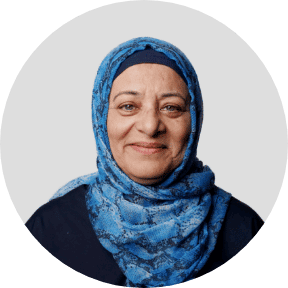

Yasmeena M
Co-Chair
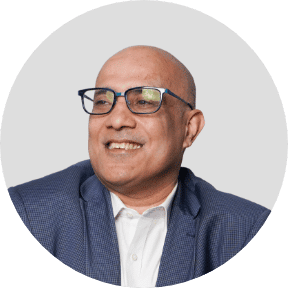
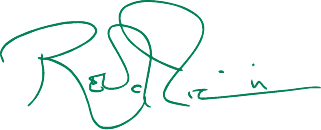
Reza R.
Co-Chair
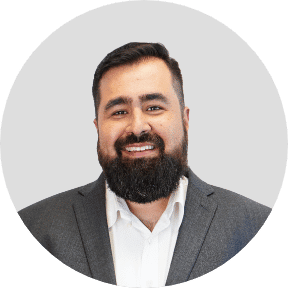
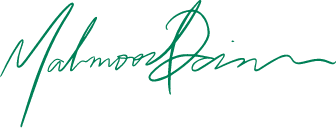
Mahmood Q.
CEO


Yasmeena M
Co-Chair


Reza R.
Co-Chair


Mahmood M.
CEO
Board of Directors
Muhammad M.
Vice Chair
Marzia Habib H.
Vice Chair
Nurhan A.
General Secretary
Zeib J.
Board Member
Mukhtar R.
Board Member
Winston K.
Board Member
Muzna A.
Board Member
Fatima L.
Board Member
Jawaid M.
Board Member
Seema R.
Board Member
Muhammad M.
Vice Chair
Marzia Habib H.
Vice Chair
Nurhan A.
General Secretary
Zeib J.
Board Member
Mukhtar R.
Board Member
Winston K.
Board Member
Muzna Ahmad
Board Member
Fatima Laher
Board Member
Jawaid Mirza
Board Member
Seema R.
Board Member
With your generous support, we were able to touch the
lives of 2,096,413 across 30 countries.
815,355
people received food assistance
through food parcels and vouchers
162,495
people supported with
emergency response
701,270
people received clean water,
hygiene and sanitation services
356,264
people received health care
services
52,962
people received educational
support
8,067
people received support to start
businesses and receive training
Where you helped make an impact
At IDRF, our relief efforts are global and we work with caring people, quality partners, and community leaders all around the world who share a common belief — that everyone should have the resources and opportunities to be self-sufficient. We have supported long-term development and emergency programs in 30 countries around the world, implementing 94 different projects.
Click on the highlighted countries to learn more about our work
We believe that the best approach to community development involves partnering with local experts, international NGOs, grassroots organizations, and to leverage our community’s resources to not only ensure maximum impact but a ripple effect of sustainability.
Our projects are initiated by our local partners who understand the unique challenges facing their communities. This approach is reflected in IDRF’s core values — simply put, we are people helping people.
Our
Approach
Our Guiding
Values
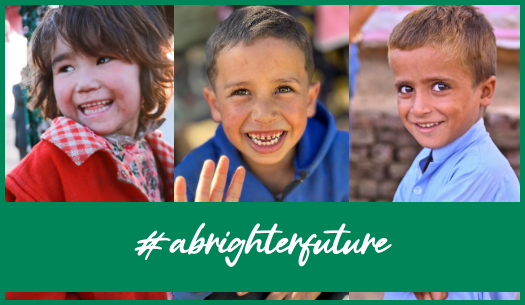
A Brighter Future
At IDRF, we are dedicated to tackling present challenges while working towards a better future for communities.
Emergency Responses
When disaster strikes, IDRF aims to be the first on the ground to provide immediate relief and aid, in addition to long term support.
For the last 39 years, we have responded to emergencies like; floods, droughts, earthquakes, political and economical crises, and more. This year, 162,495 people were supported when they needed immediate interventions.
Our efforts focus on short-term interventions and long-term rehabilitation. Our short-term interventions include; the distribution of essential items such as food packages, vouchers, hygiene kits, water filtration units, winter packs, medical aid and temporary shelter.
162,495
people supported with emergency response
We do this by prioritizing sustainability through our Respond, Rebuild, Recover, Resilience implementation process during an emergency response:
Pakistan
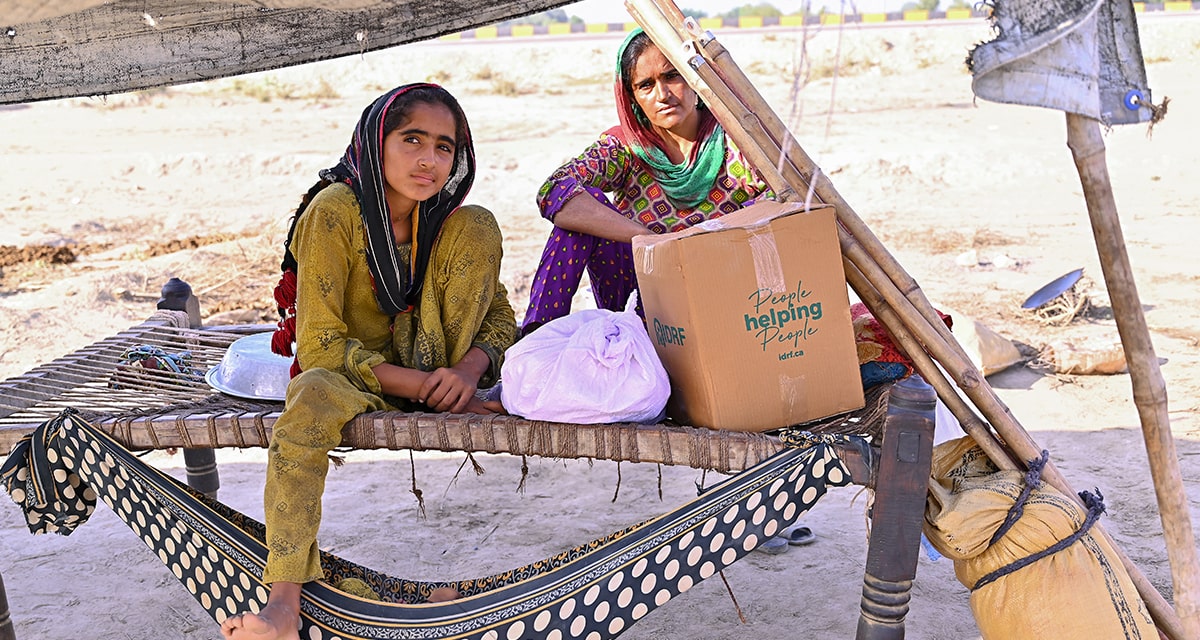
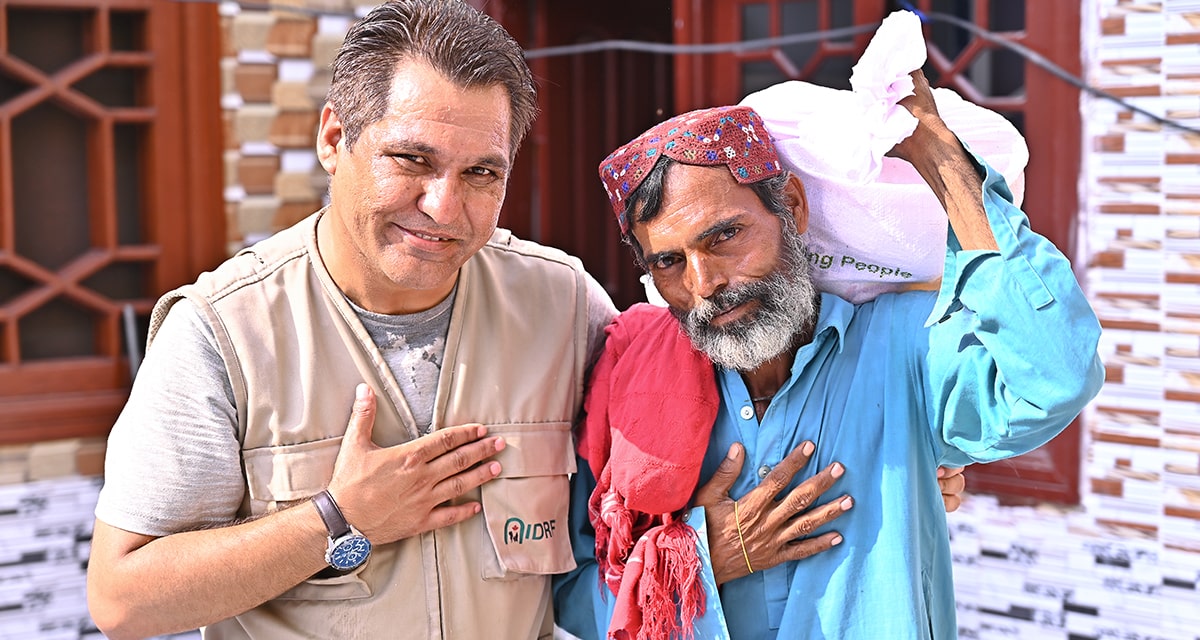
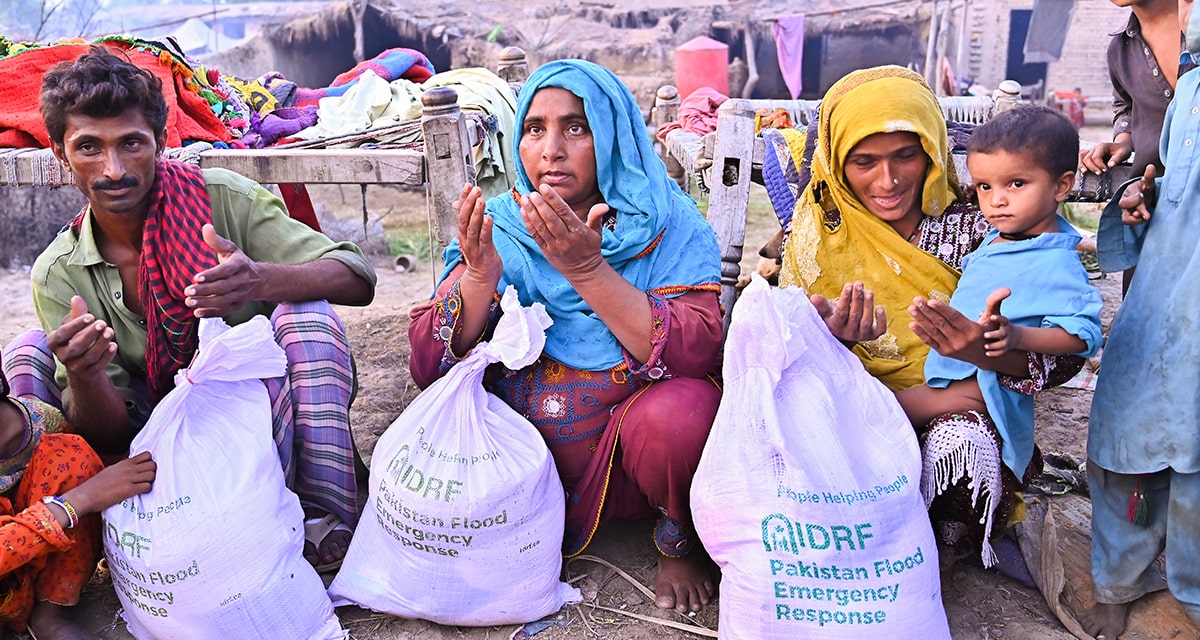
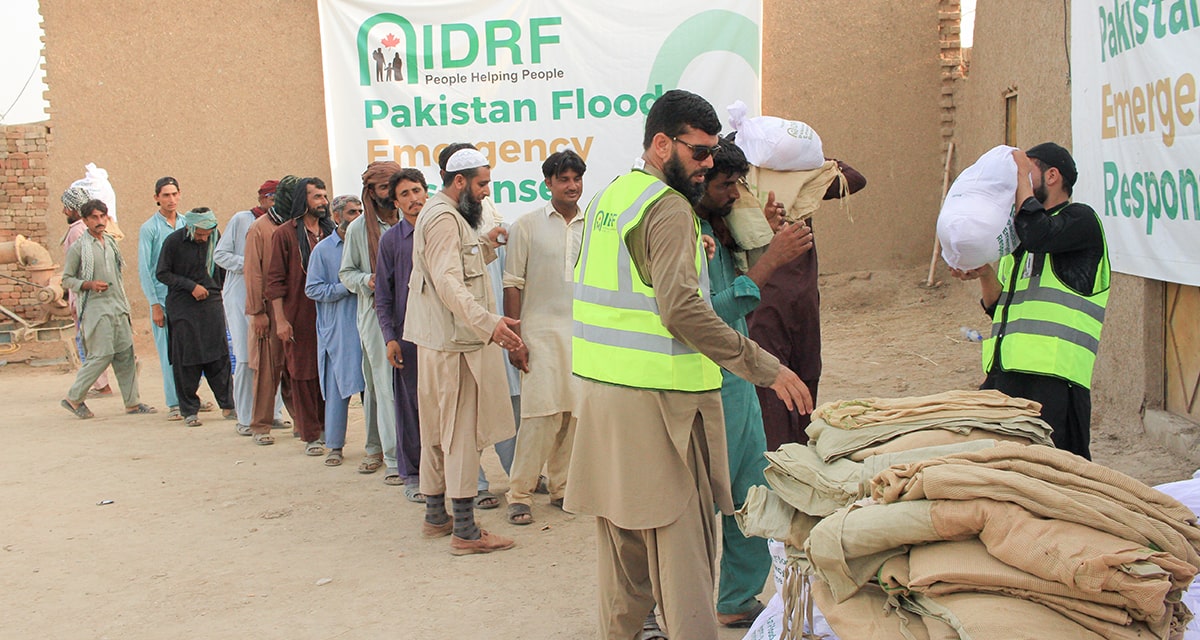
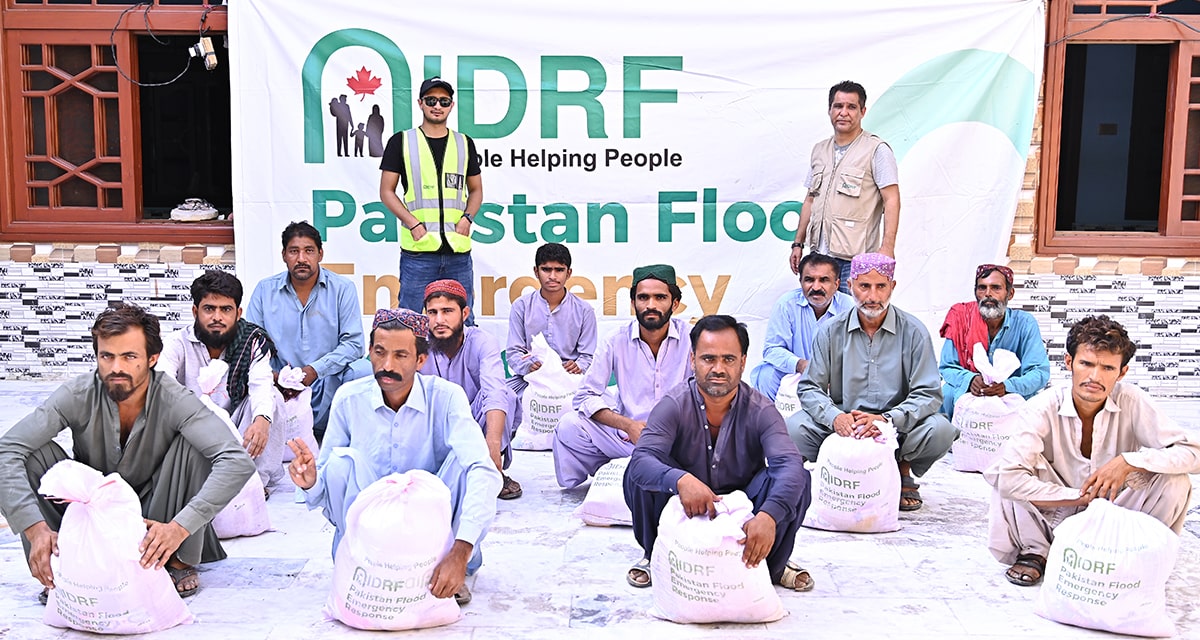
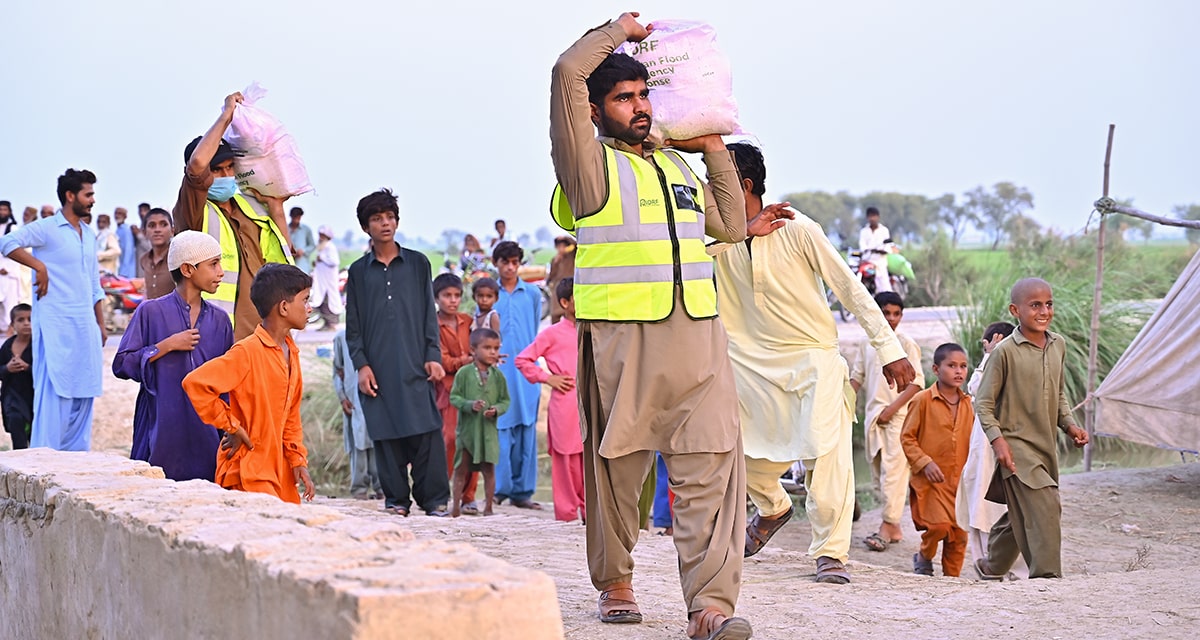
The devastating floods in Pakistan were a harrowing testament to the mounting climate crisis.
According to the United Nations, of the 33 million people affected, 8 million have lost their homes, half of them children. In addition to homes, roads, and other infrastructure, 4.4 million acres of agricultural land were destroyed, making it near-impossible for families to sustain themselves.
Thanks to our local team, IDRF was on the ground almost immediately after disaster struck, providing food assistance and emergency relief. In addition to this, we built temporary shelters, learning centres for children, and mobile clinics. Our long-term efforts involve ongoing food assistance and rebuilding
35,385
people supported in Pakistan
Turkey
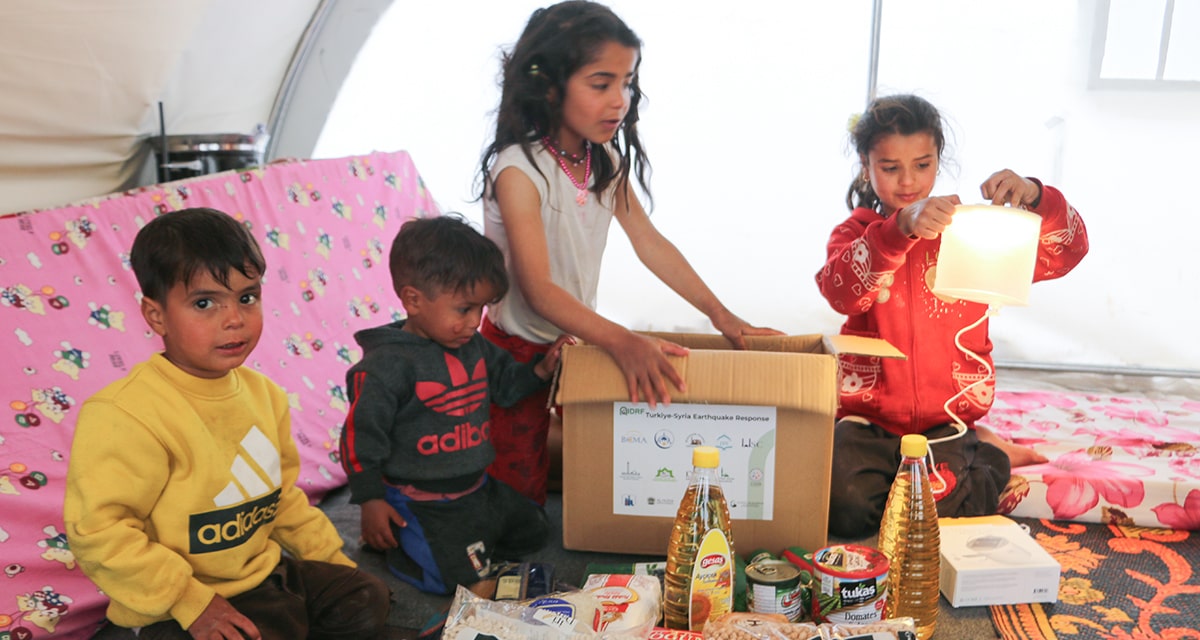
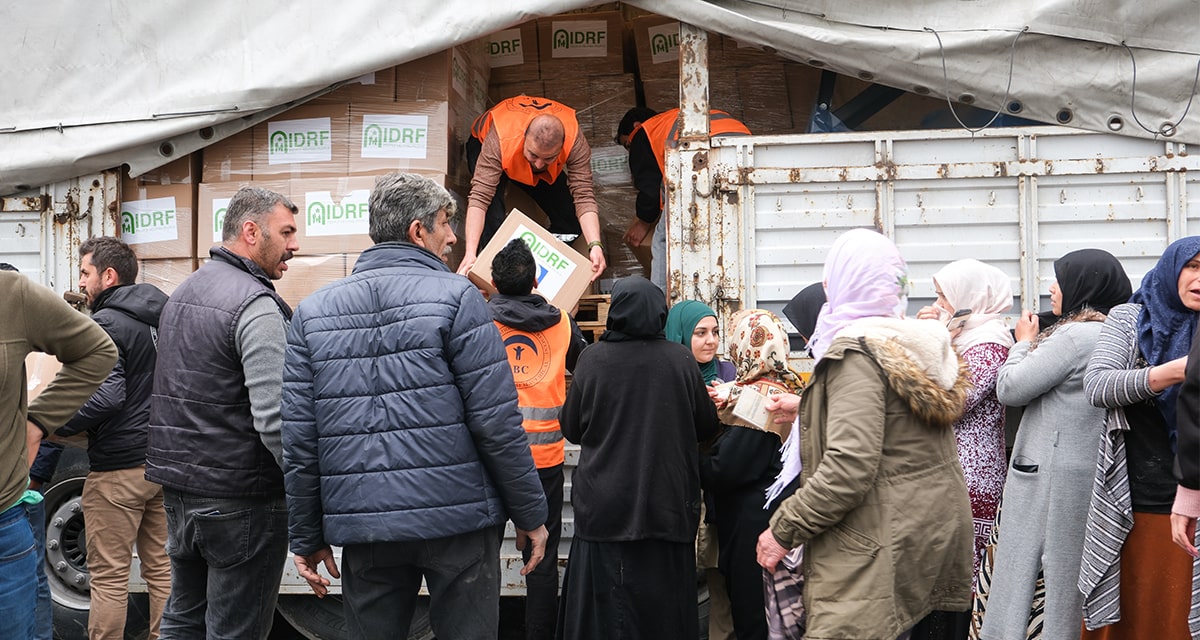
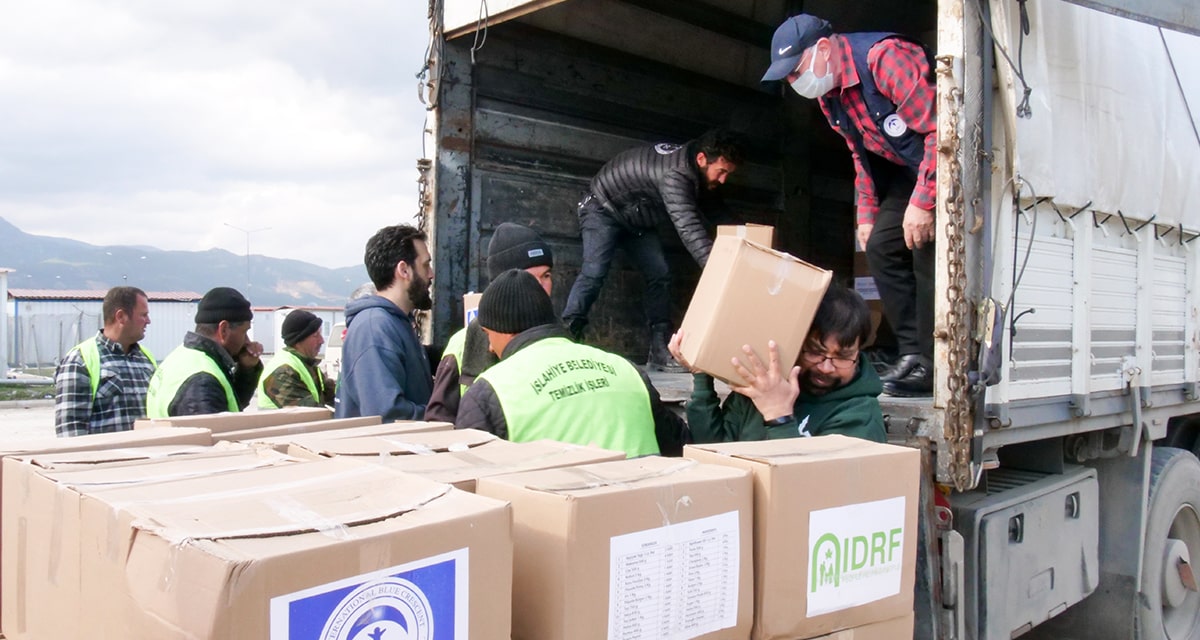
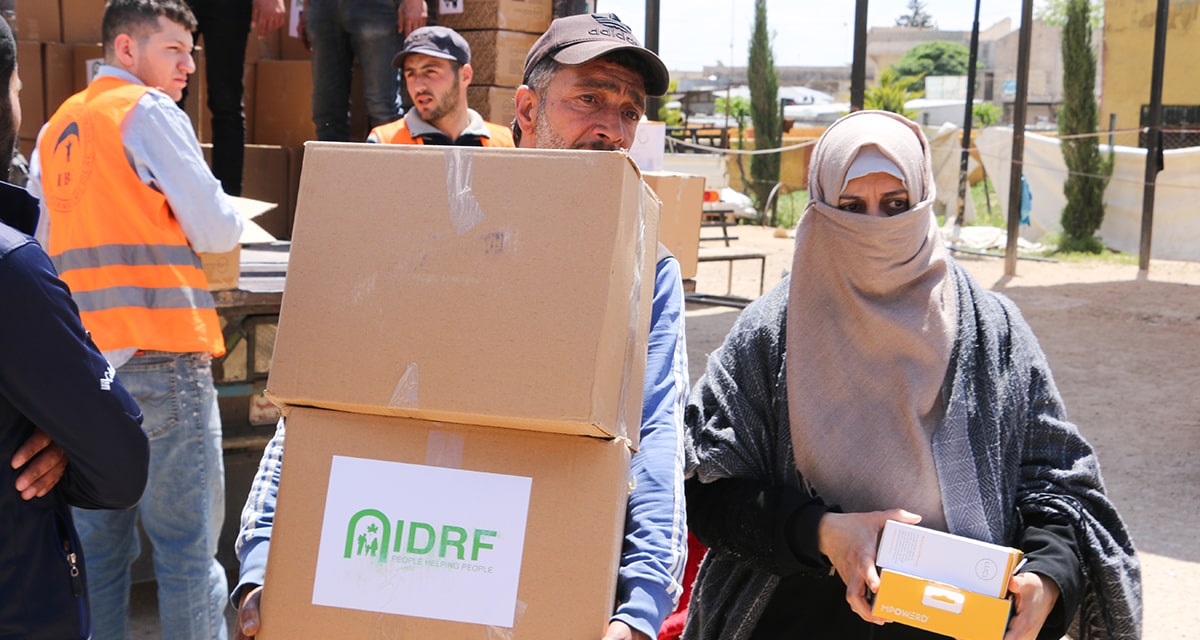
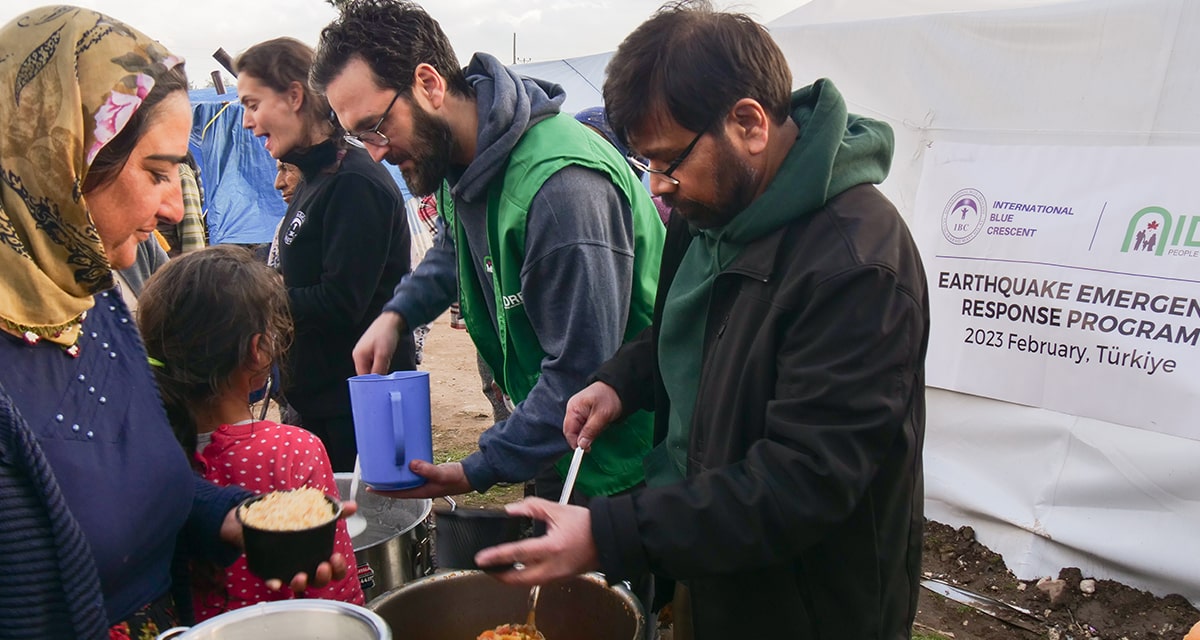
A powerful 7.8-magnitude earthquake struck Nurdağı, Gaziantep province, Turkey, causing widespread devastation.
Centered 23 kilometers east of Nurdağı, the quake hit at a depth of 24.1 kilometers, triggering over 4,000 aftershocks. The World Health Organization estimates that 23 million people in the region urgently require aid.
Emergency response efforts by IDRF involved providing survivors with essential resources such as food, medical assistance, and winter supplies like blankets, heaters, tents, and jackets. The harsh winter conditions amplify the need for shelter. In the long term, IDRF has been committed to sustained support through ongoing food assistance, childcare, and the construction of container shelters for families.
107,610
people supported in Turkiye
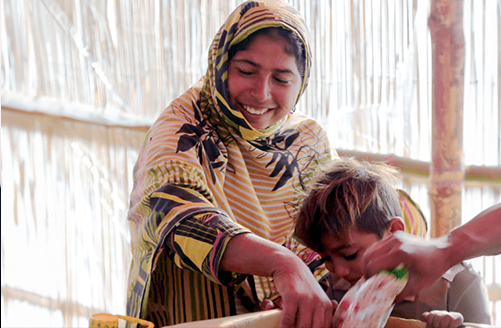
We suffered through many disasters, and the pandemic. We were desperate for relief, and are grateful to IDRF for supporting us.
Fareeda Bux
Sindh, Pakistan
Food & Nutrition
Access to food and nutrition is a fundamental human right.
According to the World Food Program, 783 million people across the world are facing chronic hunger. This is the result of multiple factors, like global inflation, local conflict and political instability, the impact of the climate crisis on agriculture and extreme weather, mass displacement, and the recent pandemic disrupting supply chains and basic health services.
The world thrives when everyone has access to sufficient, safe, and nutritious food. Our ‘Brighter Future’ strategy works towards long-term sustainable food programs. These programs enhance our food distribution processes and increase economic and agricultural value.
This year, we responded to the growing food insecurity by providing food packages and food vouchers to families in 23 countries. In total, 391,213 people received food assistance through IDRF’s food security programs.
815,355
people received food assistance
Somalia
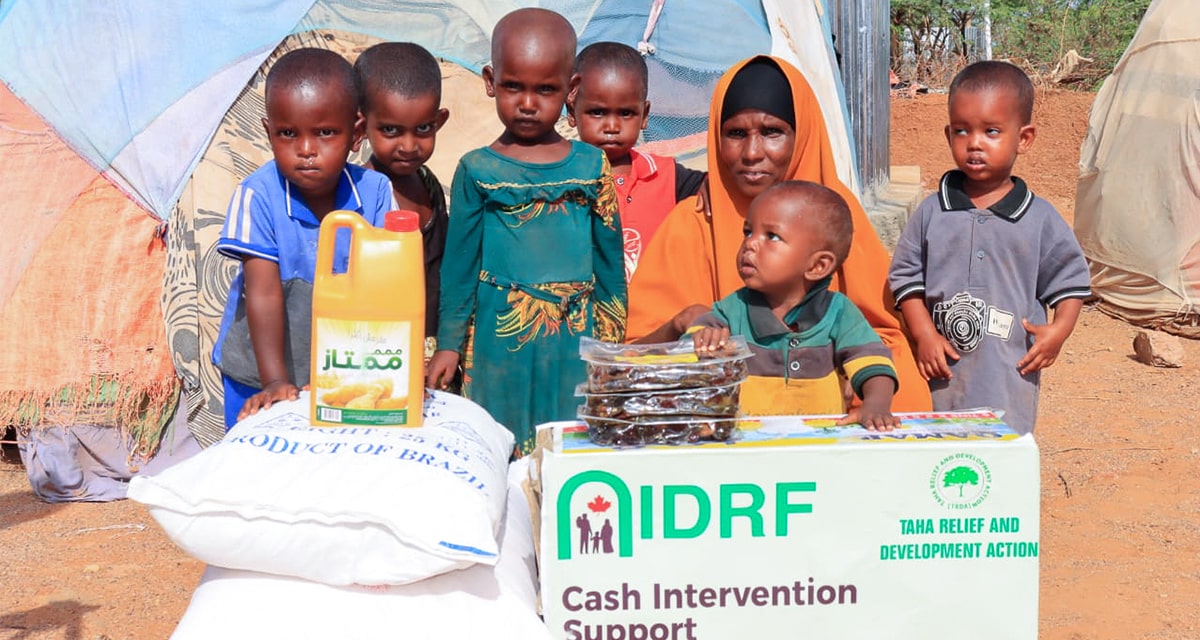
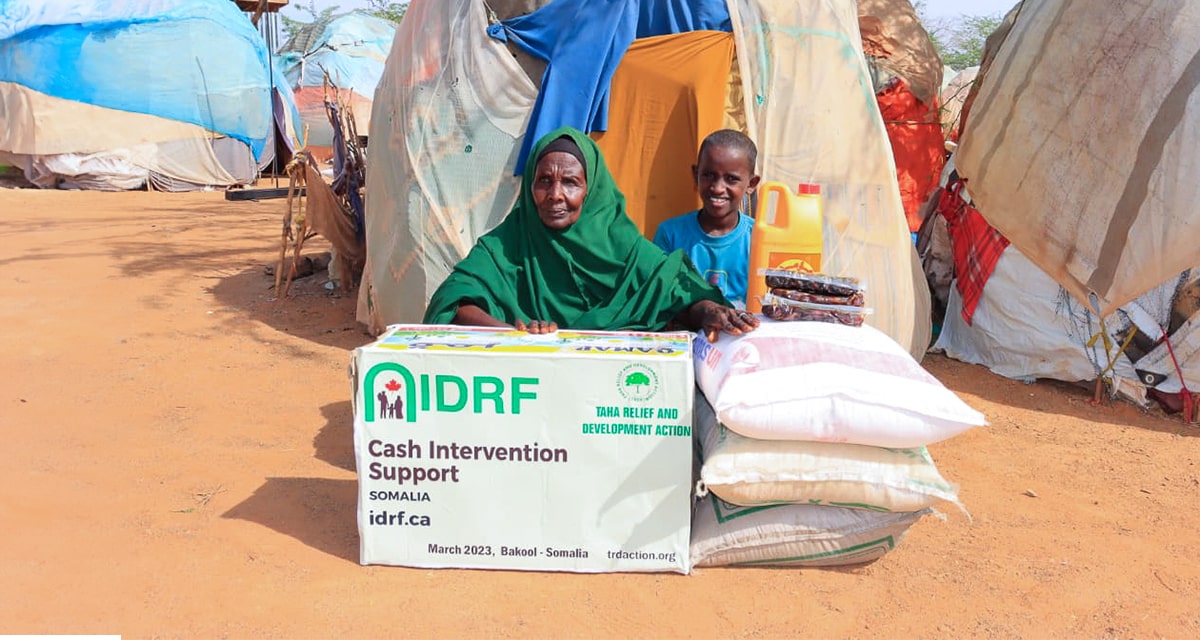
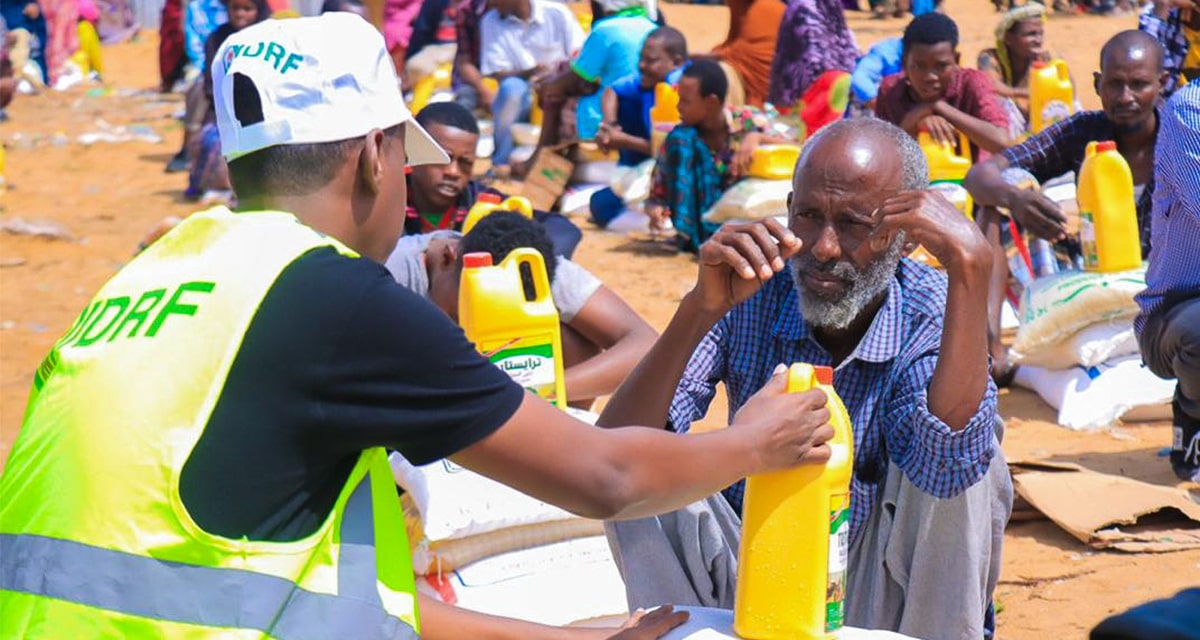
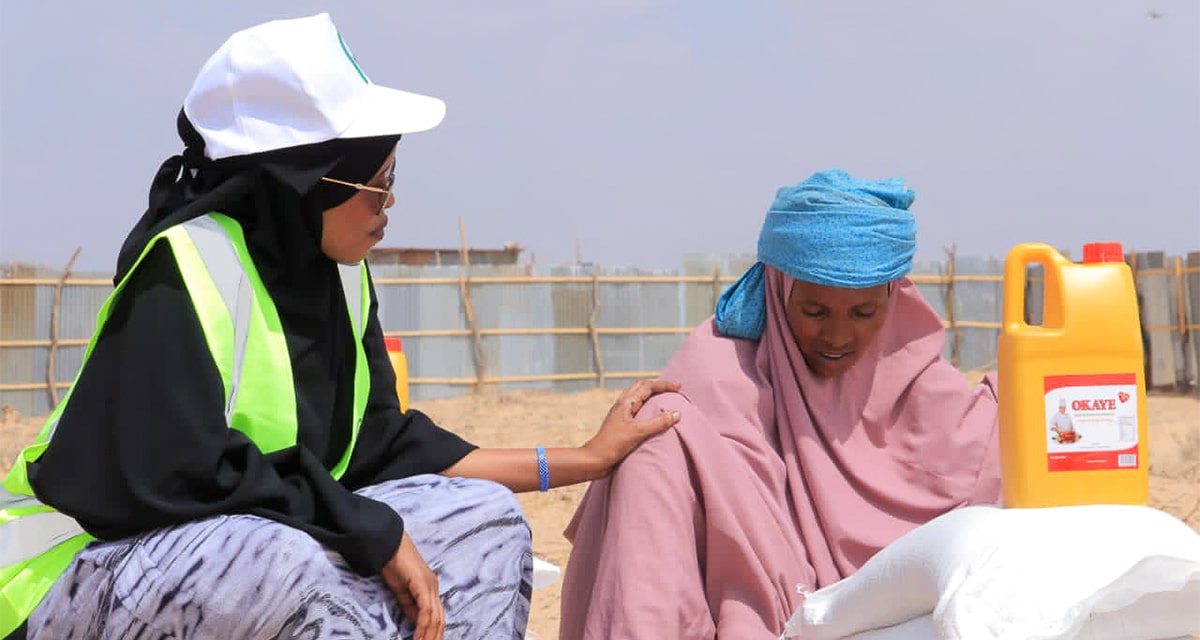
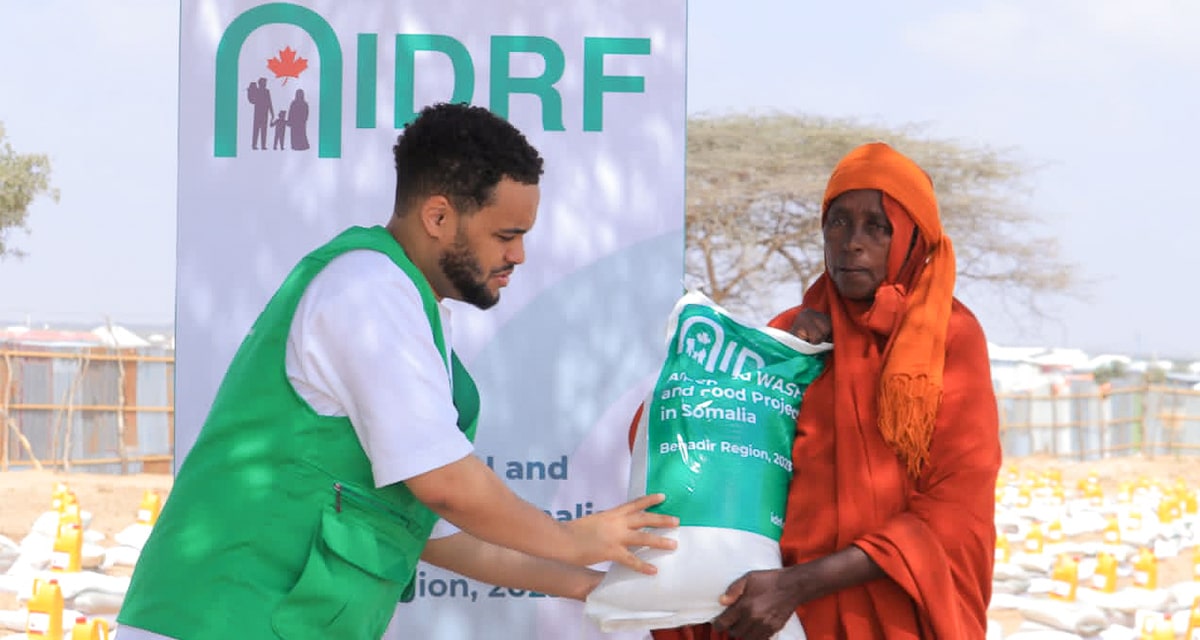
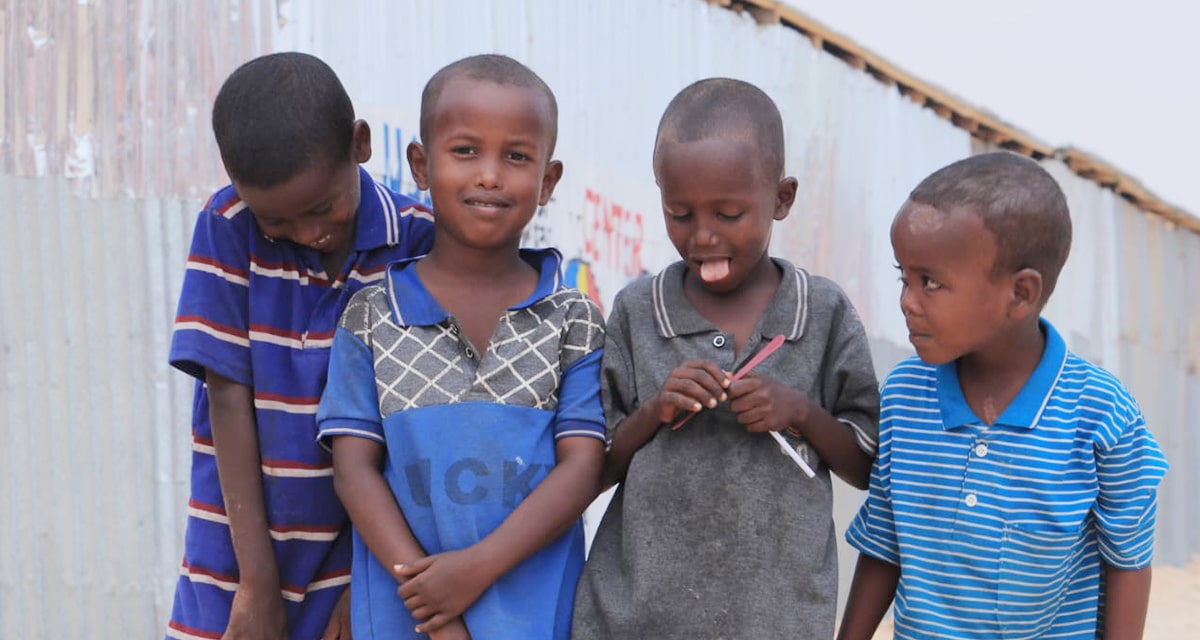
According to the World Food Programme, 6.6 million Somalians are facing acute hunger, and as many as 1.8 million children suffering with acute malnutrition.
This is the result of extended drought, flooding, desert locust infestations, economic instability and ongoing conflict. The climate crisis continues to disproportionately impact the Horn of Africa. In order to alleviate food insecurity in this region, IDRF provided emergency food support to the most vulnerable drought affected communities in Galgadud Region, Somalia.
This year, we supported 9,112 people in Somalia with emergency food aid.
9,112
people supported in Somalia
Yemen
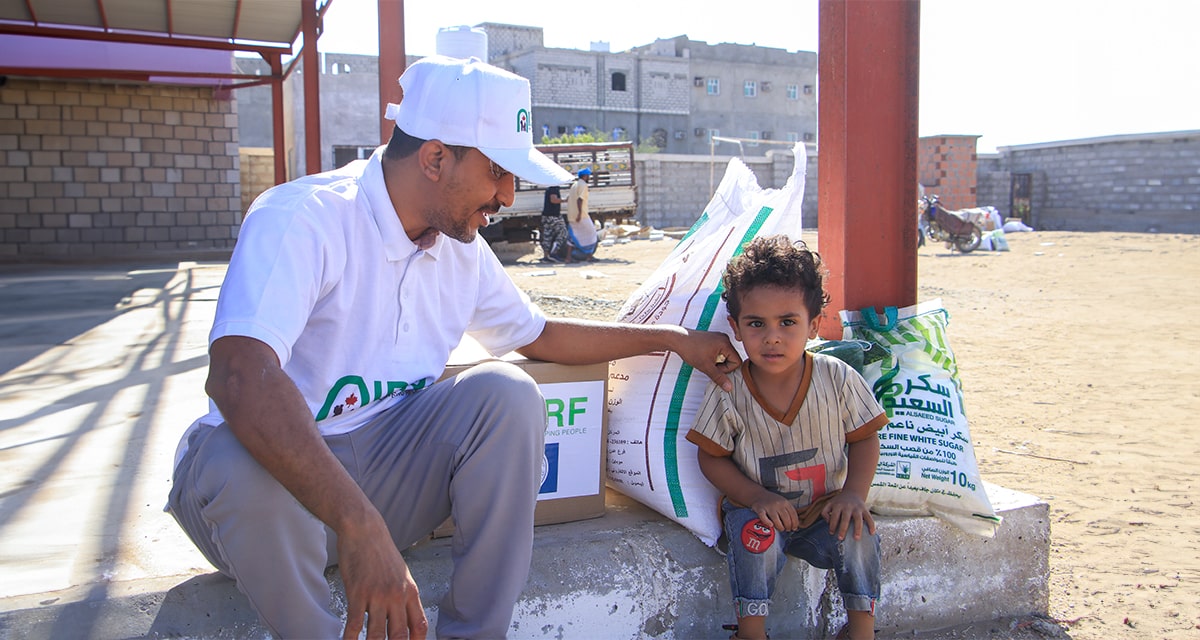
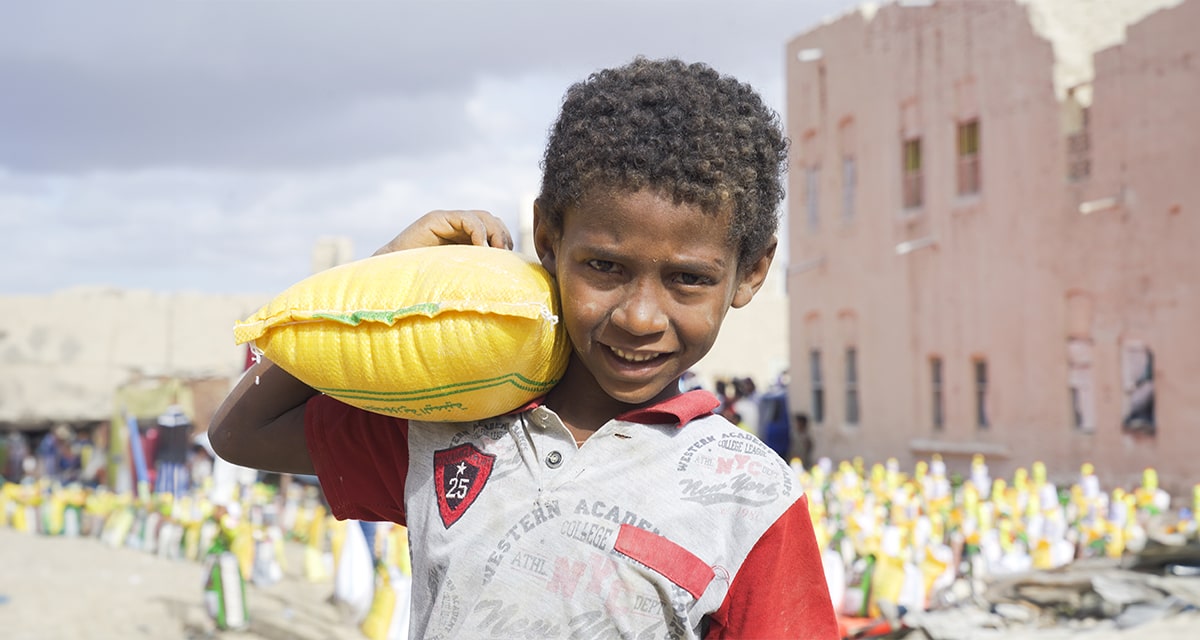
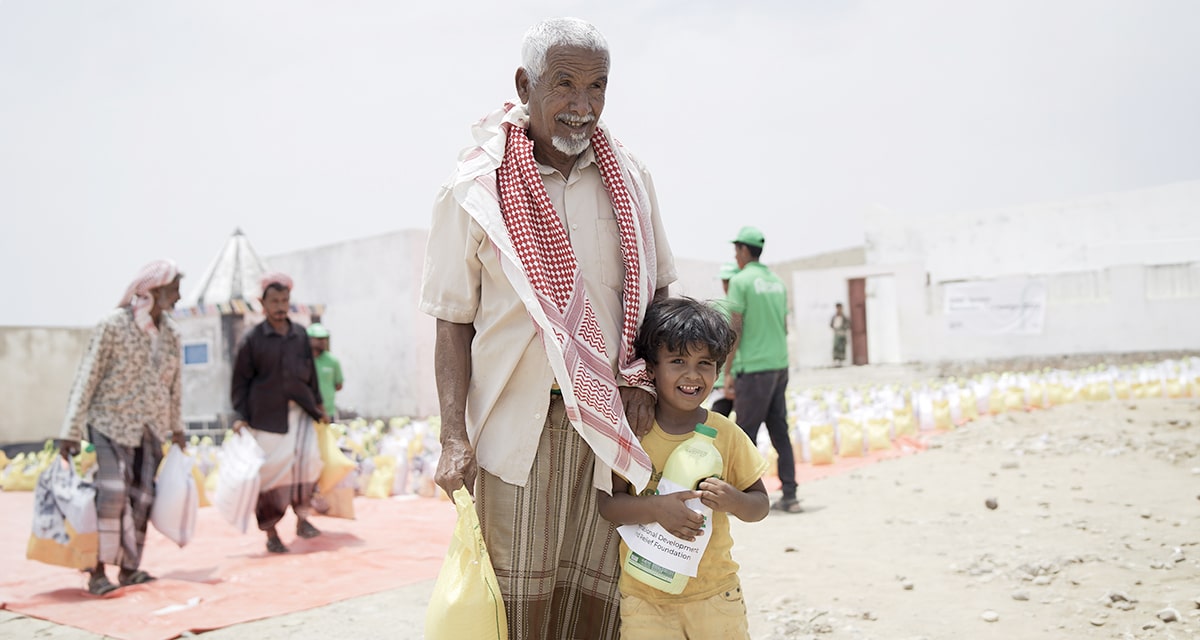
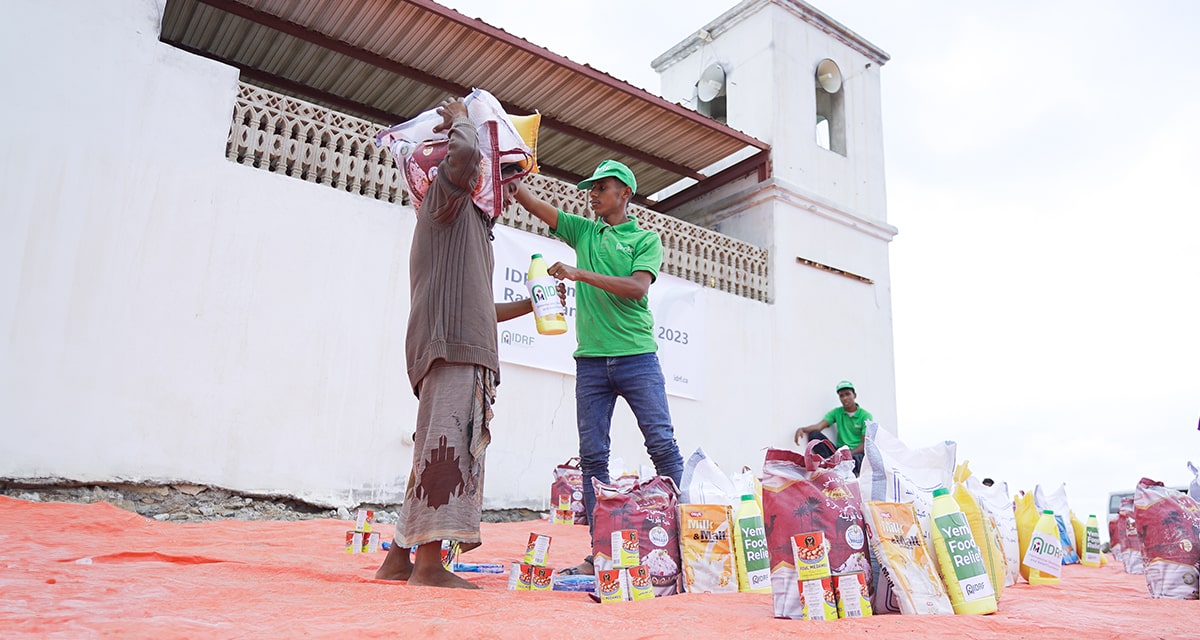
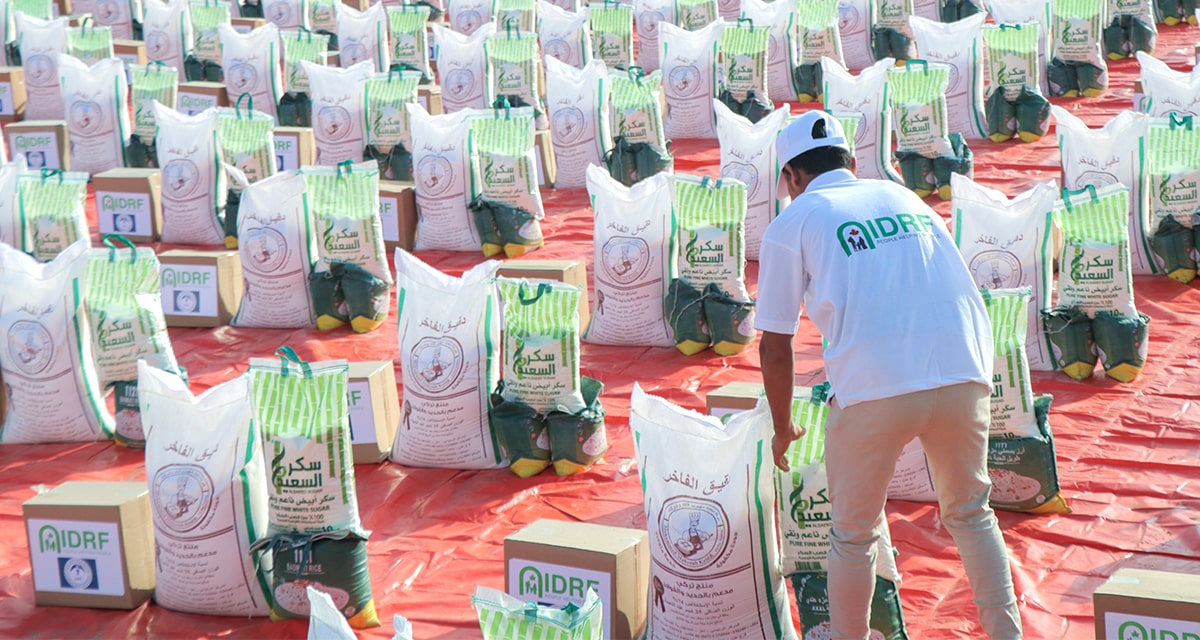
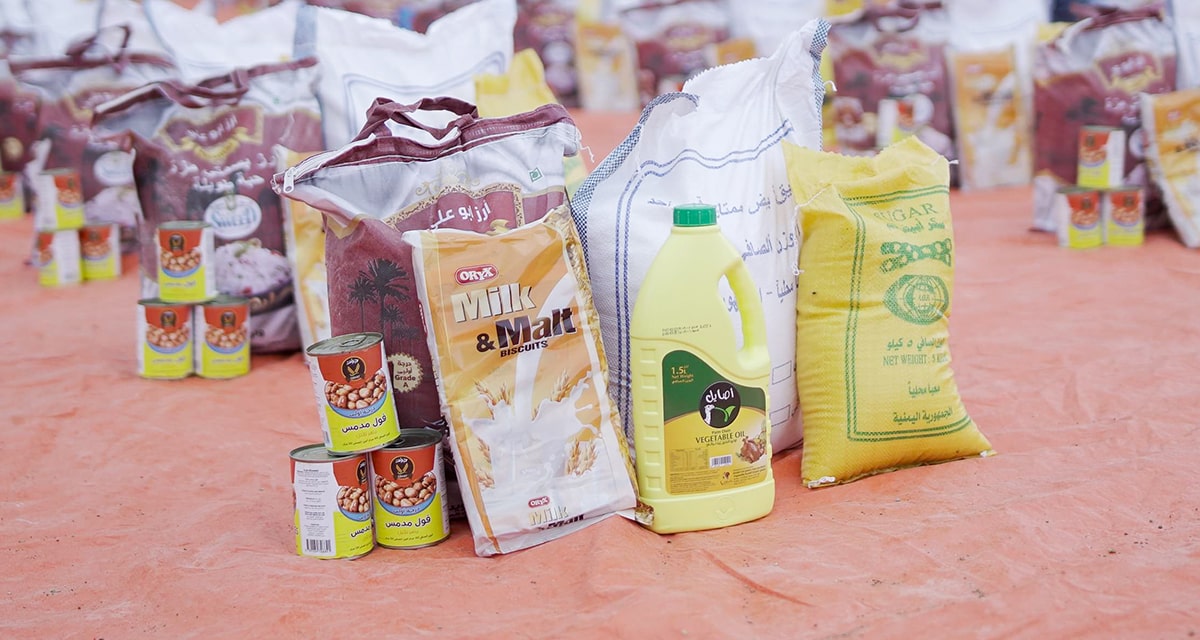
The ongoing humanitarian crisis in Yemen has left 17 million people food insecure, according to the World Food Programme.
A fractured economy, high unemployment and a protracted crisis have pushed millions to the brink of collapse. In order to alleviate food insecurity while supporting the local economy, we provided food vouchers to families in Hadhramout.
In total, we supported 18,160 people with food aid in Yemen.
18,160
people supported in Yemen
Palestine
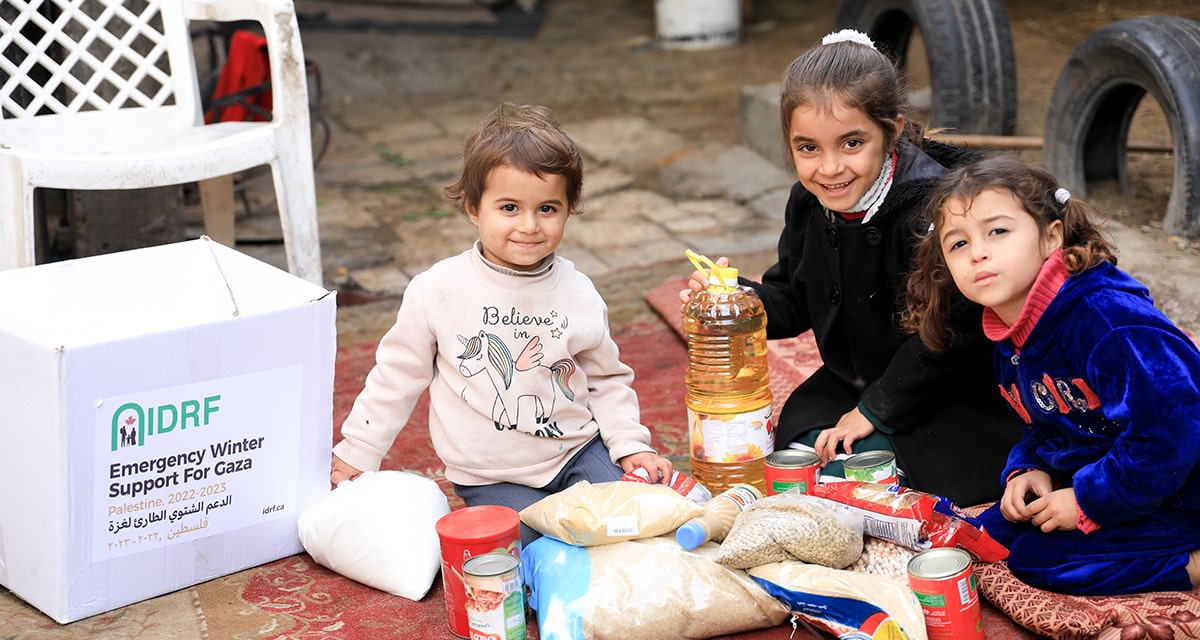
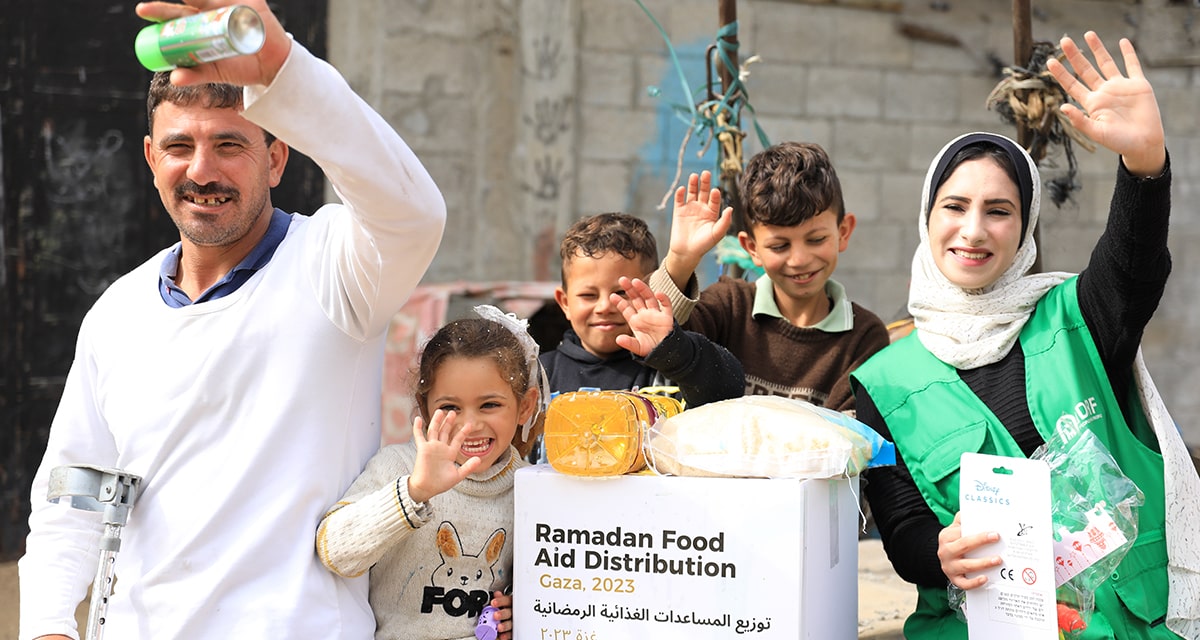
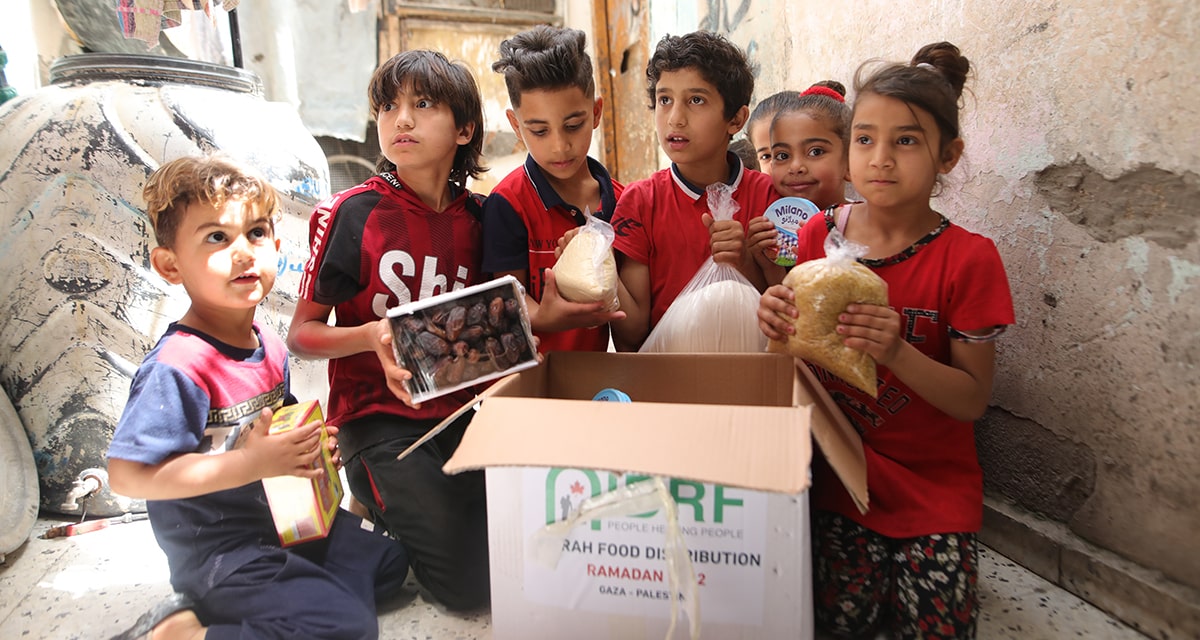
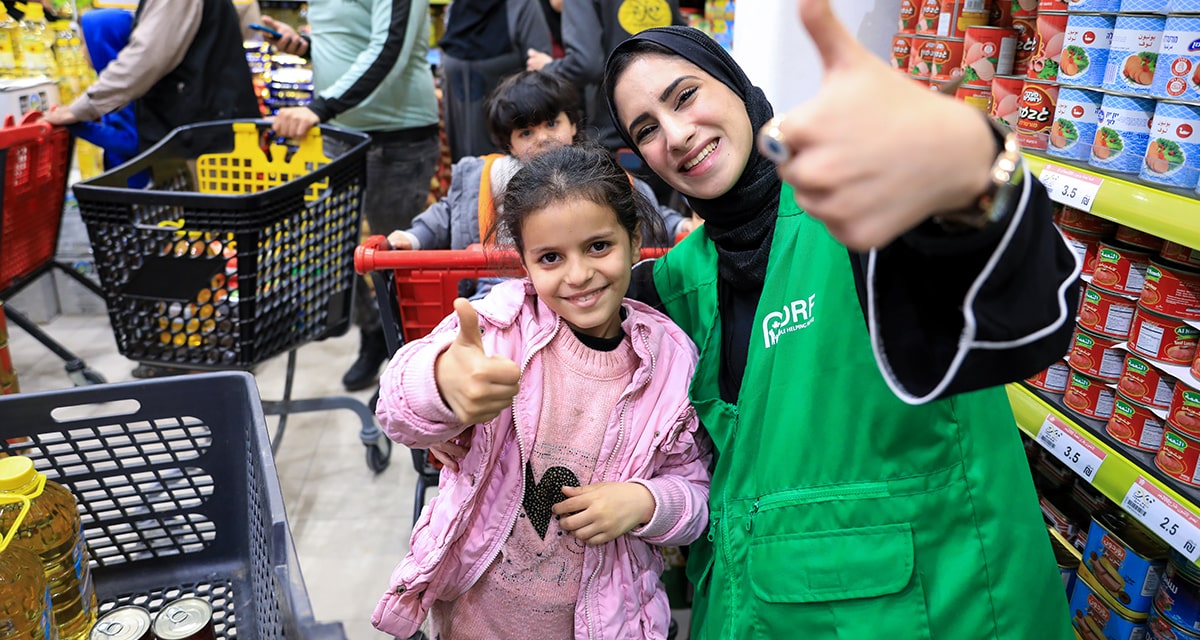
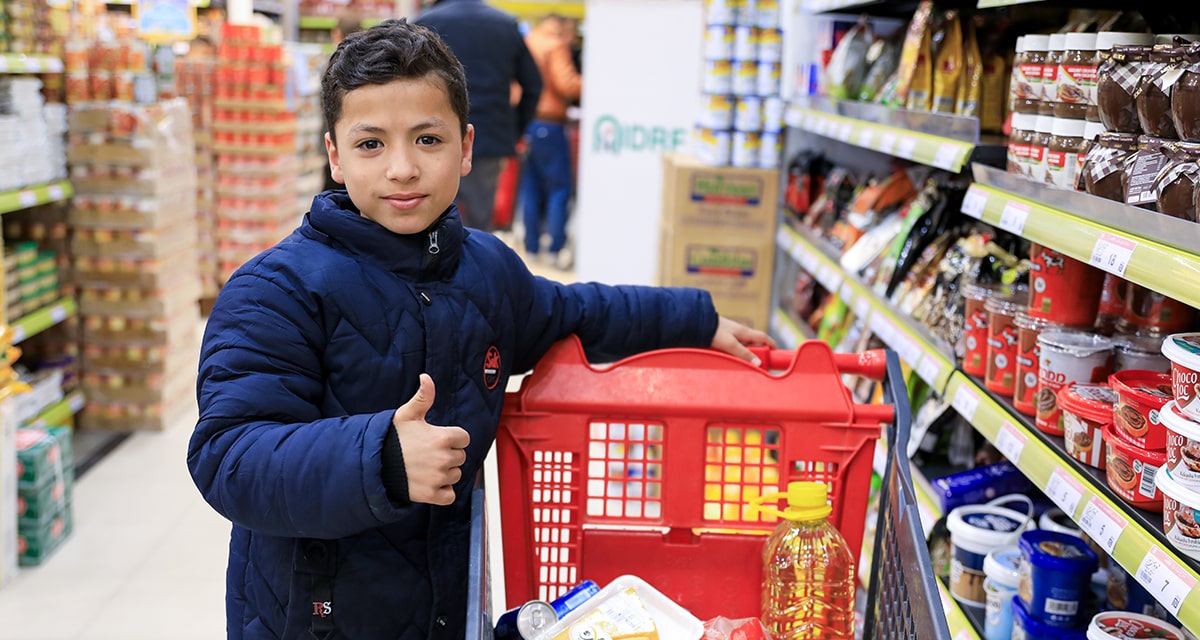
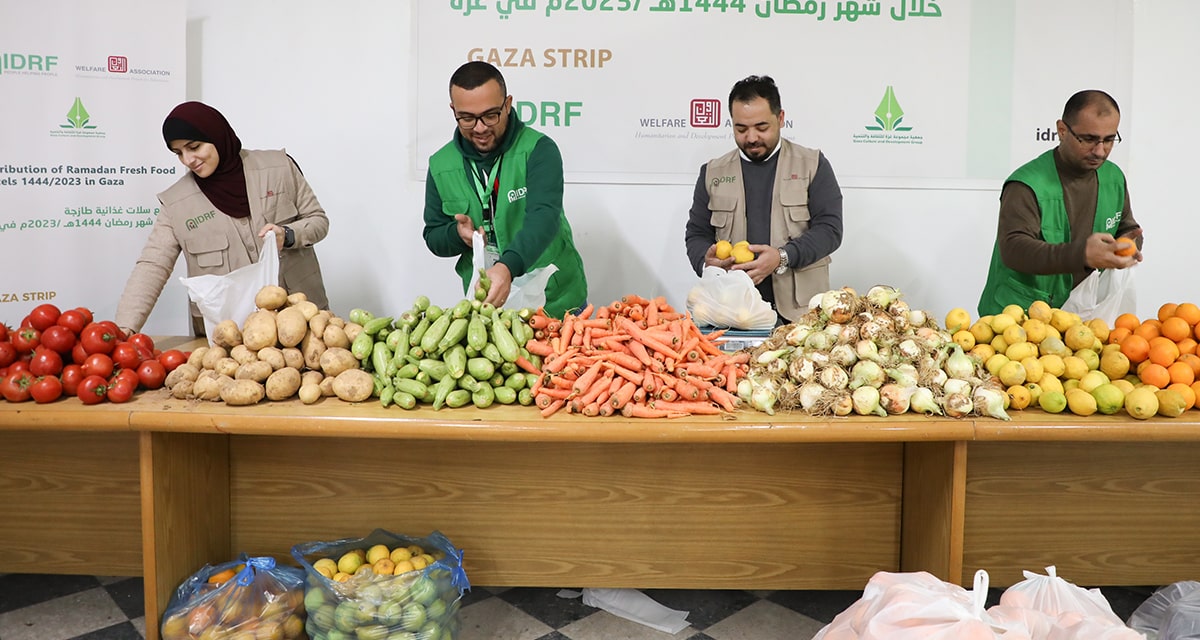
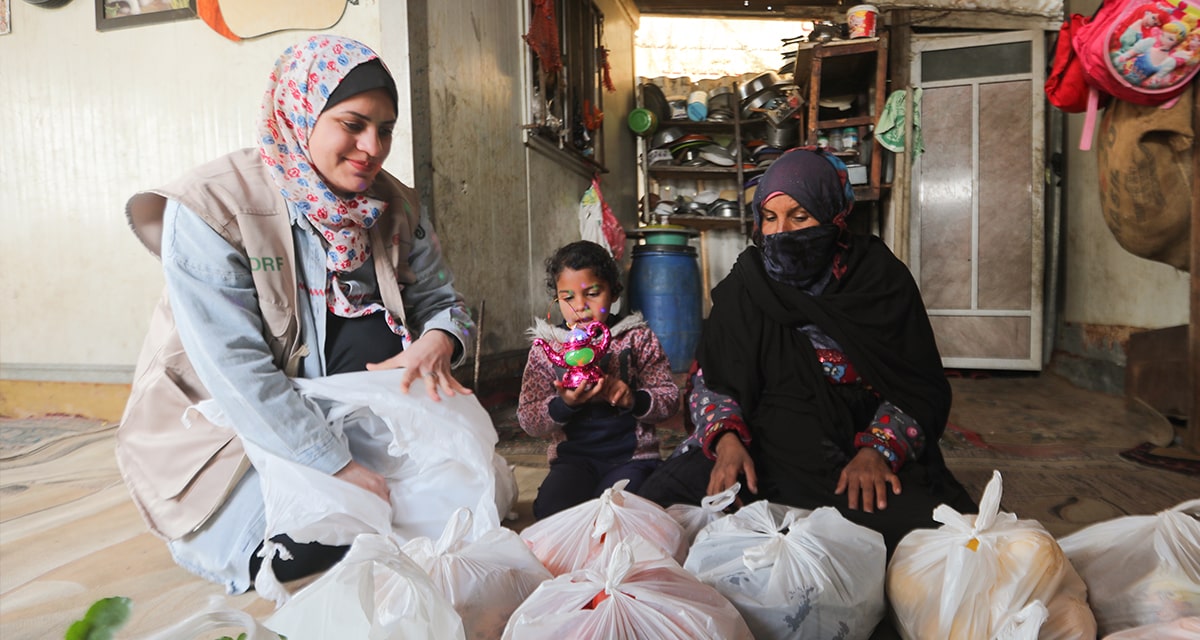
1.84 million people remain food insecure in Palestine.
The ongoing blockade imposed on Gaza and the continuous assaults on its people have had a devastating impact. To ensure that families have access to nutritious meals, and to support the economy, we provided fresh food parcels sourced from local farmers and suppliers to those in need.
This past year, we supported 76,803 people in Palestine with food parcels.
76,803
people supported in Palestine
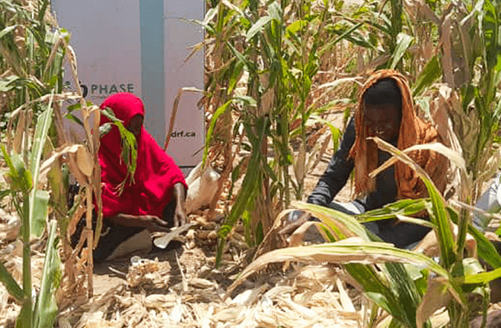
With all the equipment, tools, seed grains and skills, I feel fully empowered to raise my children and provide for them.
Sabrina Abdi Mohamed
Beladweny-Hiiran Region, Somalia
Water is Life
Across the world, an astounding 2 billion people do not have safe drinking water.
As the global climate crisis continues to mount, water resources will increasingly become a challenge of extremes: extended periods and areas of drought, greater stress on already overburdened water tables, flooding caused by intensified weather — and in many places, intense water shortages. As early as 2025, the World Health Organization estimates that half the world’s population will be living in water stressed areas and decreasing access to those supplies. The lack of accessibility to water disproportionately affects women and girls who are often responsible for traveling long distances to collect water.
At IDRF, we recognize that providing safe access to water can make all the difference to a community. In our mission to create a ‘Brighter Future’, we aim to build and rehabilitate water infrastructures, provide WASH education workshops, distribute hygiene and sanitation products, and look to improve technology around the efficiency and sustainability of our water projects. During times of conflict, we implement water trucking to provide immediate access to clean drinking water. Our water programs offer holistic support by providing clean water for families, schools, healthcare facilities, and agriculture
This year, we provided 701,270 people with access to clean water and hygiene-related services.
701,270
people received clean water, hygiene and sanitation services
East Africa
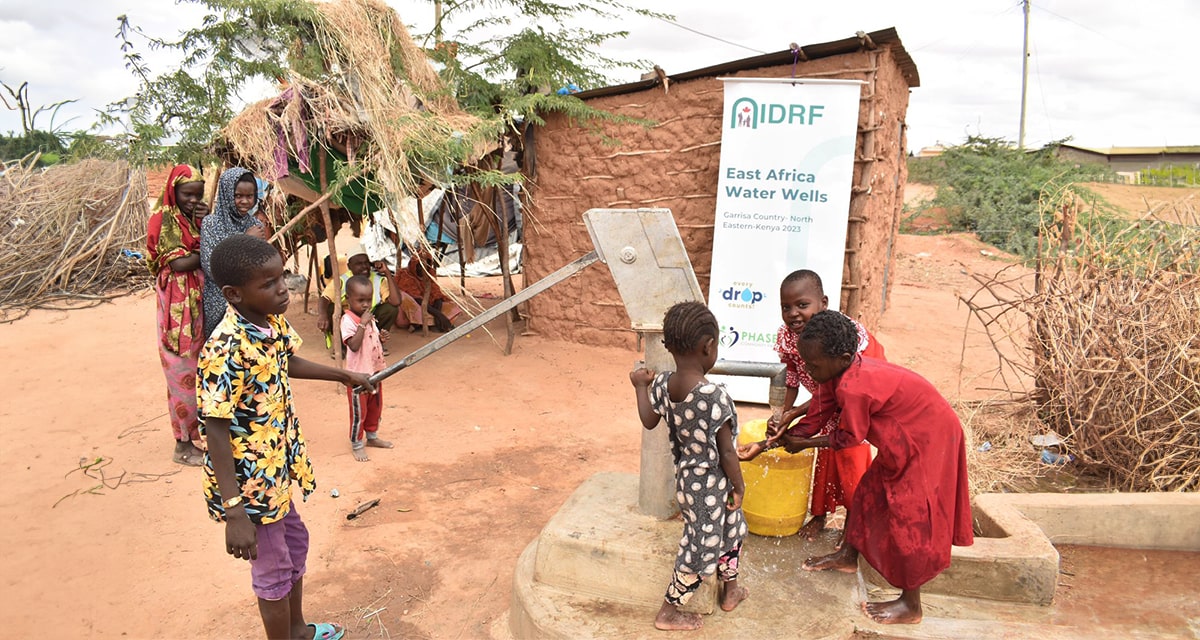
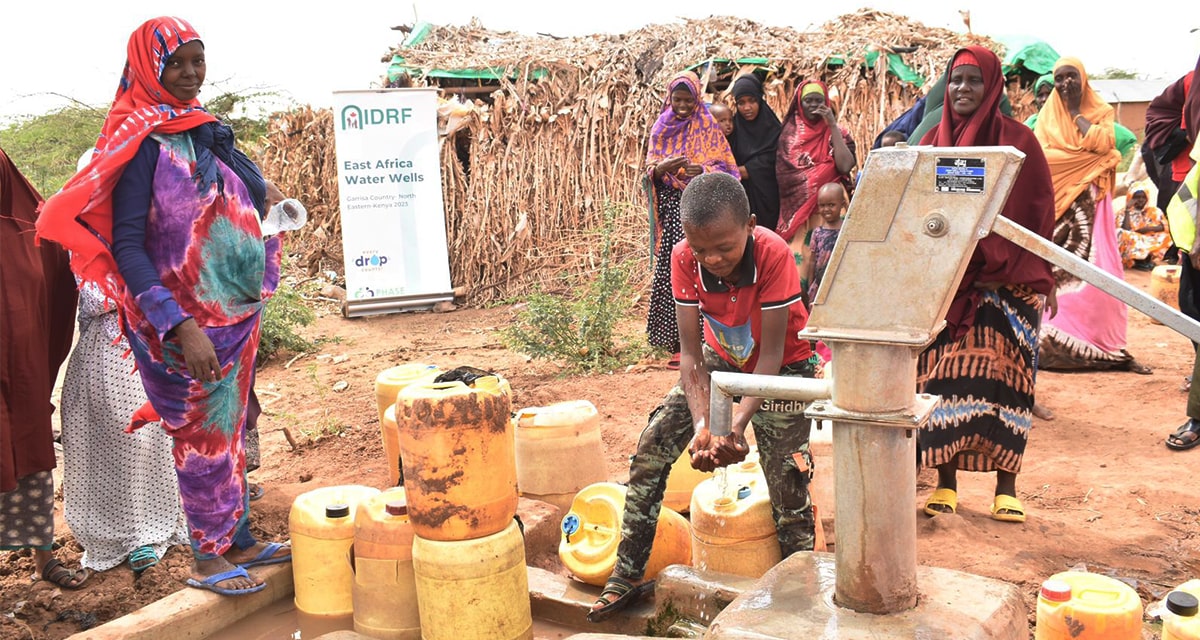
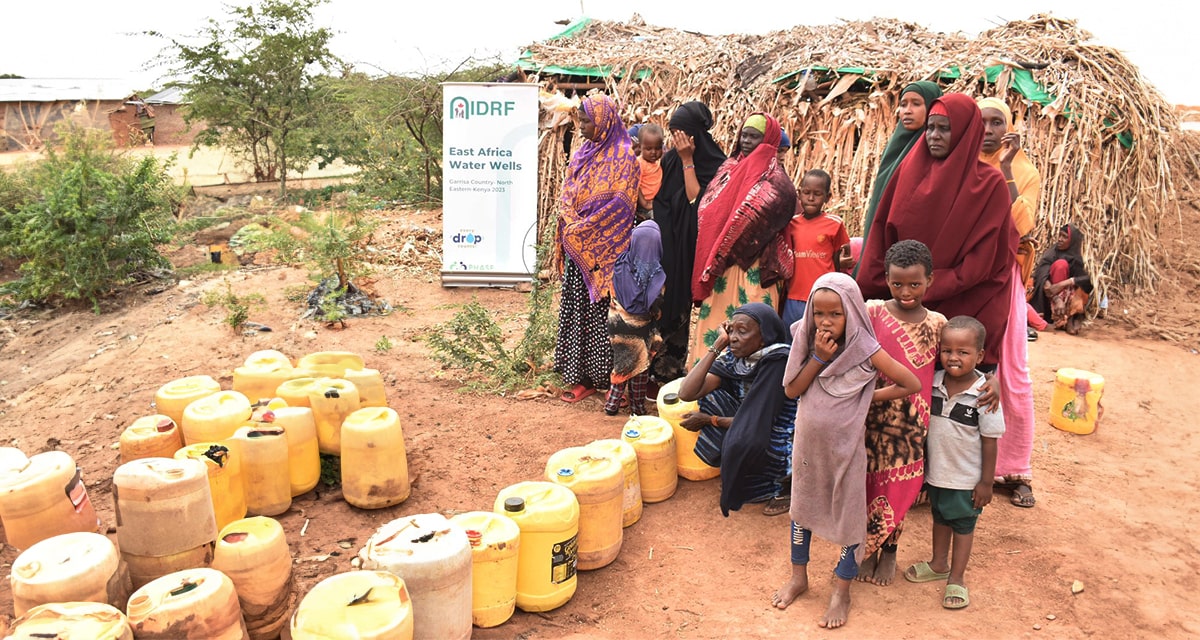
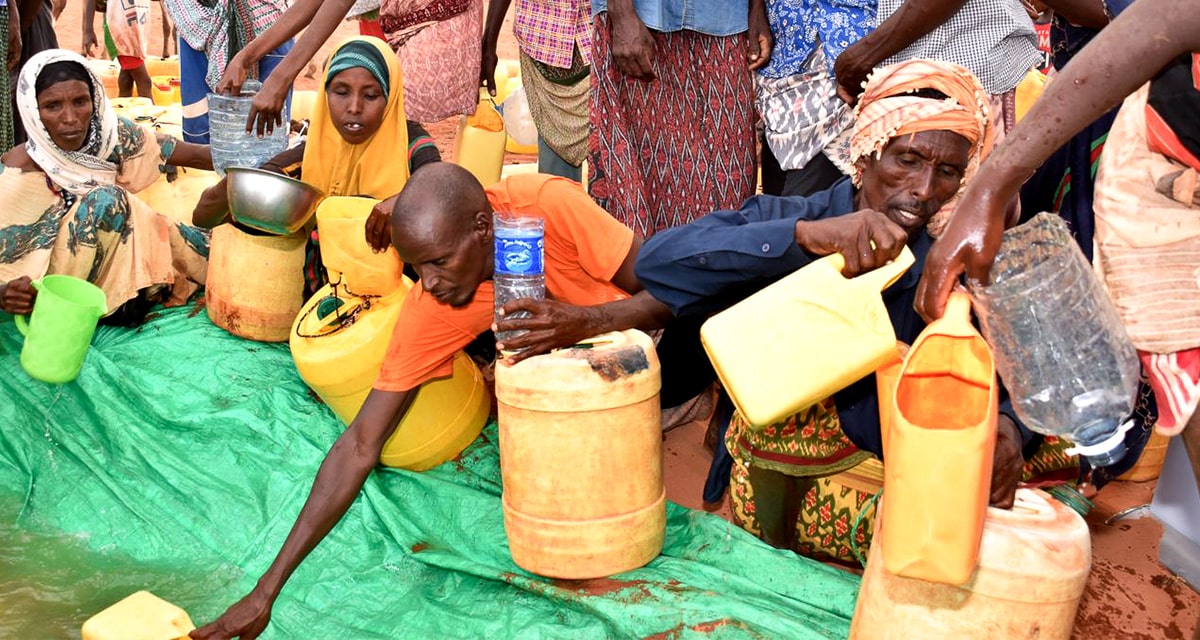
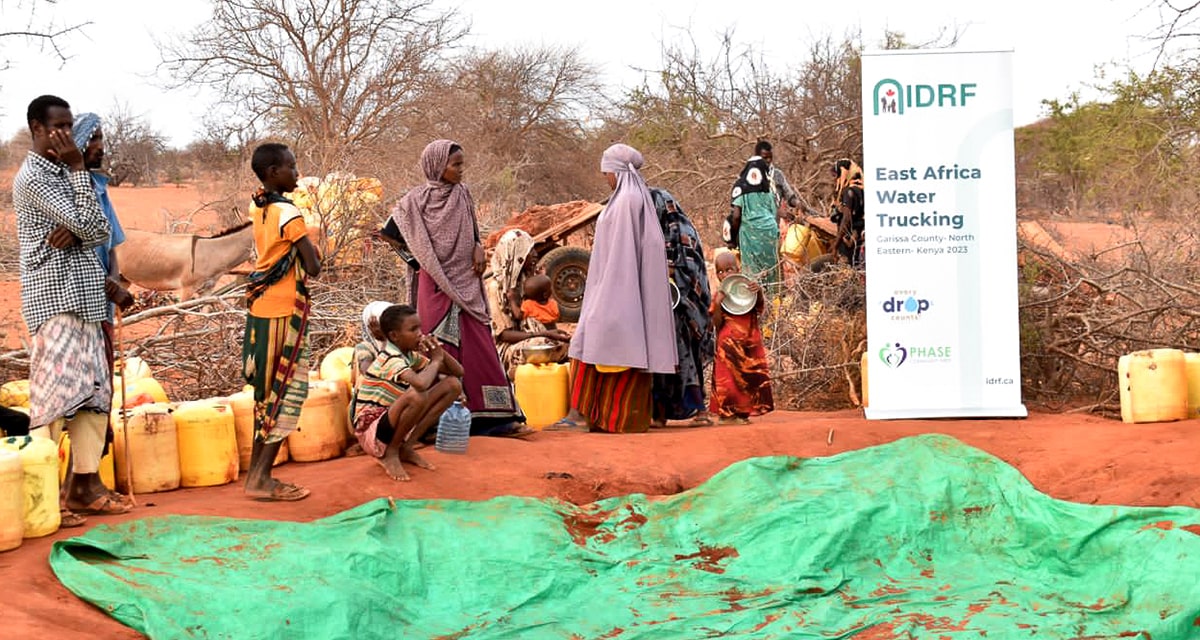
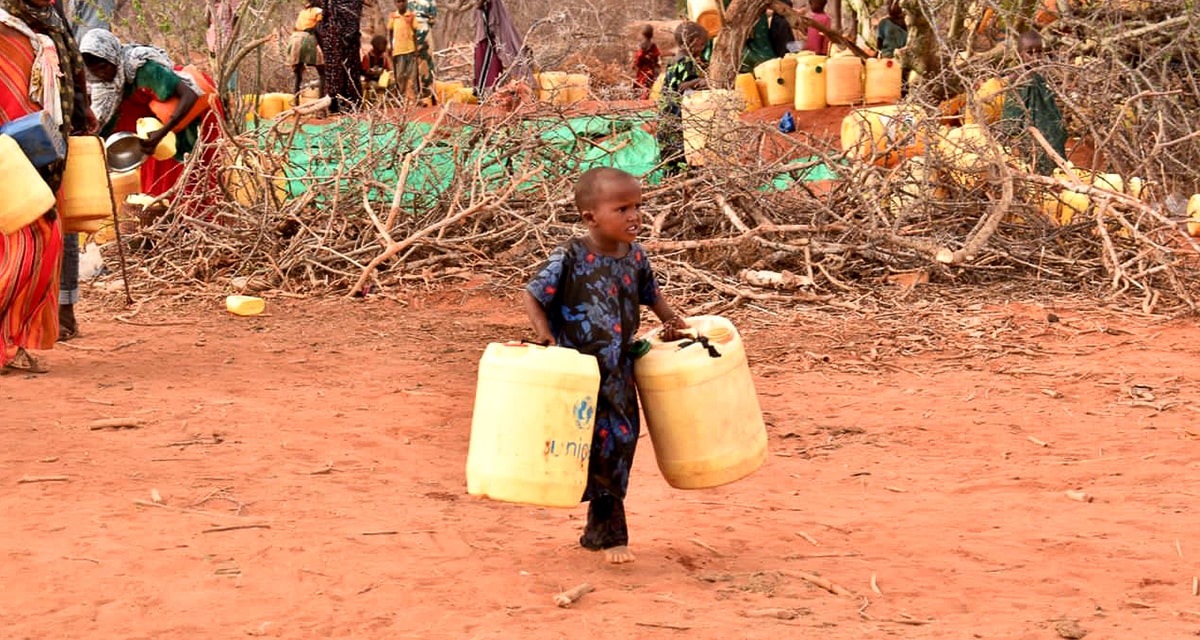
According to the UNICEF, more than 8.5 million people are facing dire water scarcity in the Horn of Africa.
In Kenya alone, millions lack access to safe water due to severe drought conditions. Countless families have had to leave their homes in search of clean water, leading to mass displacement, which often results in worsening hygiene conditions, and disease outbreaks.
To combat the severe water insecurity in this region, IDRF has built 23 water wells in Garissa County, Kenya, effectively providing clean water to 43,750 people across 4 villages.
43,750
people supported in East Africa
Pakistan
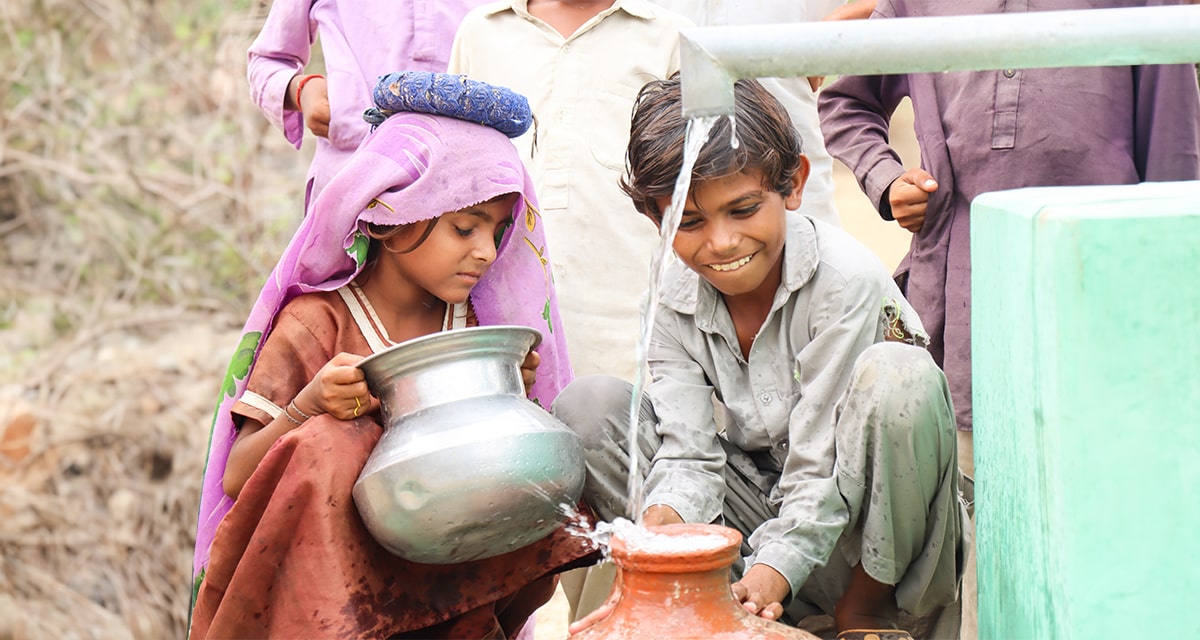
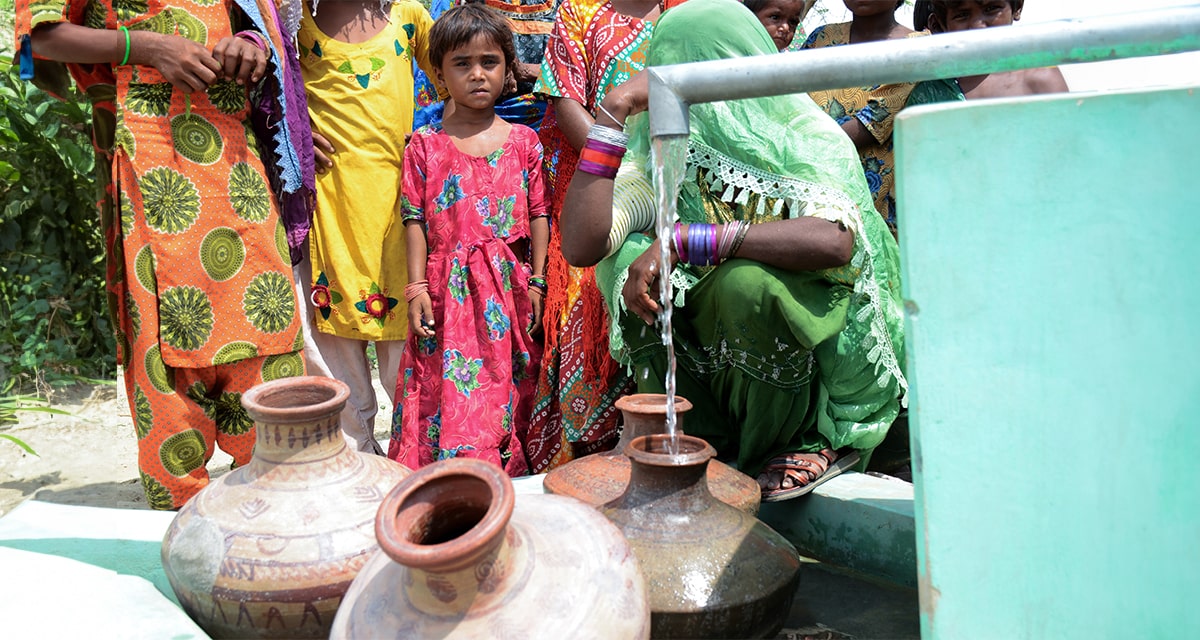
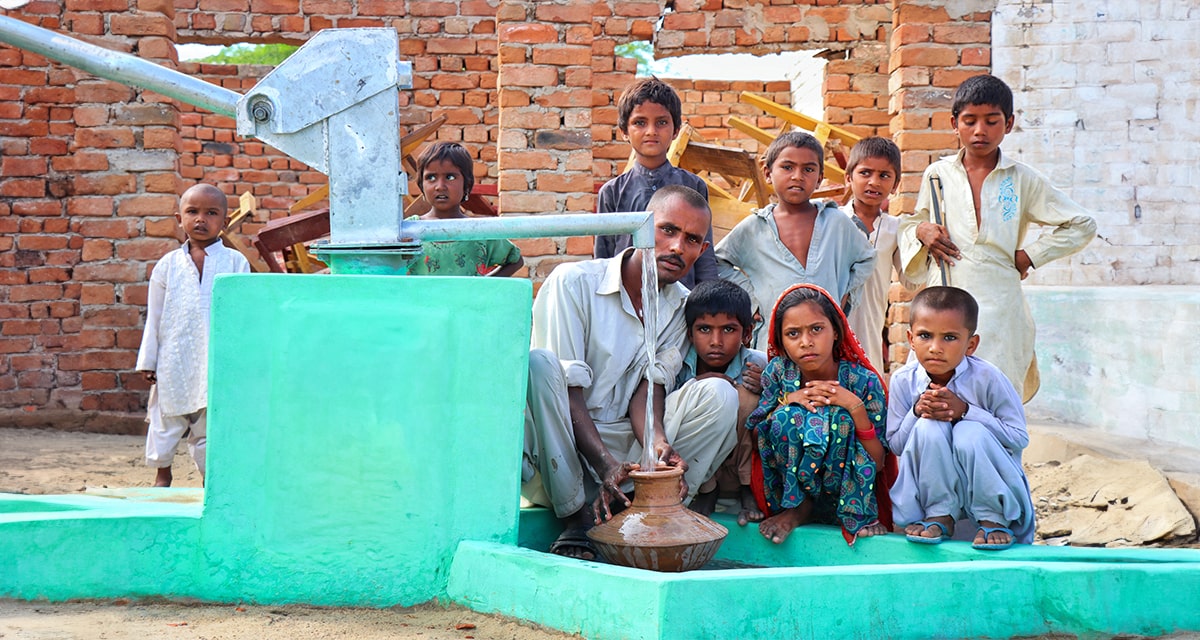
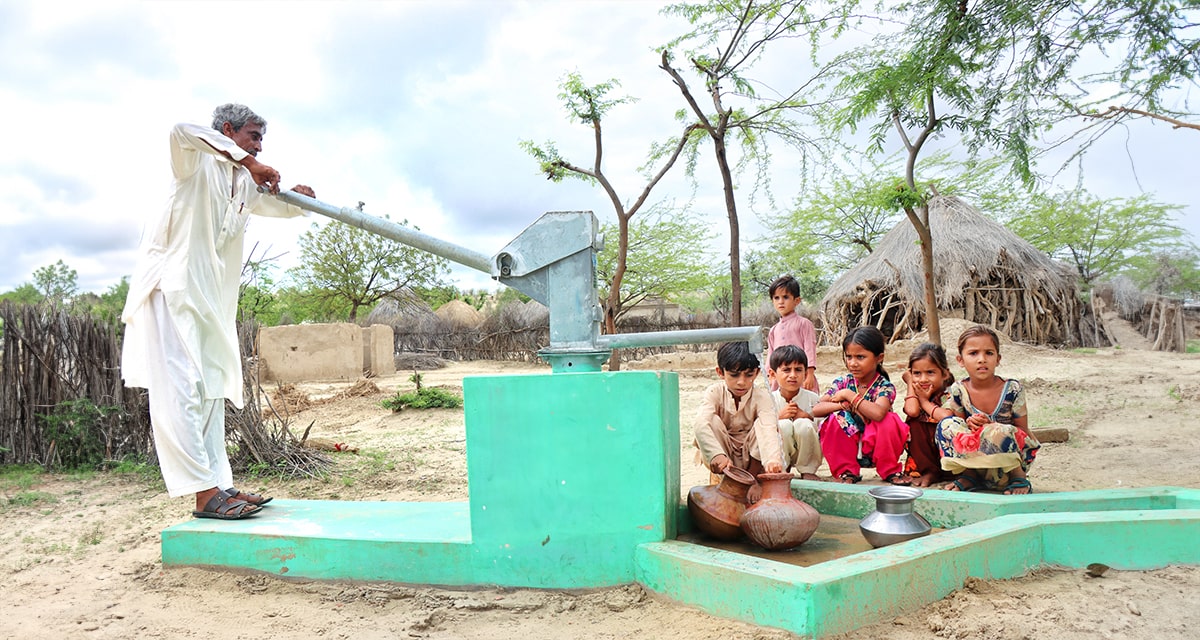
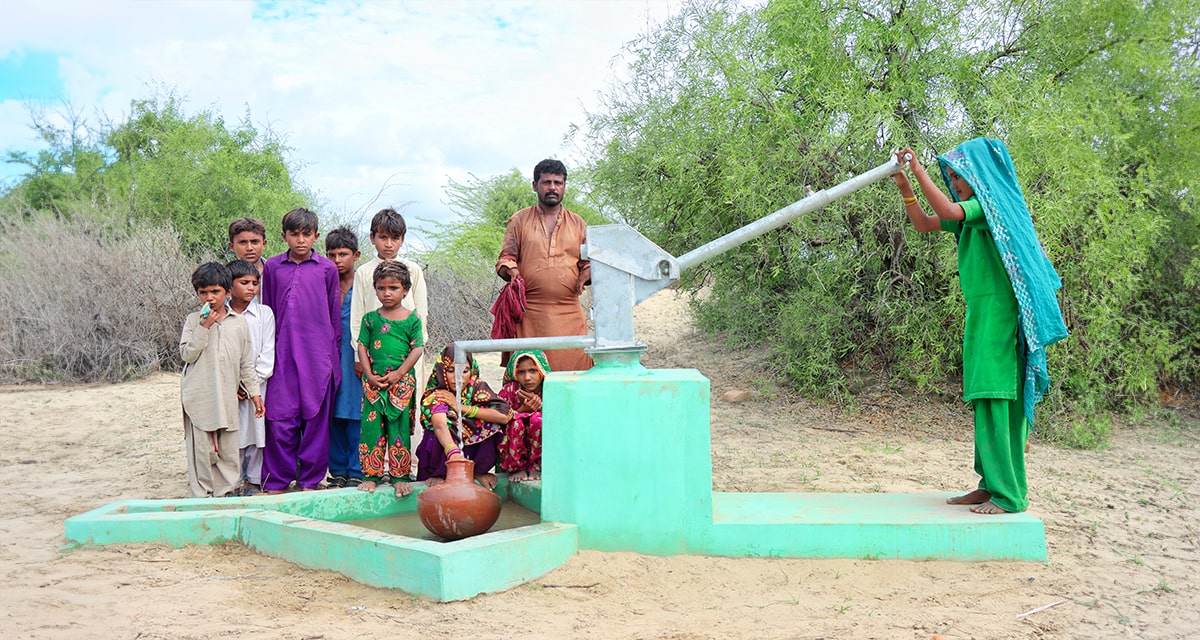
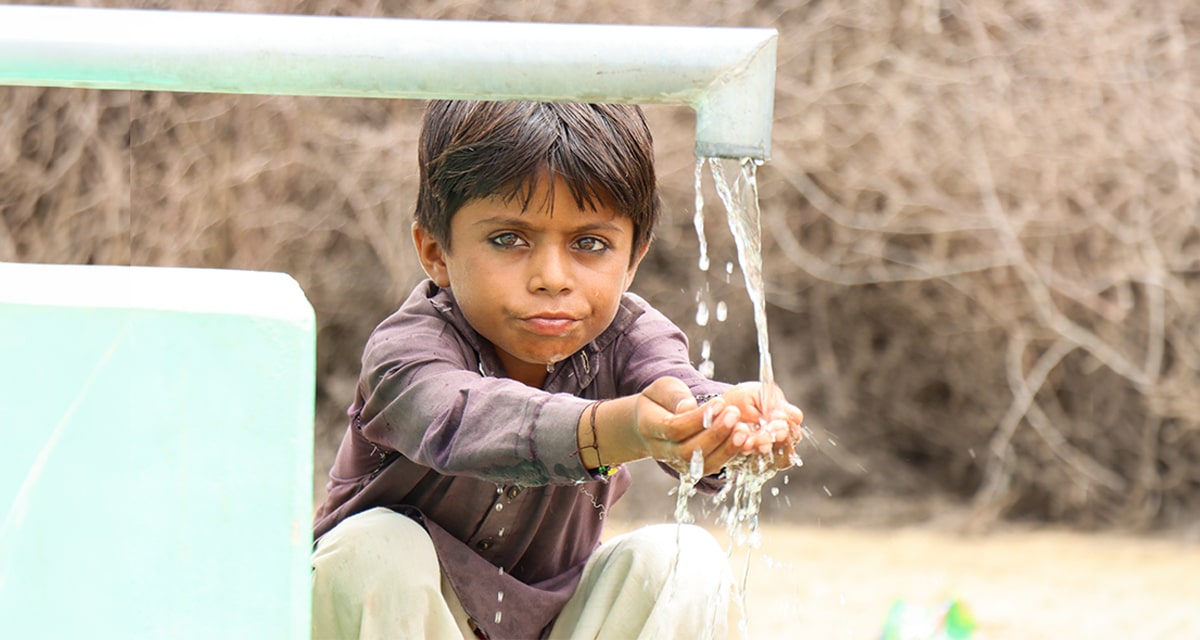
Pakistan is critically water insecure.
Following the floods, over 10 million people still don't have access to clean water or sanitation services. This has been exacerbated by the destruction of homes, and mass displacement of close to 8 million Pakistanis, leaving them vulnerable to widespread disease outbreaks.
In response to this crisis, IDRF has built hand pumps, latrines, solar water wells, and has provided hygiene kits and education, benefiting 12,375 people in the region.
12,375
people supported in Pakistan
Palestine
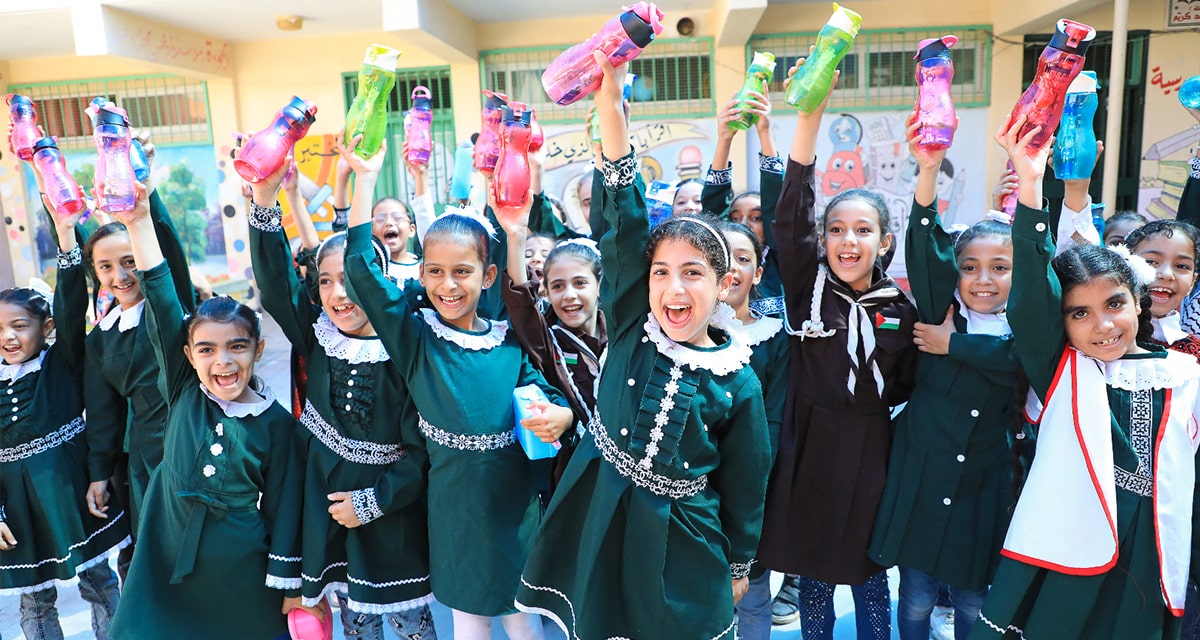
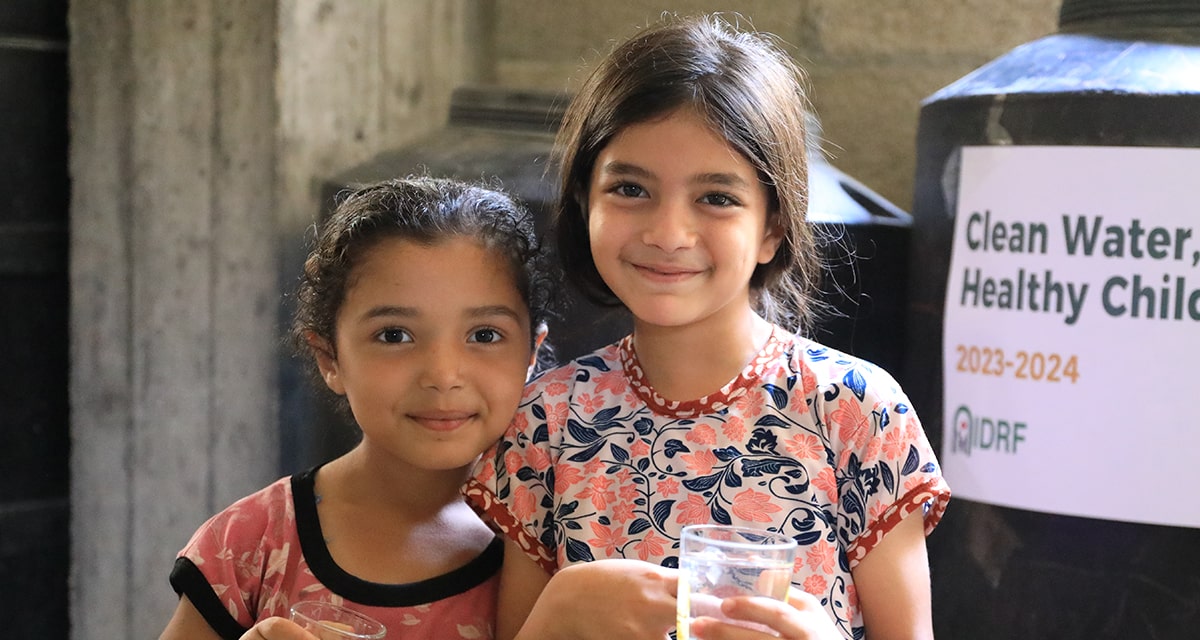
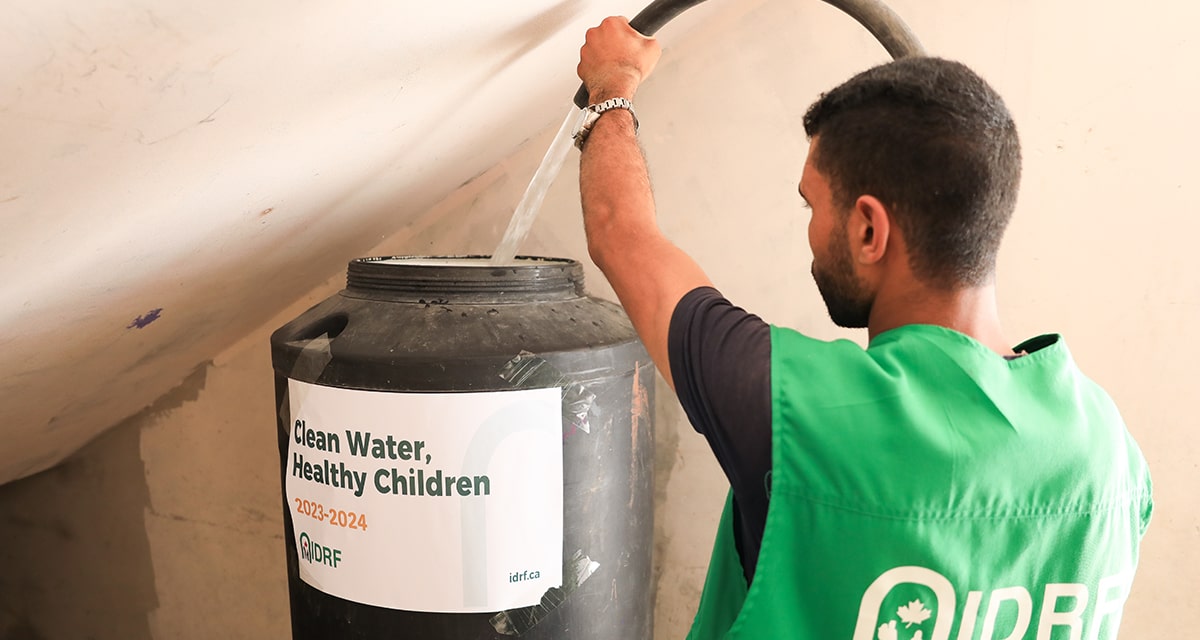
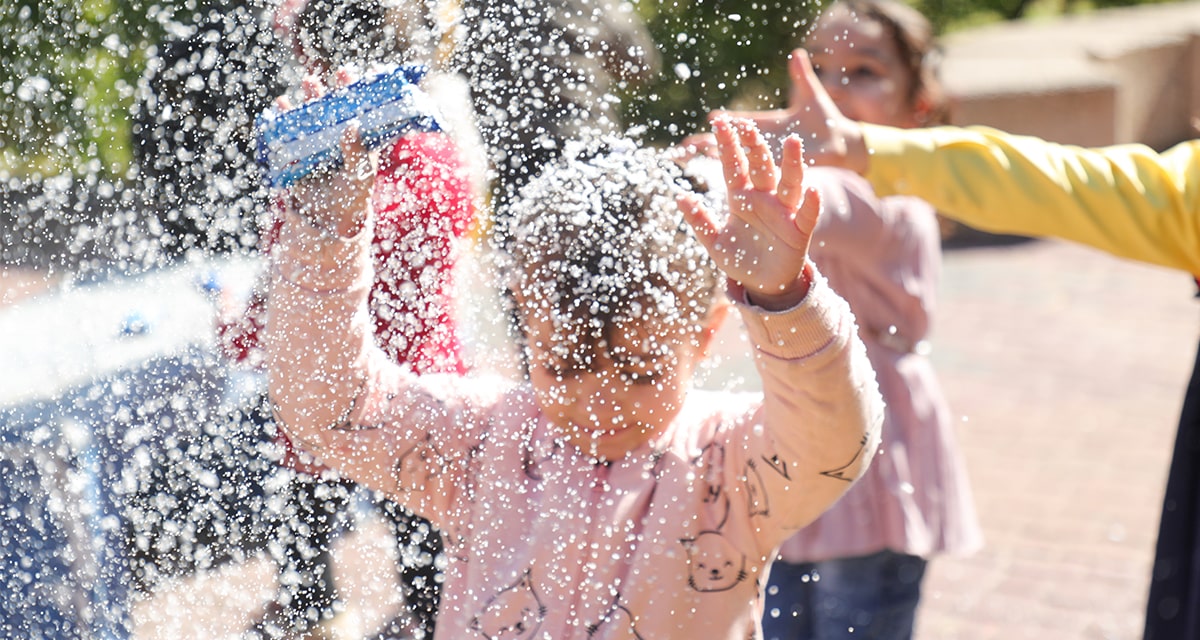
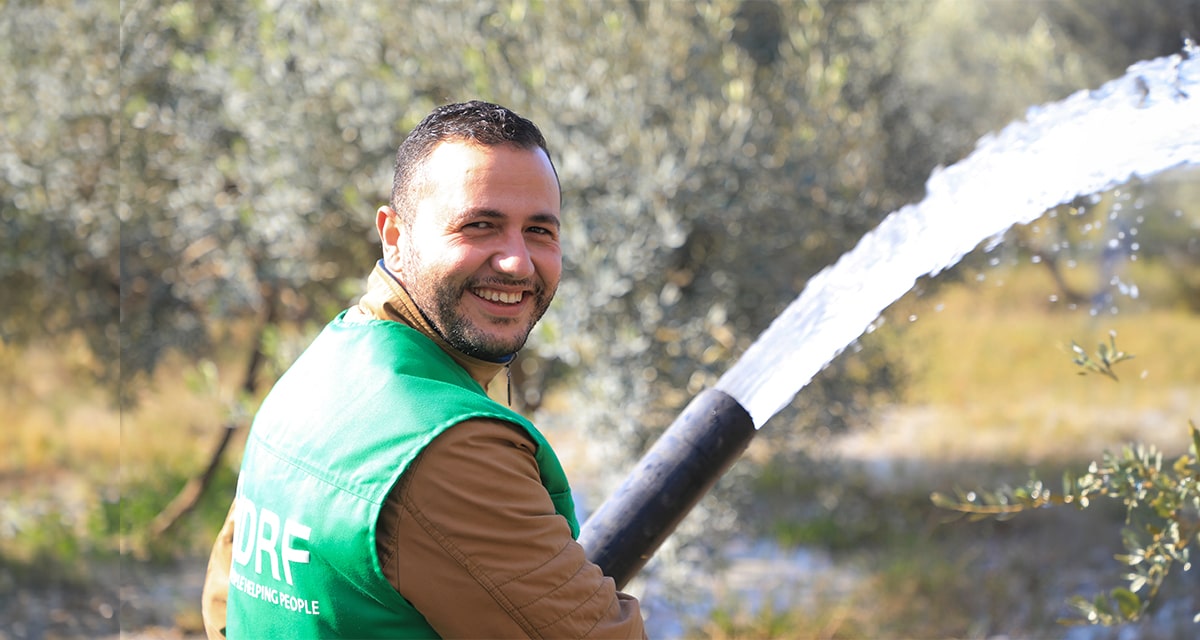
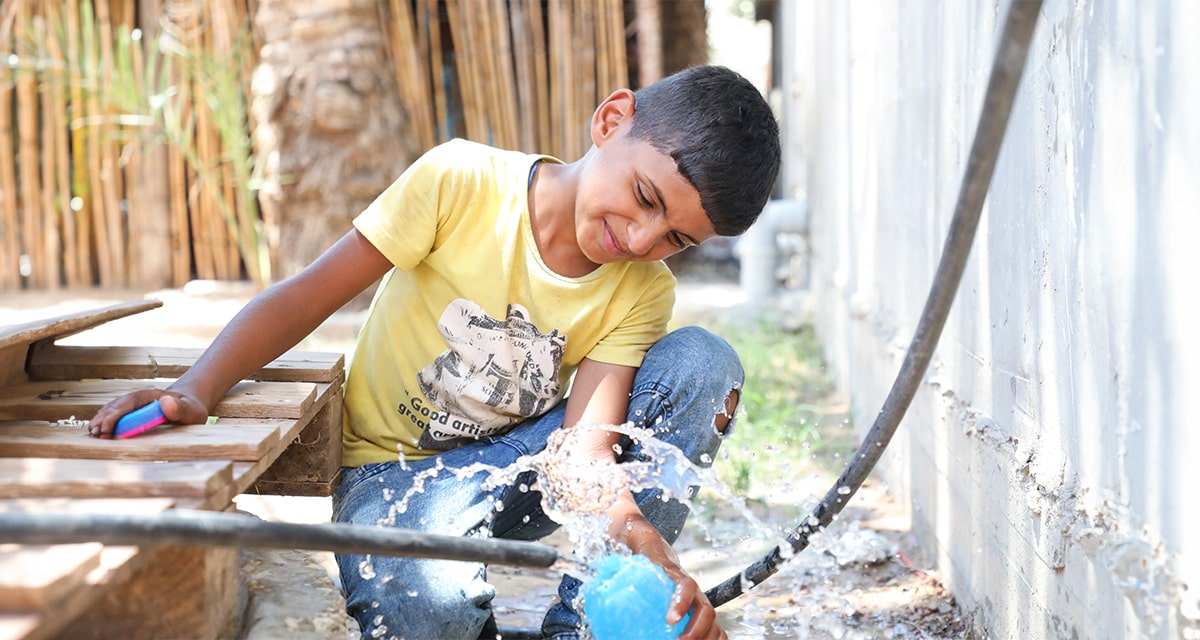
Close to 95% of the water in Gaza is unfit for human consumption.
Access to water is a fundamental human right — however, safe water is rarely available to the people of Gaza. According to the United Nations, of the 33 million people affected, 8 million have lost their homes, half of them children. In addition to homes, roads, and other infrastructure, 4.4 million acres of agricultural land were destroyed, making it near-impossible for families to sustain themselves.
Thanks to our local team, IDRF was on the ground almost immediately after disaster struck, providing food assistance and emergency relief. In addition to this, we built temporary shelters, learning centres for children, and mobile clinics. Our long-term efforts involve ongoing food assistance and rebuilding infrastructure.
17,200
people supported in Gaza
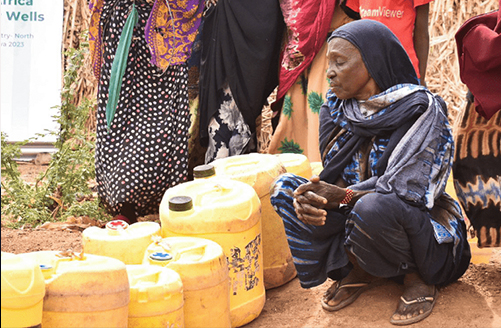
This food and water from you has saved our lives.
Maria Mohamed Mohamud
Garissa County, Kenya
Better Health,
Better Futures
We believe that all people deserve access to high-quality health care.
Whether someone contracts a disease, falls sick, or gets injured, their social and economic conditions should never act as a barrier to medical care.
IDRF’s health programming considers the multitude of factors that play a role in efficient healthcare systems. We believe that in order to produce a ‘Brighter Future’ for all, we must bridge the gaps that exist in local healthcare systems. At IDRF, we do this by incorporating programs that: train medical professionals, provide medical equipment to hospitals, and give access to subsidized or free treatments.
This year, 356,264 people received health care services through IDRF programs.
356,264
people received health care services
Yemen
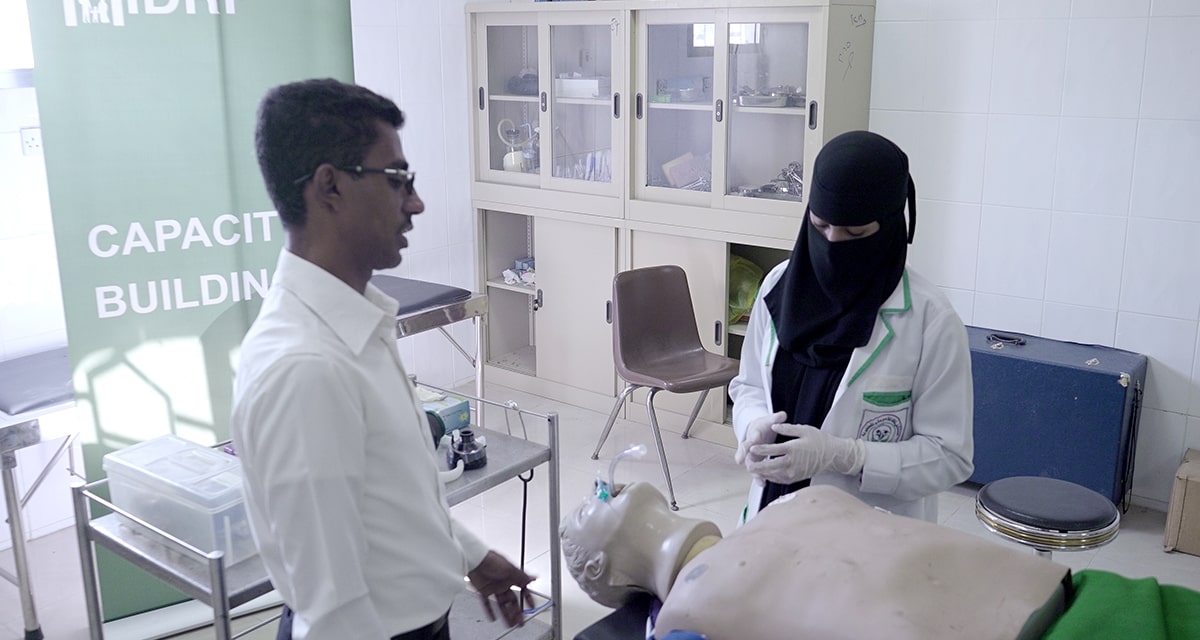
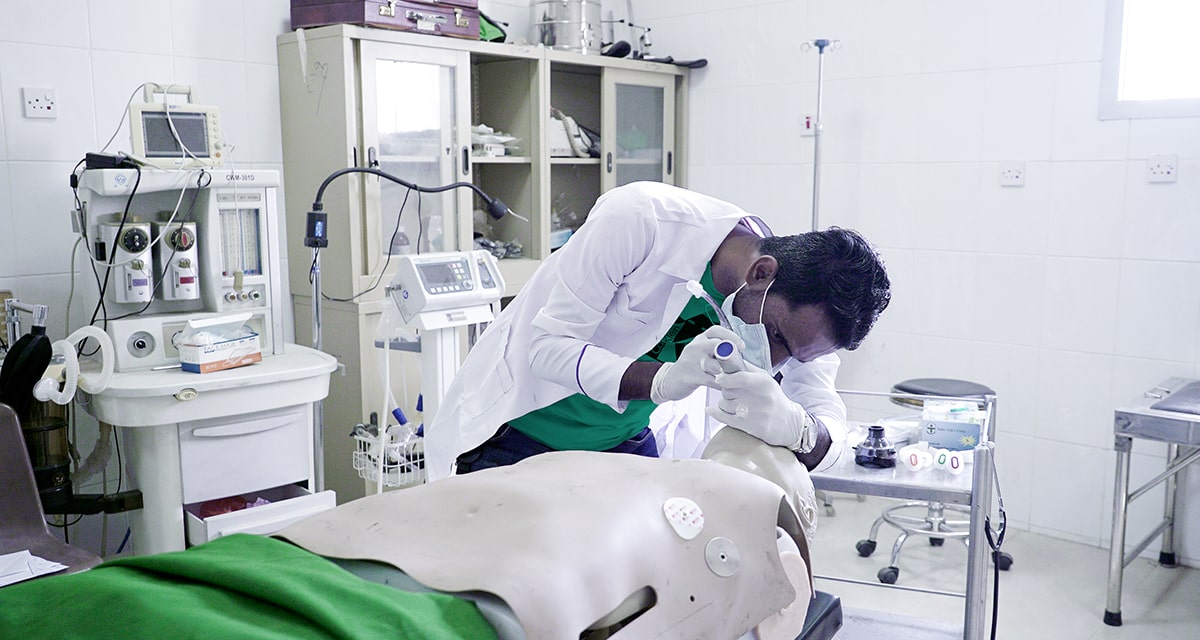
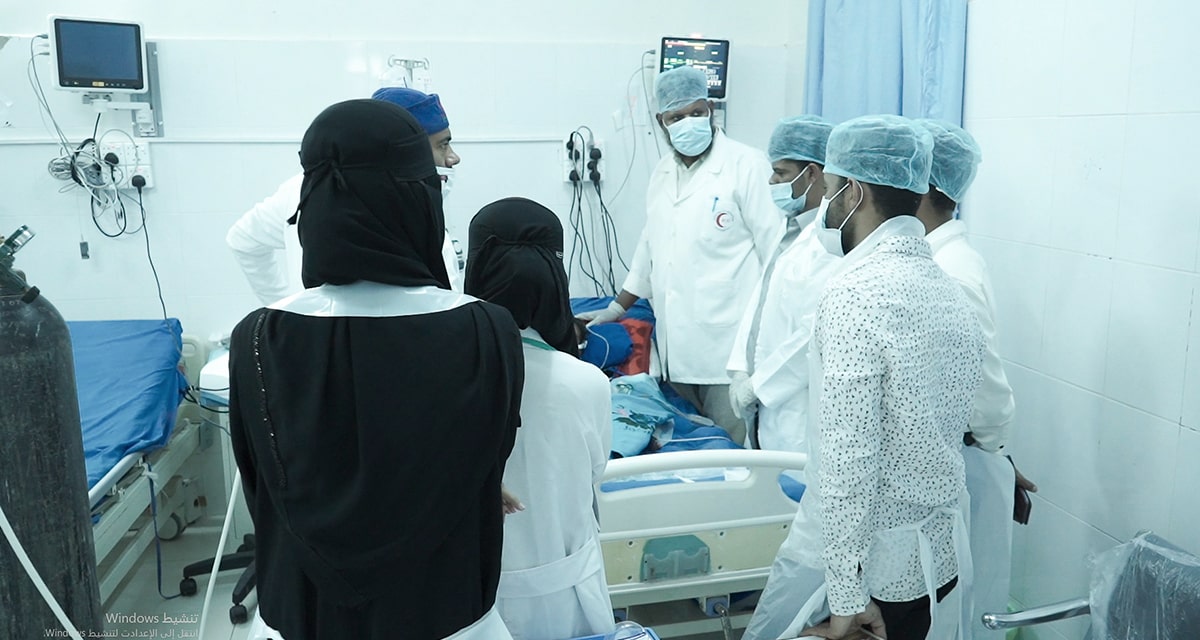
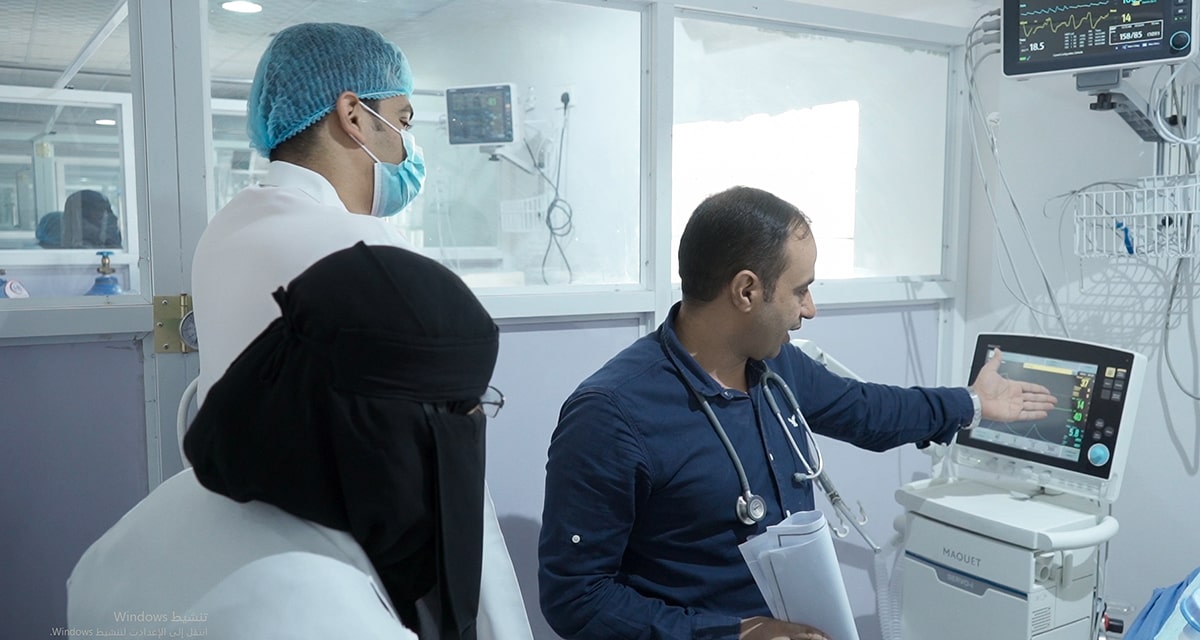
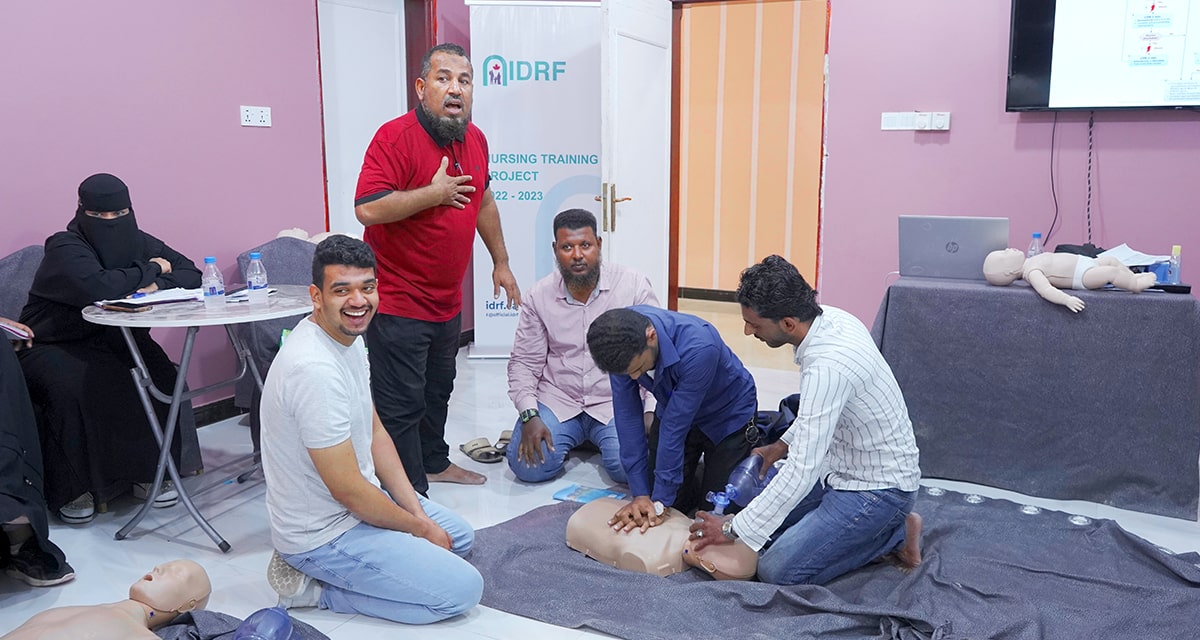
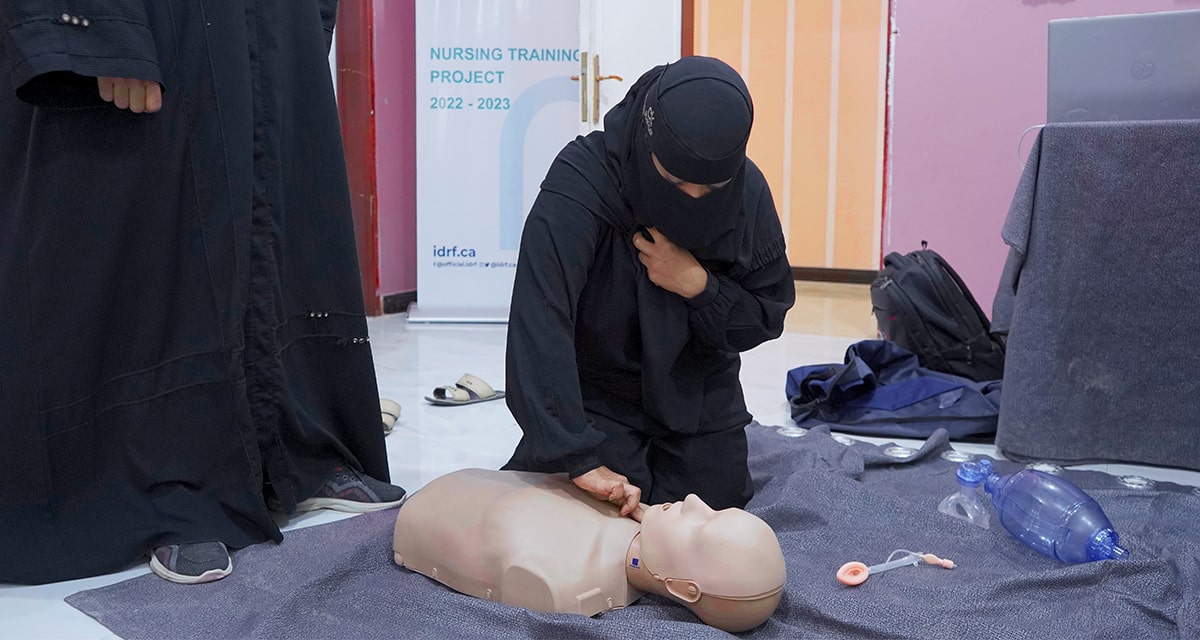
Acute and chronic respiratory infections have been on the rise in Yemen.
However, due to years of conflict and instability, patients are forced to navigate a collapsing health care system with few treatments available to them.
This past year, IDRF initiated a 6-month program to train 100 nurses as respiratory therapists in Mukalla City. Our program trains nurses to be specialized Respiratory therapists certified by Yemen’s Ministry of Health. By equipping them with these skills, we ensure that the people of Yemen receive quality respiratory care.
100
nurses trained in a 6-month respiratory therapists program
Pakistan
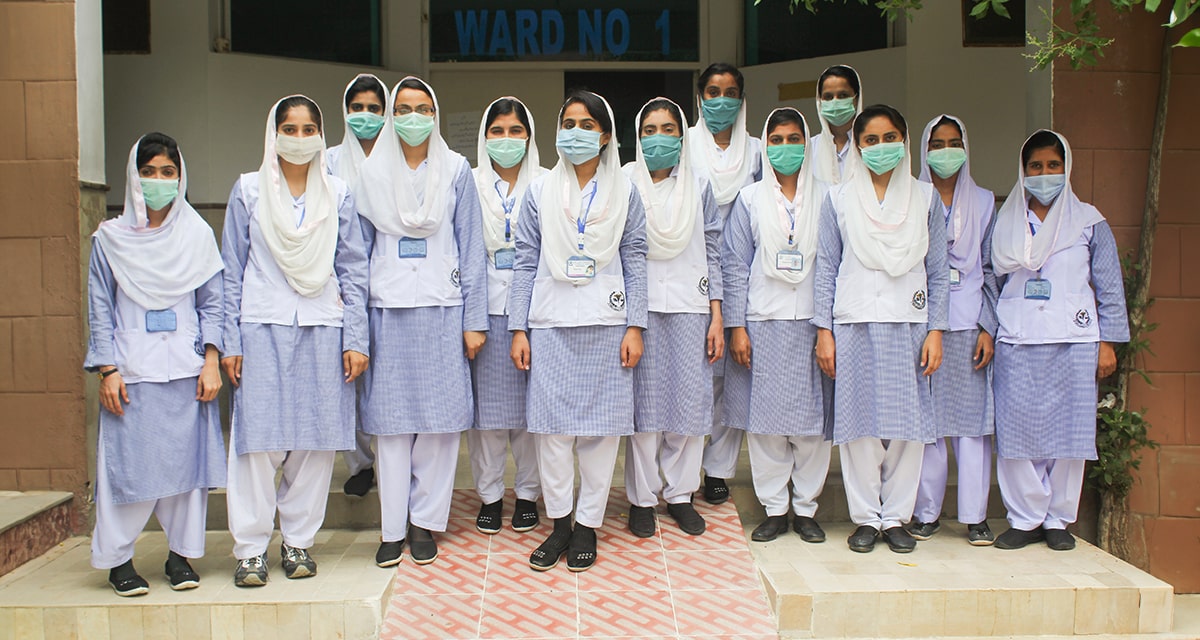
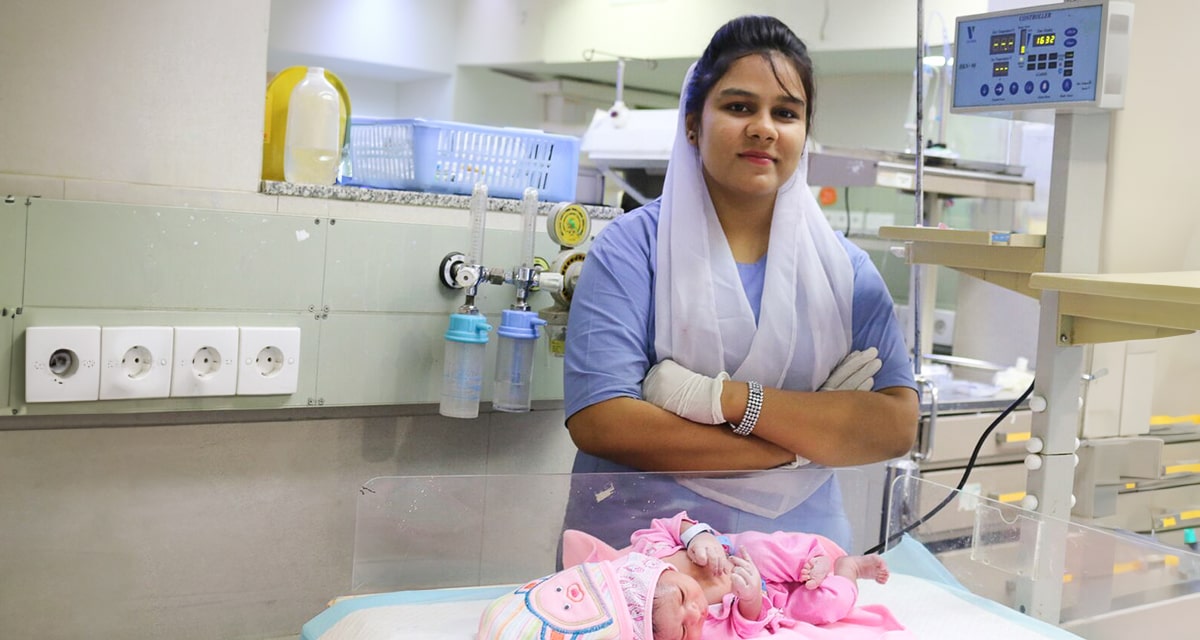
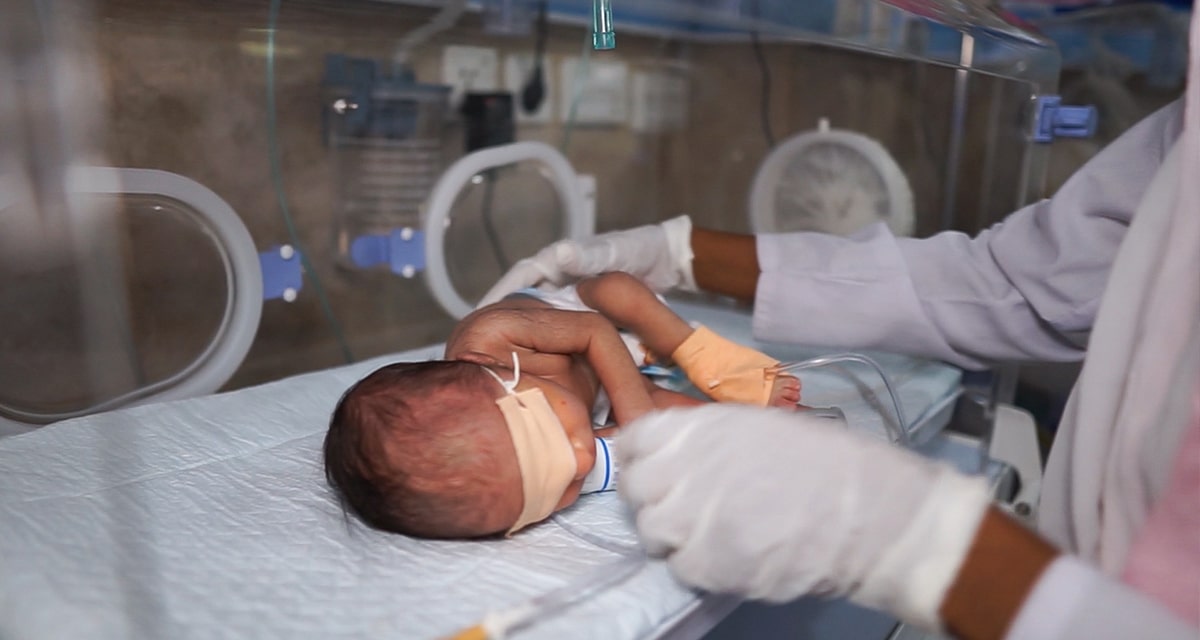
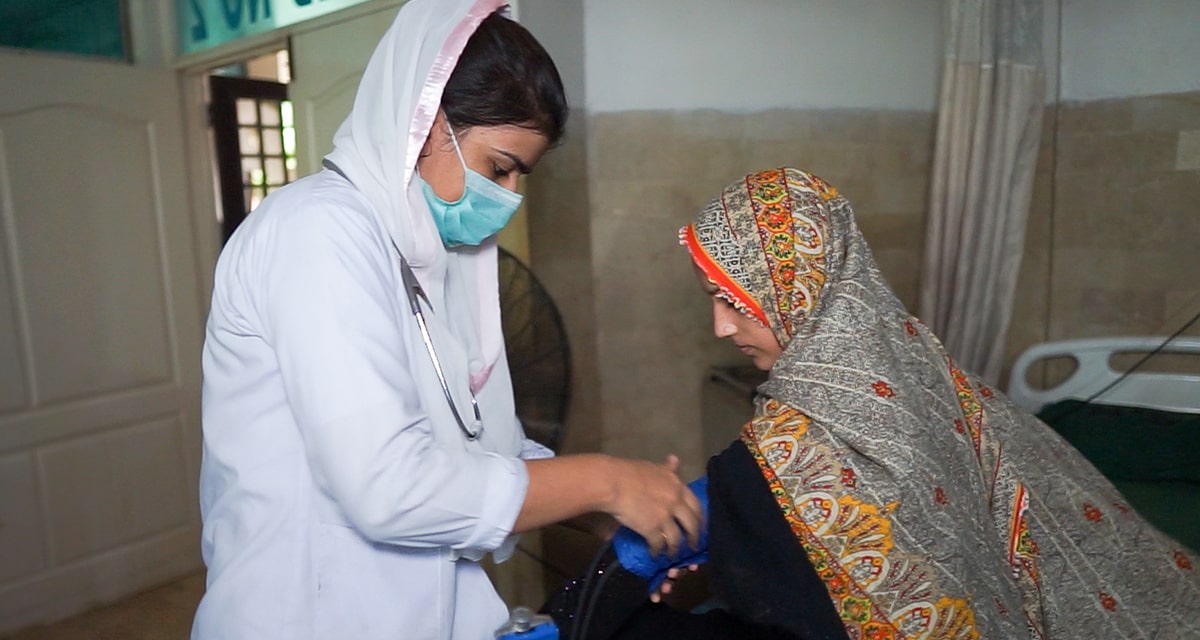
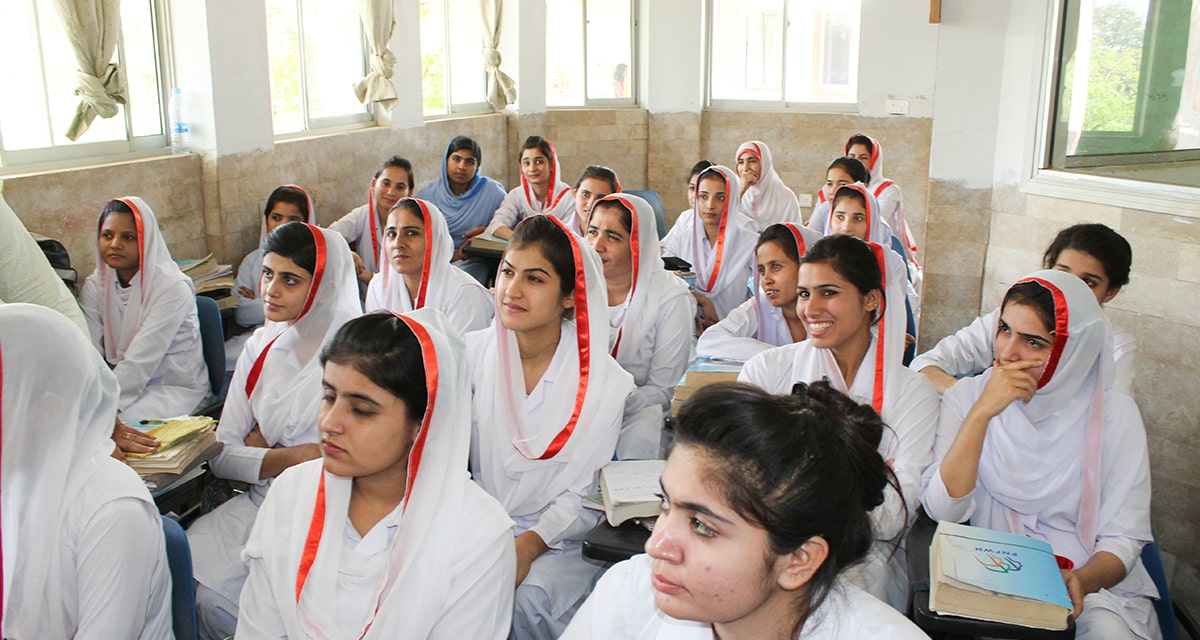
The women of Pakistan face extremely high maternal mortality rates due to inadequate reproductive health care, and a lack of accessibility or knowledge of safe practices.
This issue is significantly heightened in rural communities, where access is even further limited. In order to address the gaps in maternal and newborn care in the region, IDRF trained 50 nurses in a
2-year midwifery program, equipping them with the skills needed to support new and expecting mothers.
50
nurses trained in a 2 year midwifery program
Somalia
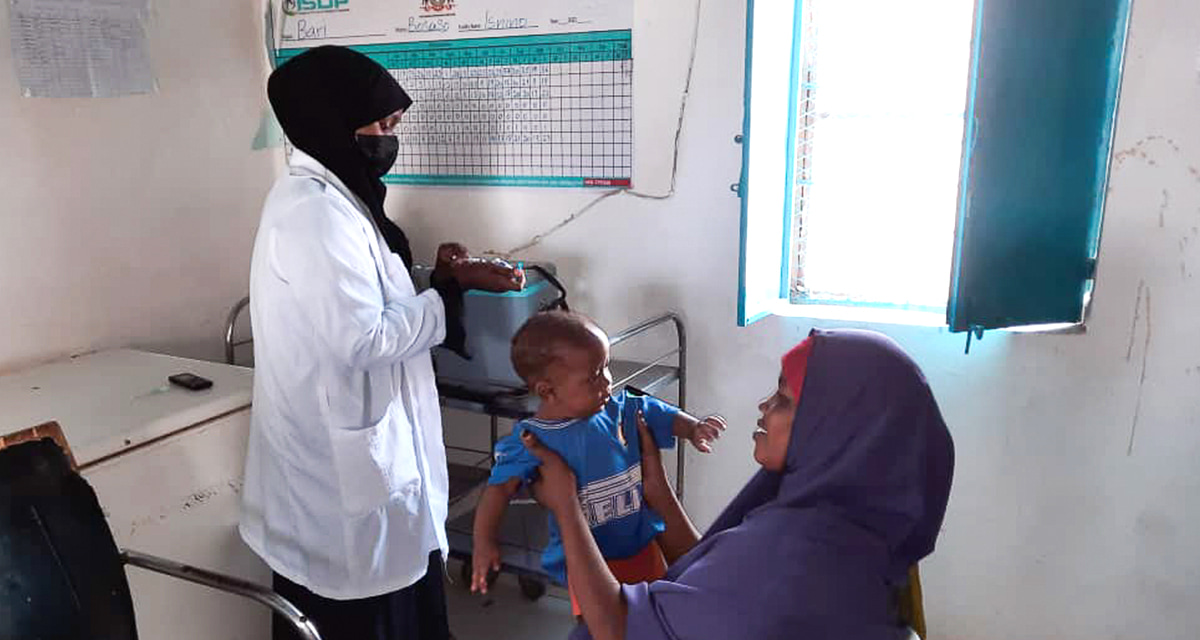
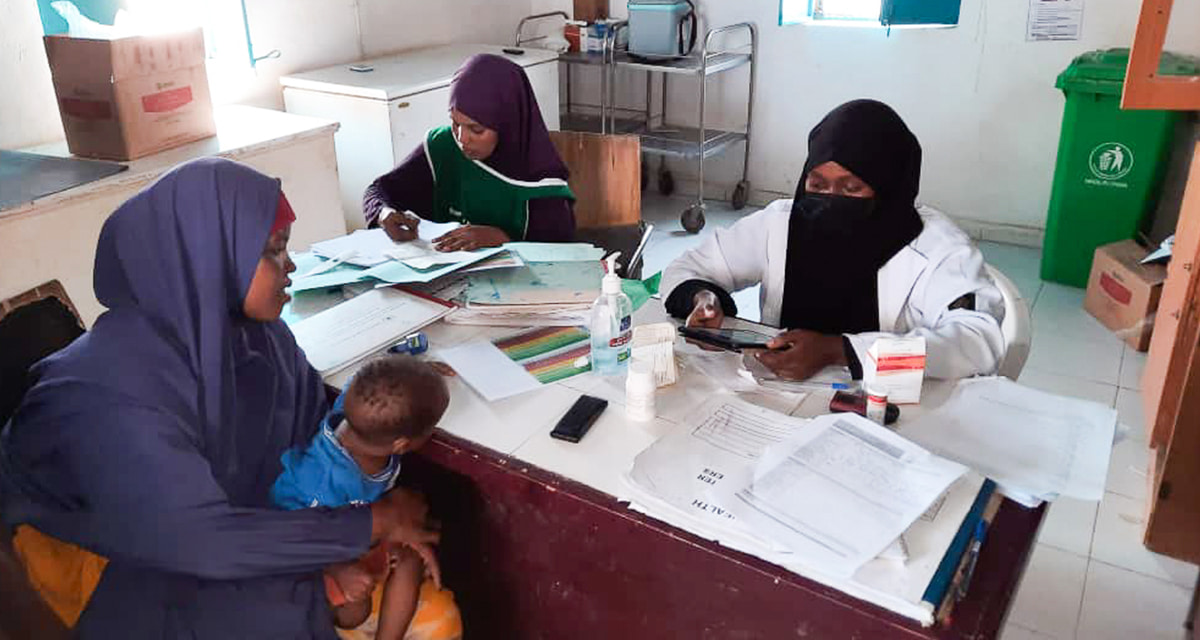
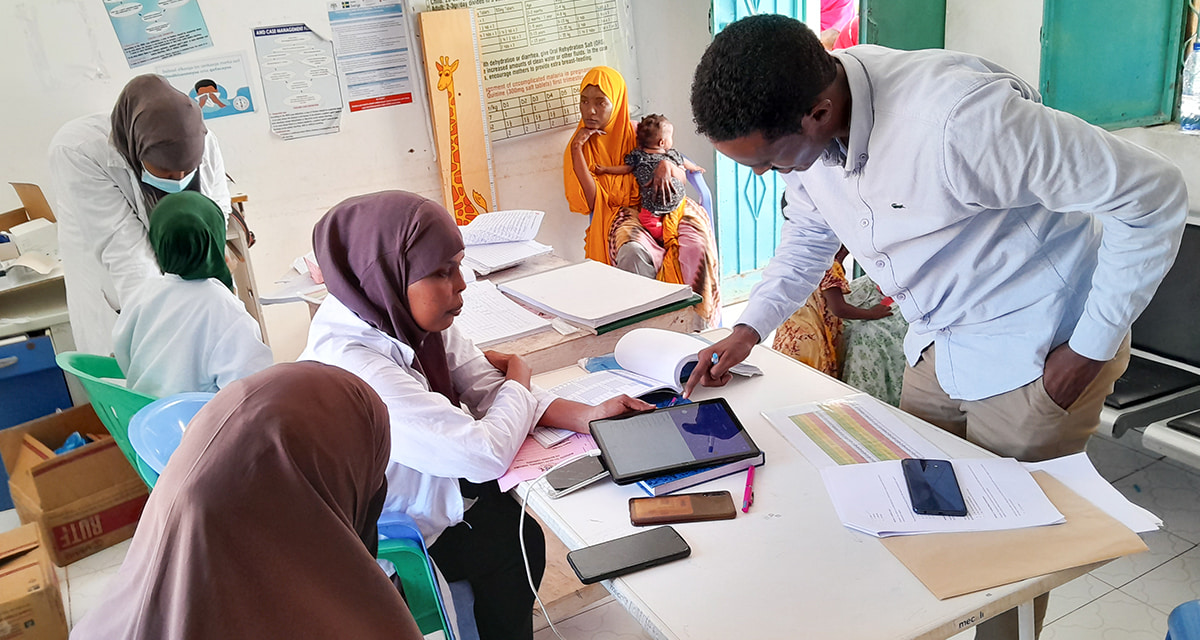
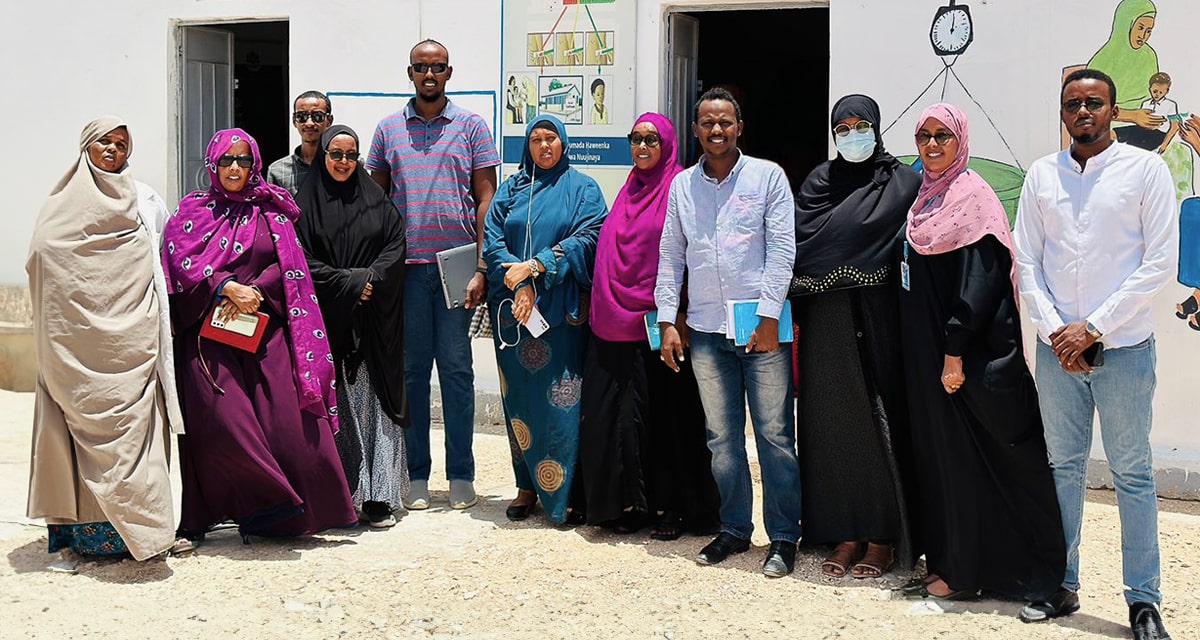
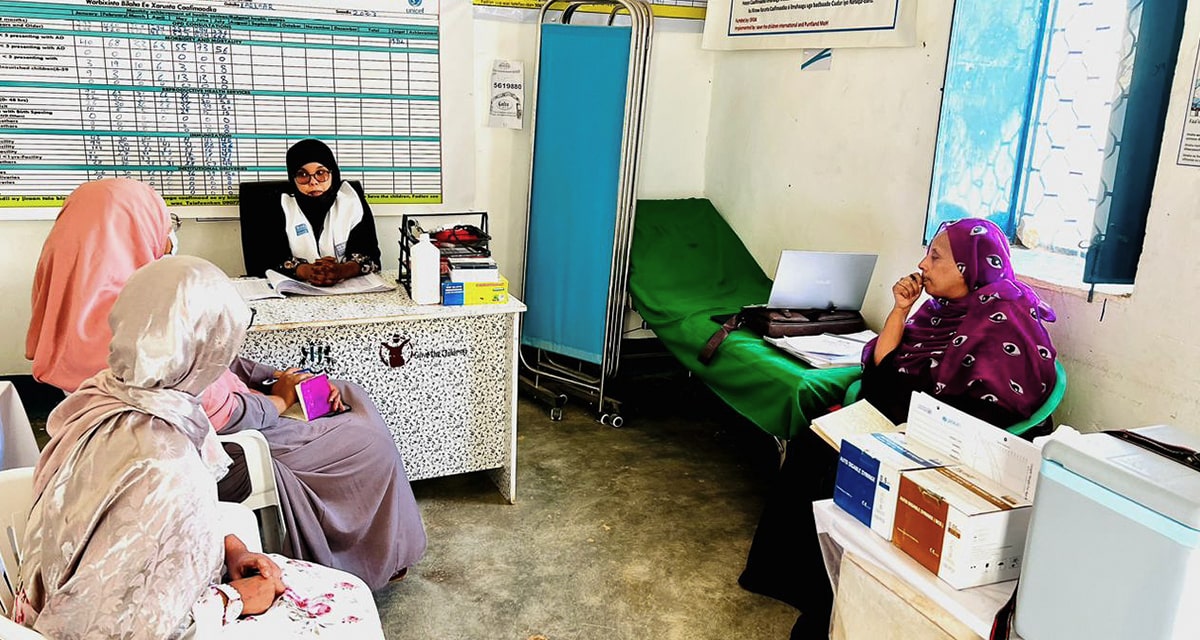
1 in 8 children in Somalia die before the age of 5.
This heartbreaking loss of life is often a result of complications during birth, infections, and low immunization — all of which can be prevented.
By strengthening the local healthcare system in Puntland, Somalia, we hope to reduce infant mortality rates. IDRF, along with the Ministry of Health, has created a digital immunization register to increase and document immunization levels in the region. In doing so, 19,200 children were vaccinated against preventable diseases.
19,200
children supported in Somalia
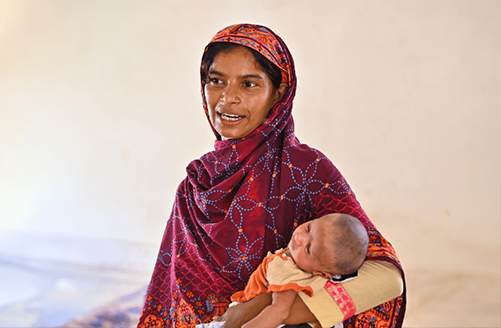
I’m extremely grateful to the midwives who managed this critical situation, and saved the lives of both me and my child.
Shabeera
Jacobabad, Pakistan
Education is the Future
Across the world, 72 million children do not attend primary school, and a staggering 759 million adults are illiterate.
A lack of access to quality education acts as yet another barrier to economic opportunity and progress. With the help of our education and vocational training programs, we hope to equip people with knowledge that will support them for a lifetime, making them self-sufficient and self-confident.
In addition to their schooling, we ensure that children have access to clean water, nutritious meals, school supplies, and psychosocial support. This is a key element of our “Brighter Futures” approach, helping us cultivate a healthy environment where children can remain carefree as they work towards their dreams.
This year, 52,962 people received educational support through IDRF.
52,962
people received educational support
Pakistan
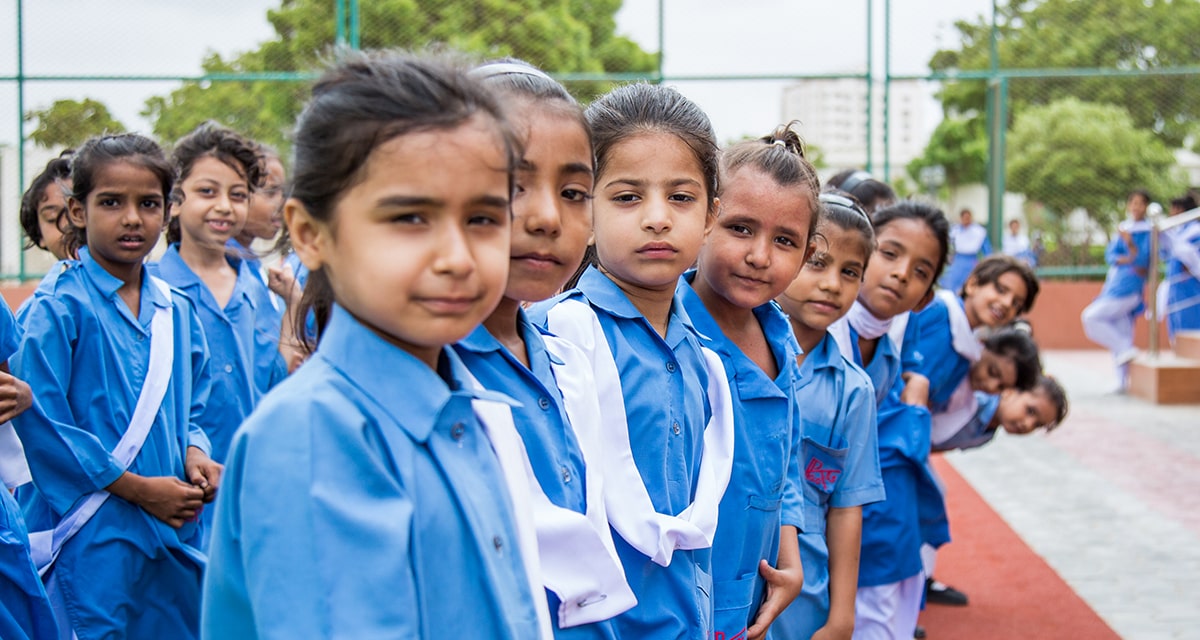
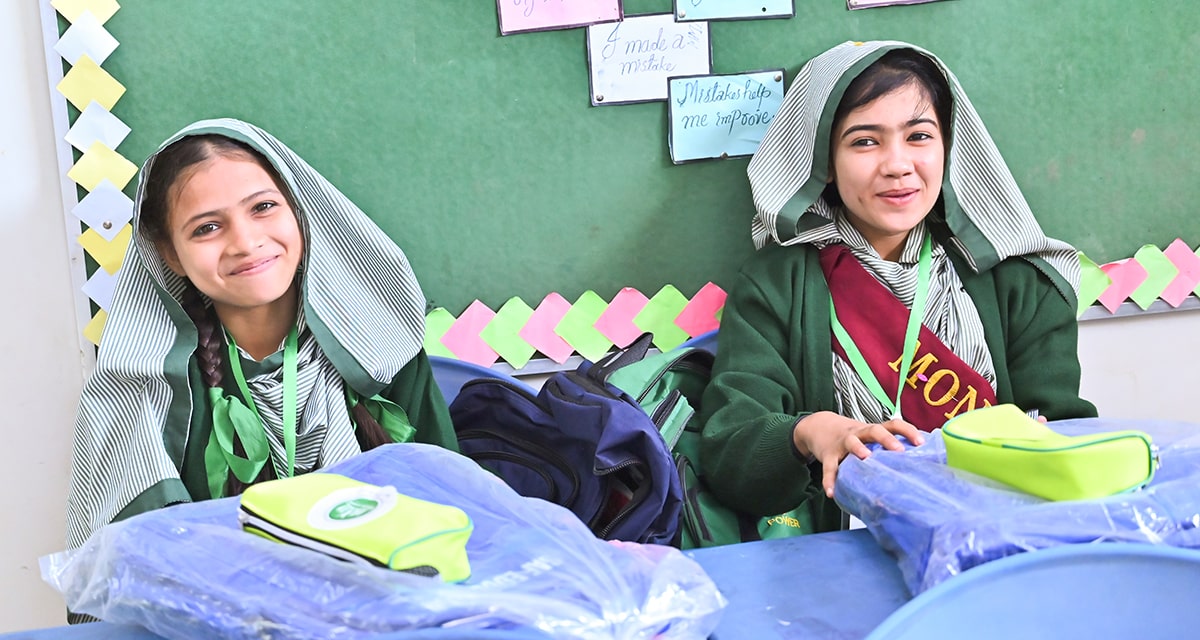
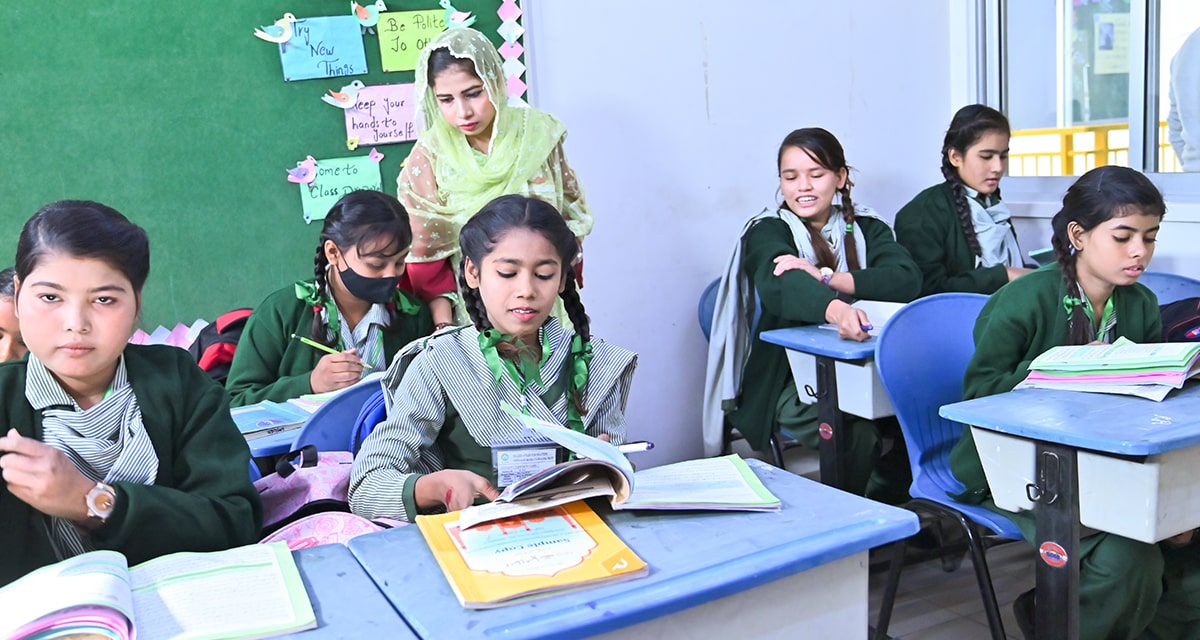
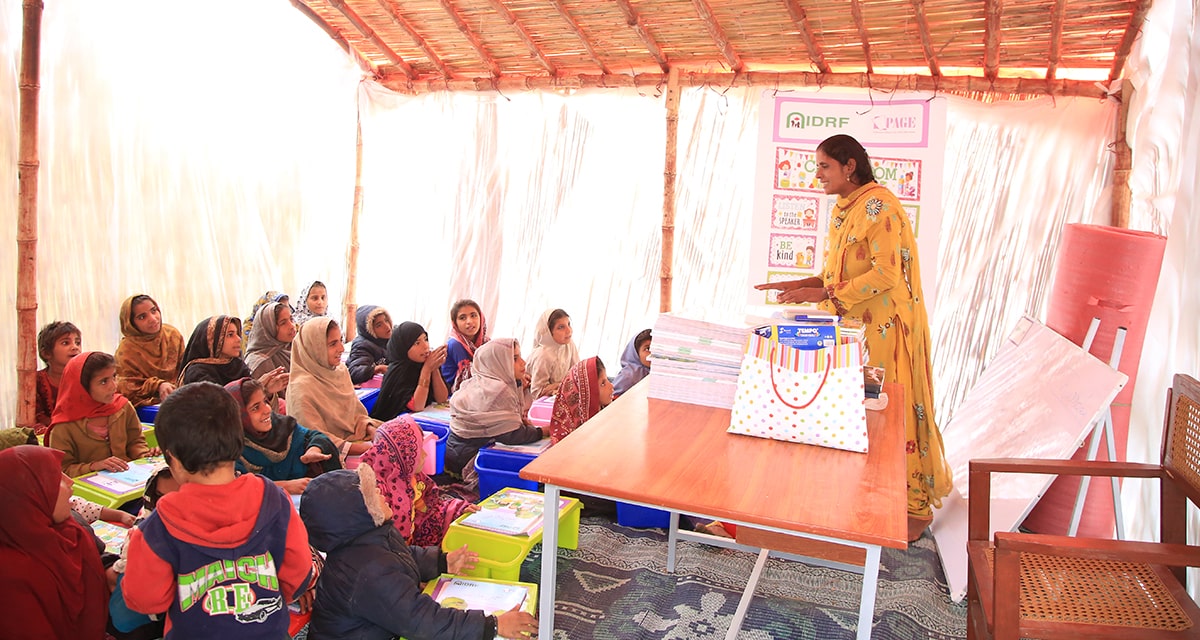
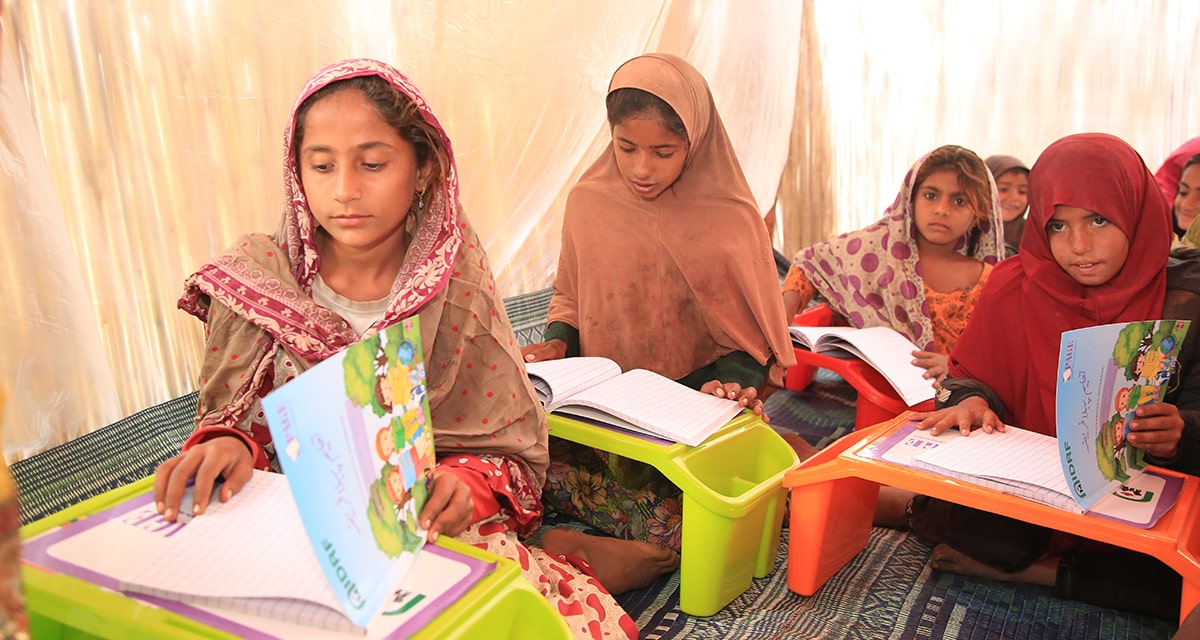
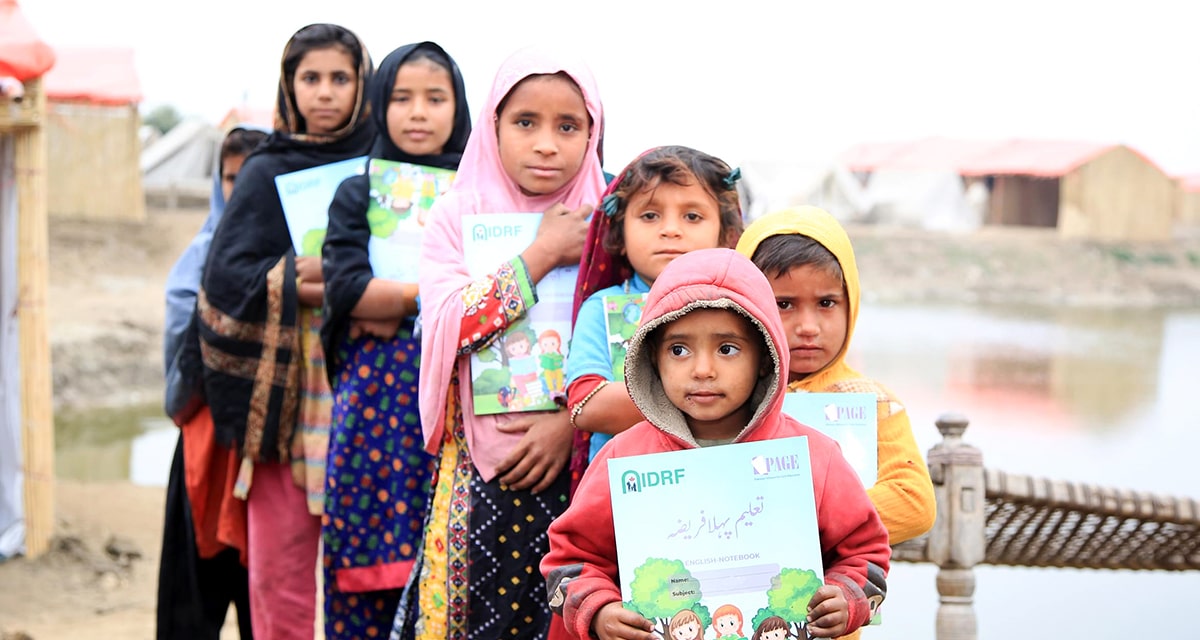
The devastating floods in Pakistan destroyed nearly 27,000 schools, disrupting the education of over 2 million children across the country.
Many schools that are still standing continue to be used as shelters, and are no longer open to students. To ensure that children can continue pursuing their dreams even in the midst of a crisis, IDRF is building Temporary Learning Centers in Pakistan.
This year, we provided 5,025 students in Pakistan with education support.
5,025
students supported in Pakistan
Palestine
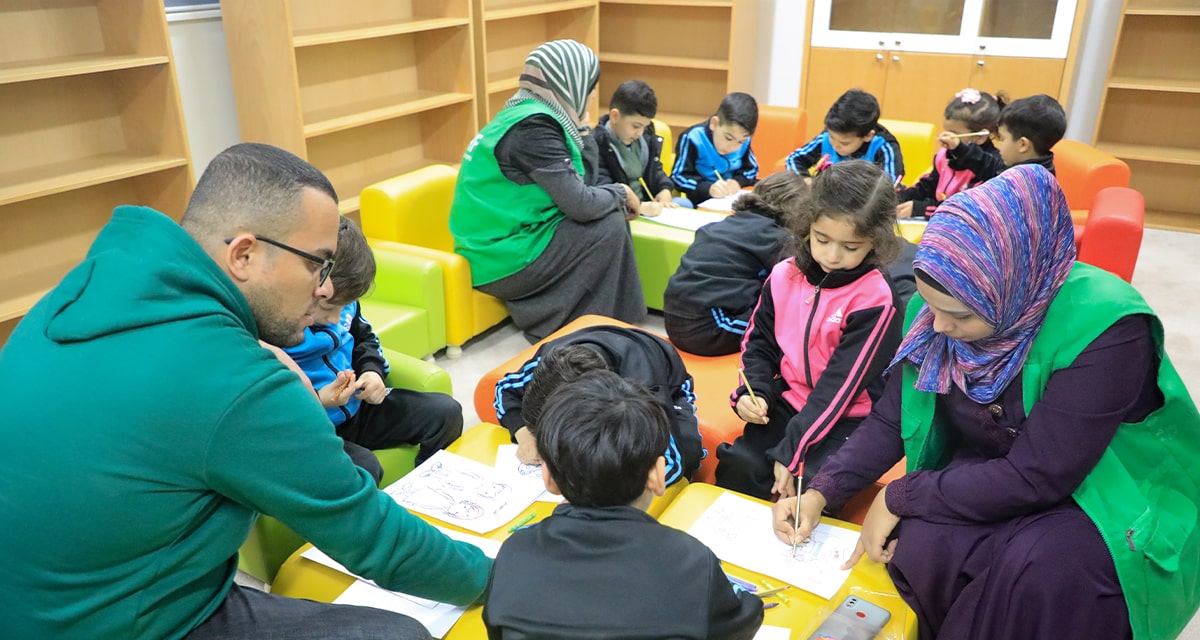
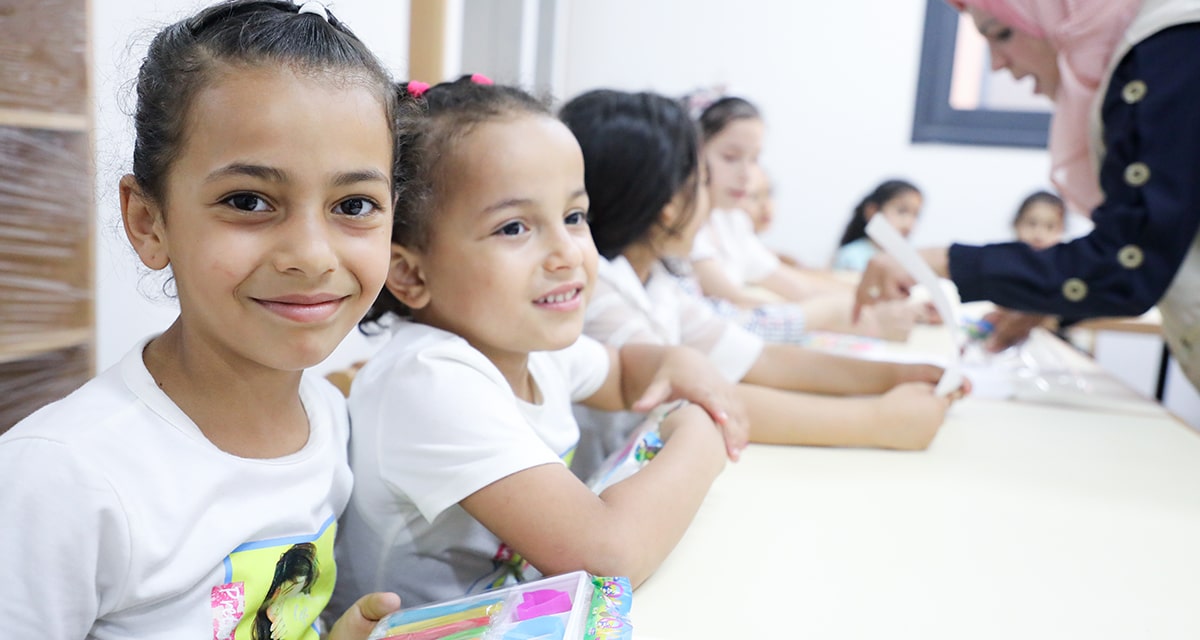
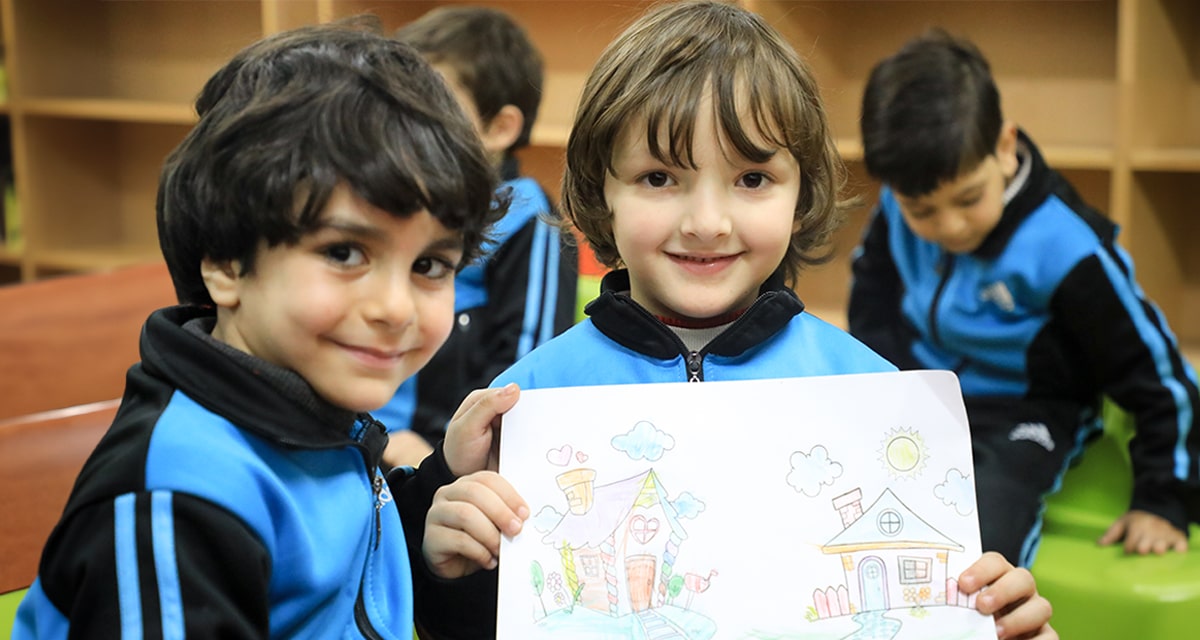
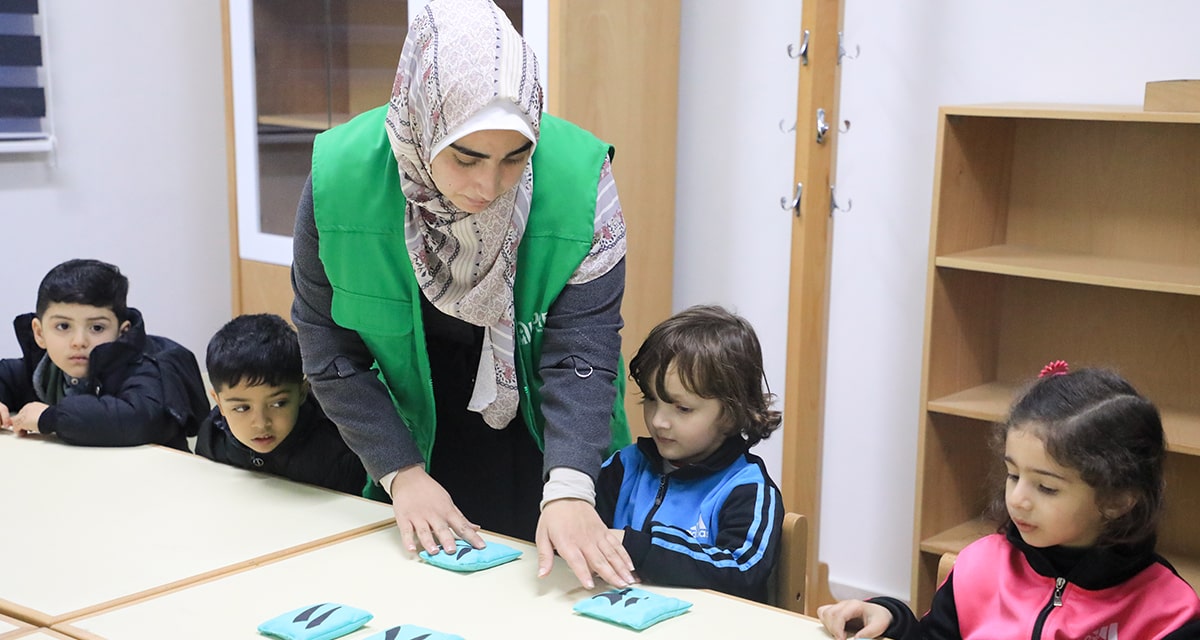
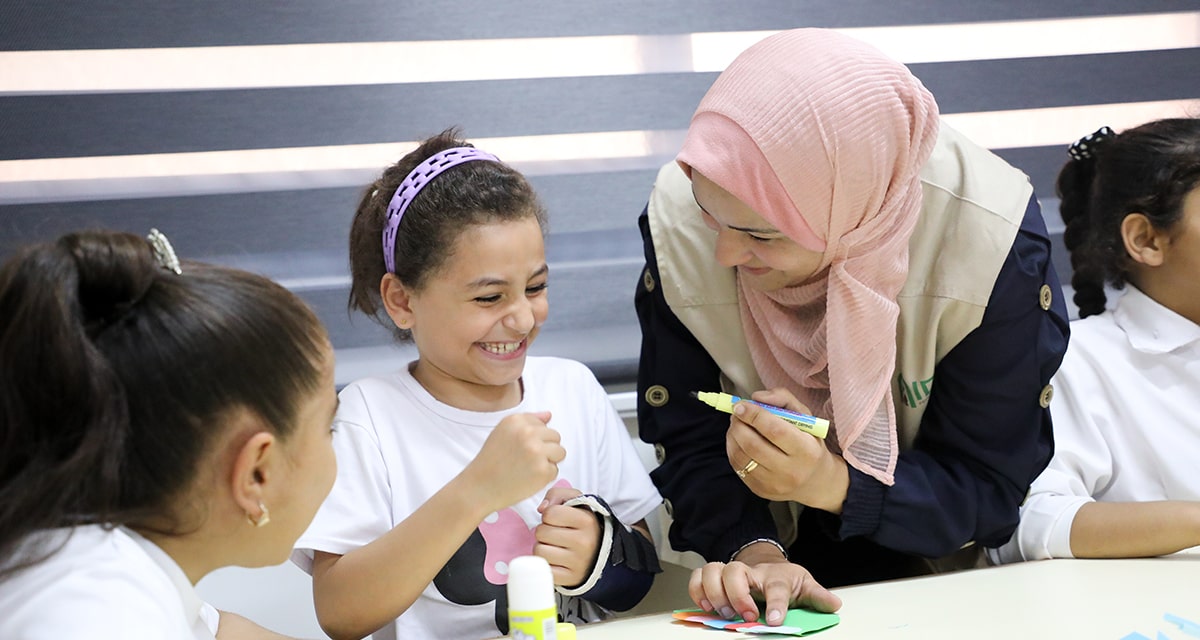
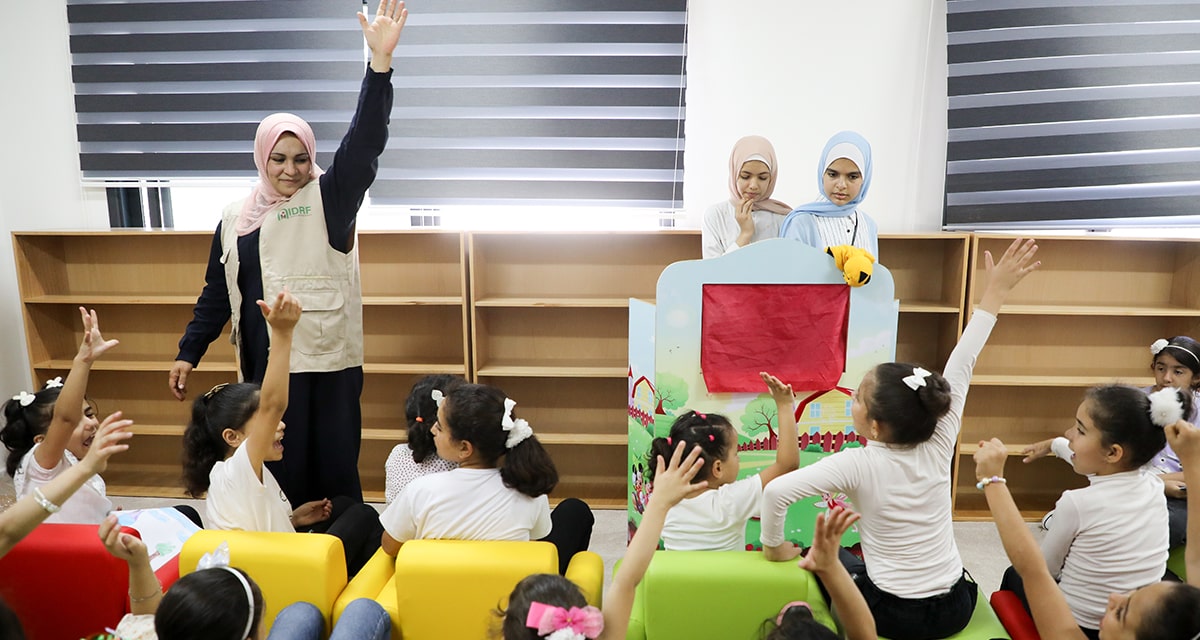
The ongoing blockades and siege on Gaza have resulted in a lack of access to quality education for children.
Multiple emergencies, combined with economic instability, have produced significant barriers to education. In order to empower children, and to strengthen the local education system, IDRF is supporting education centres in Gaza, which aim to enhance the educational achievement of students and technical skills for teachers.
723
students supported in Gaza
Turkey
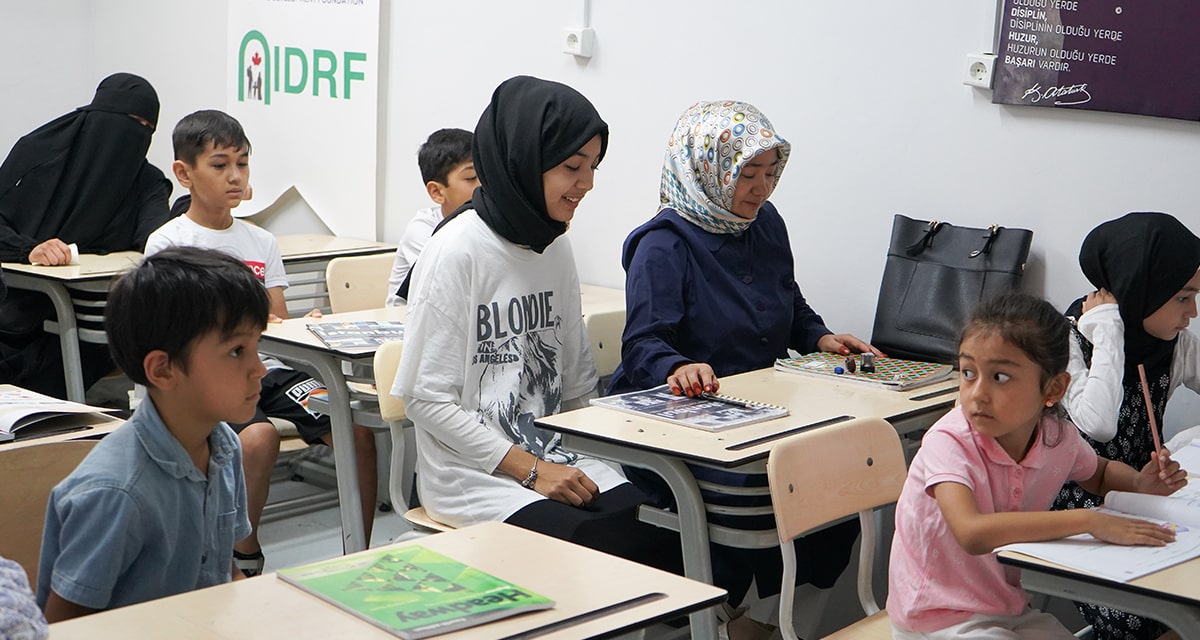
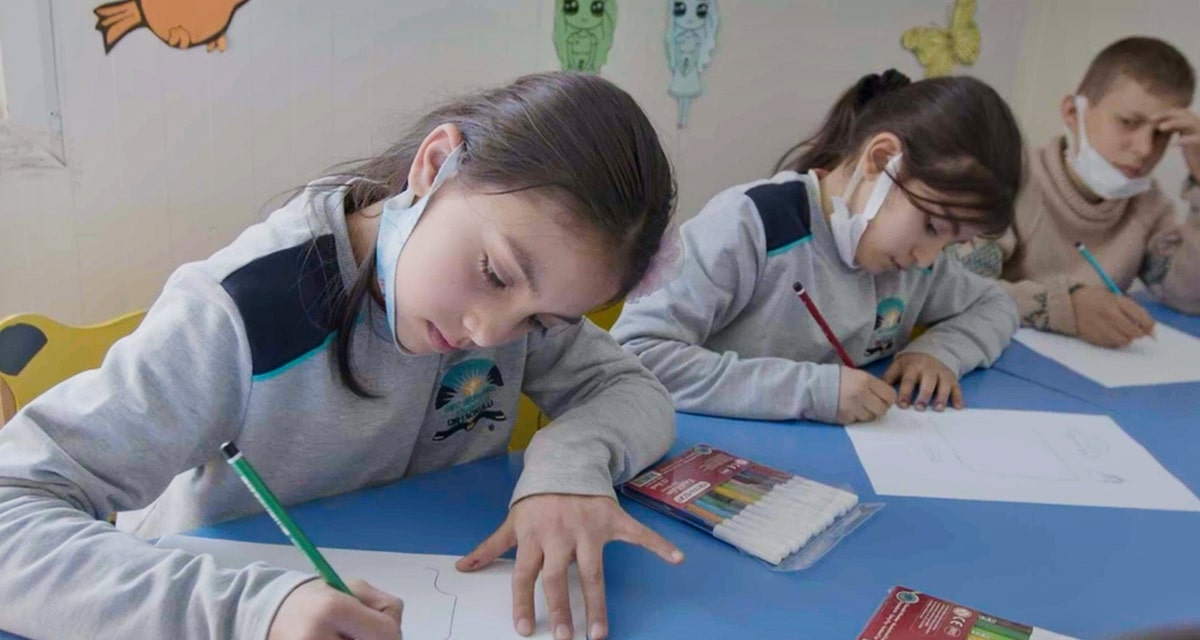
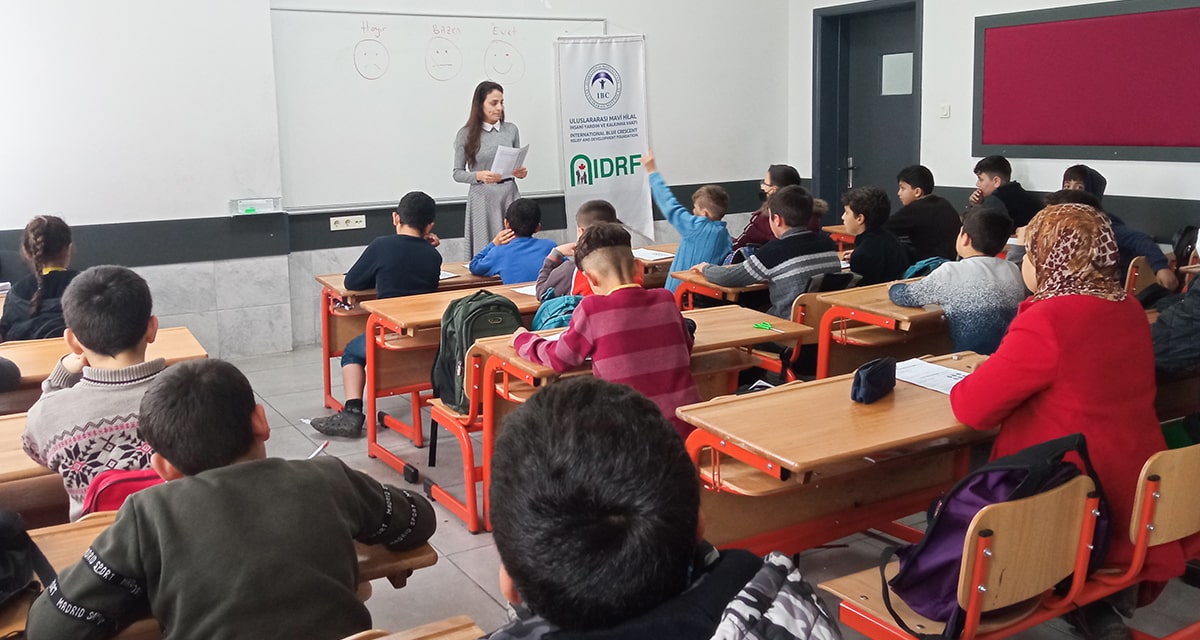
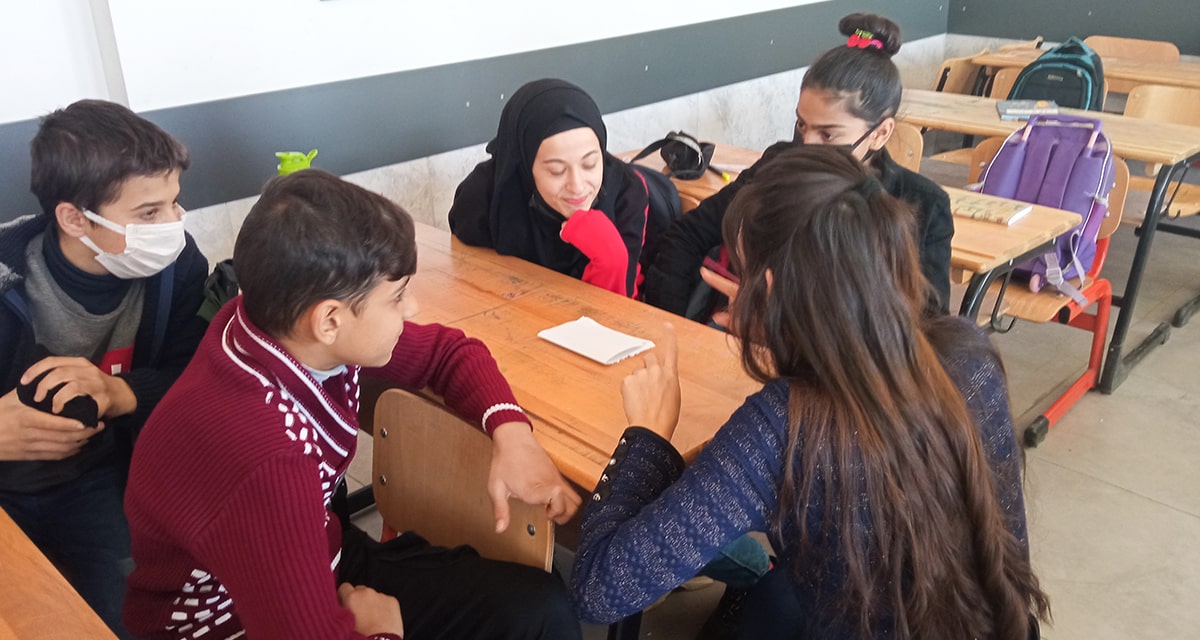
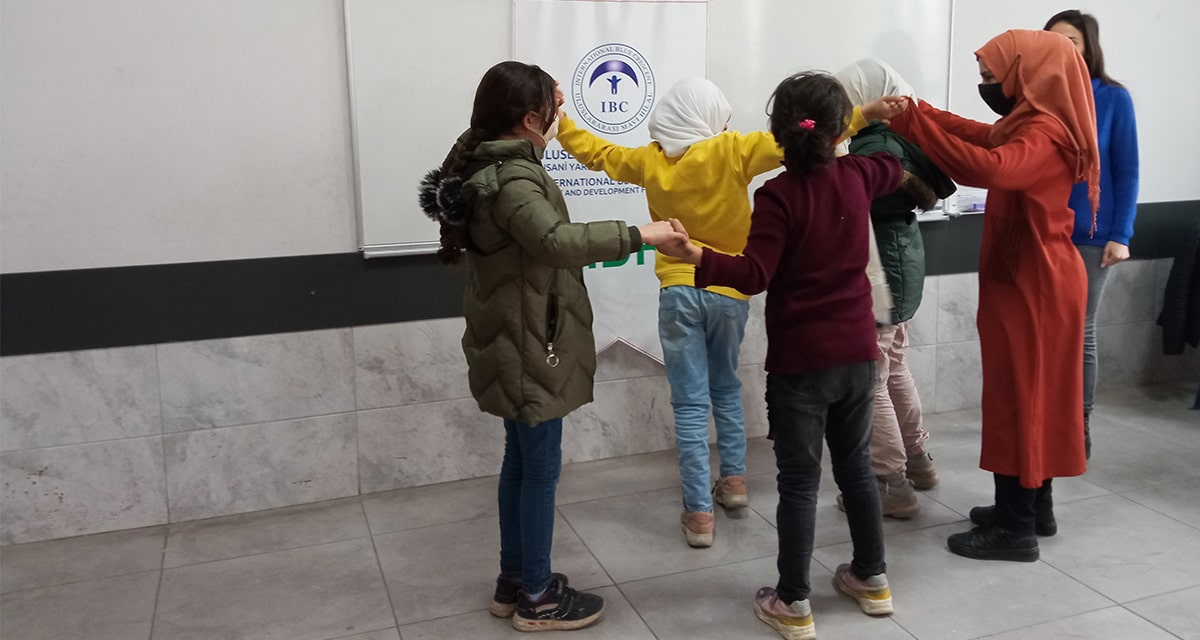
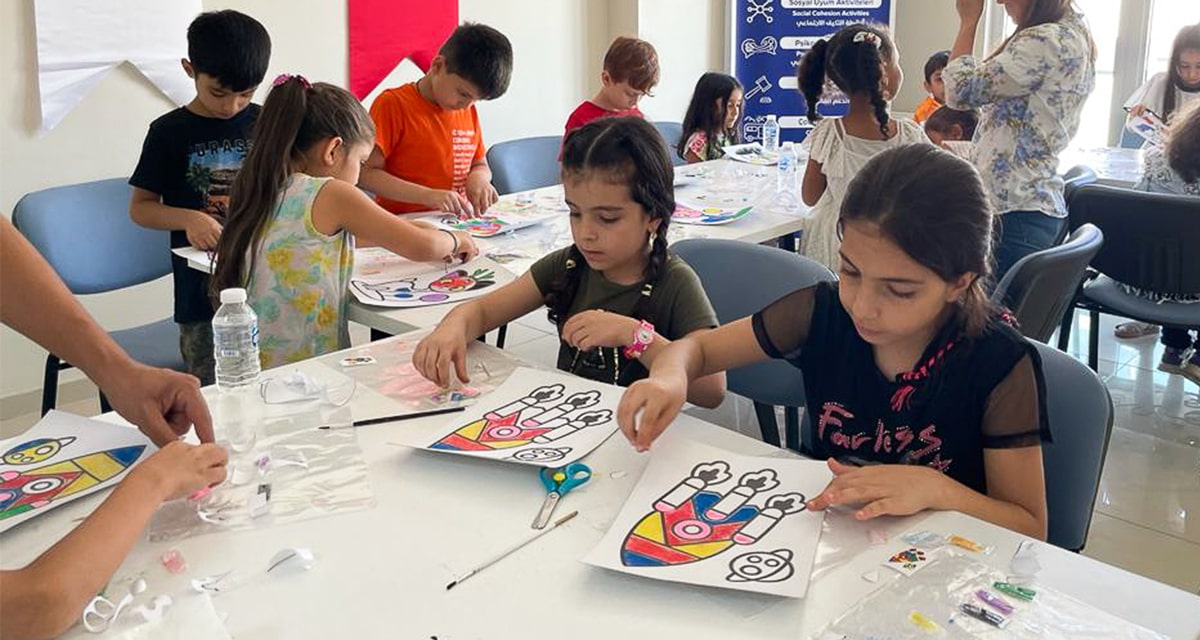
Since the onset of the conflict in Syria, over 3 million refugees have sought shelter in Turkiye.
However, refugee families continue to face significant difficulties, such as lack of access to public services, language barriers, lack of financial stability, and difficulty integrating into communities. Children are particularly vulnerable, as many of them have had their schooling disrupted, and are struggling to continue their education in a different language.
To combat the unique challenges faced by the refugee community in Turkiye, IDRF has built a community centre where children can learn, receive psychosocial support, and engage in enriching recreational activities.
6,860
students supported in Turkiye
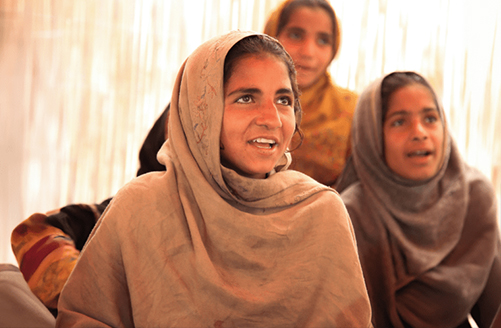
Her taking me aside to motivate me to work harder and making me believe in myself has left a mark on me.
Sara Zahid
Pakistan
Training for their Future
According to the UN approximately 255 million full-time jobs were lost during worldwide lockdowns.
While the global economy is slowly recovering, there are still large portions of vulnerable populations that have been forgotten and continue to be marginalized in the recovery, and in accessing economic opportunities.
This year, 8,067 people received training and support to start businesses and pursue economic opportunities.
8,067
people received support to start businesses and receive training
Palestine
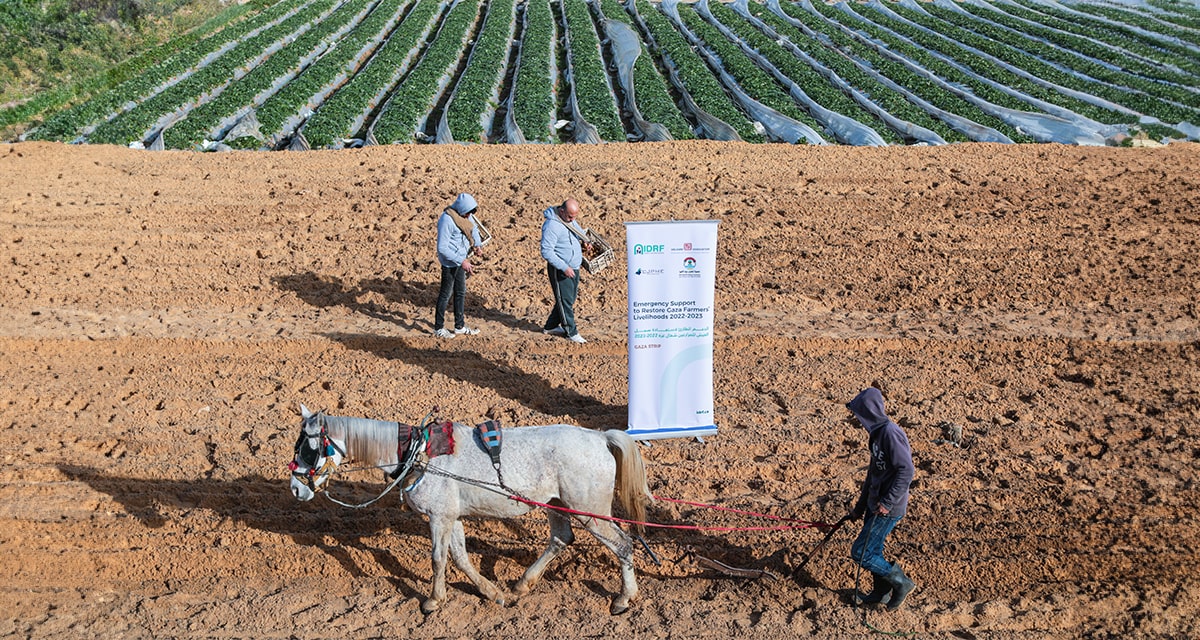
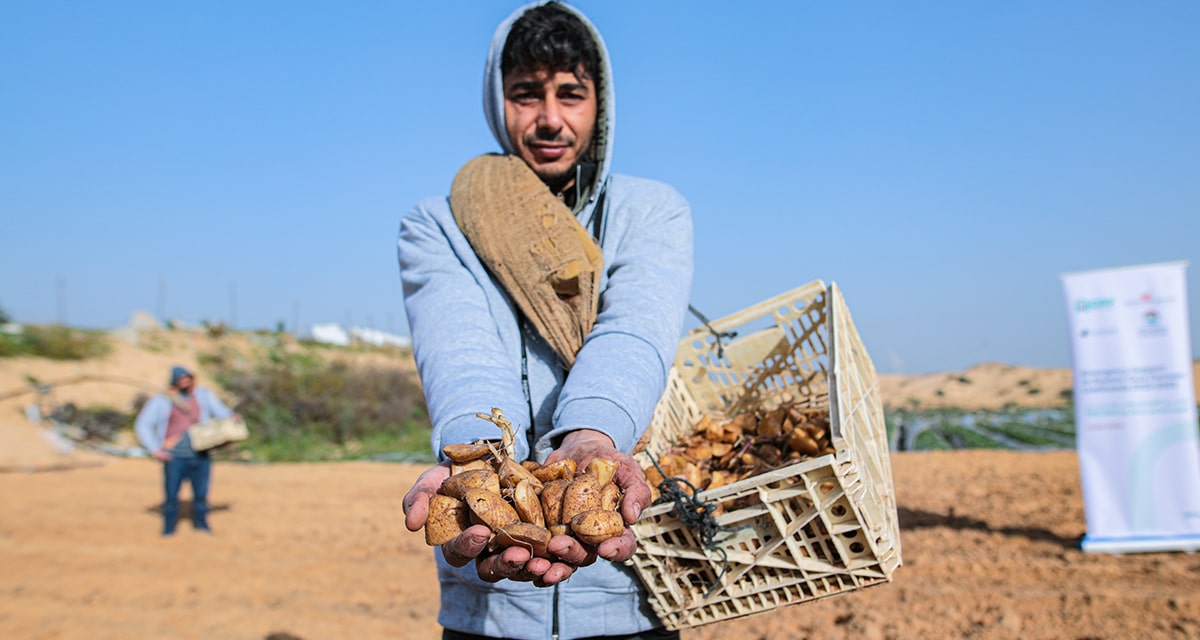
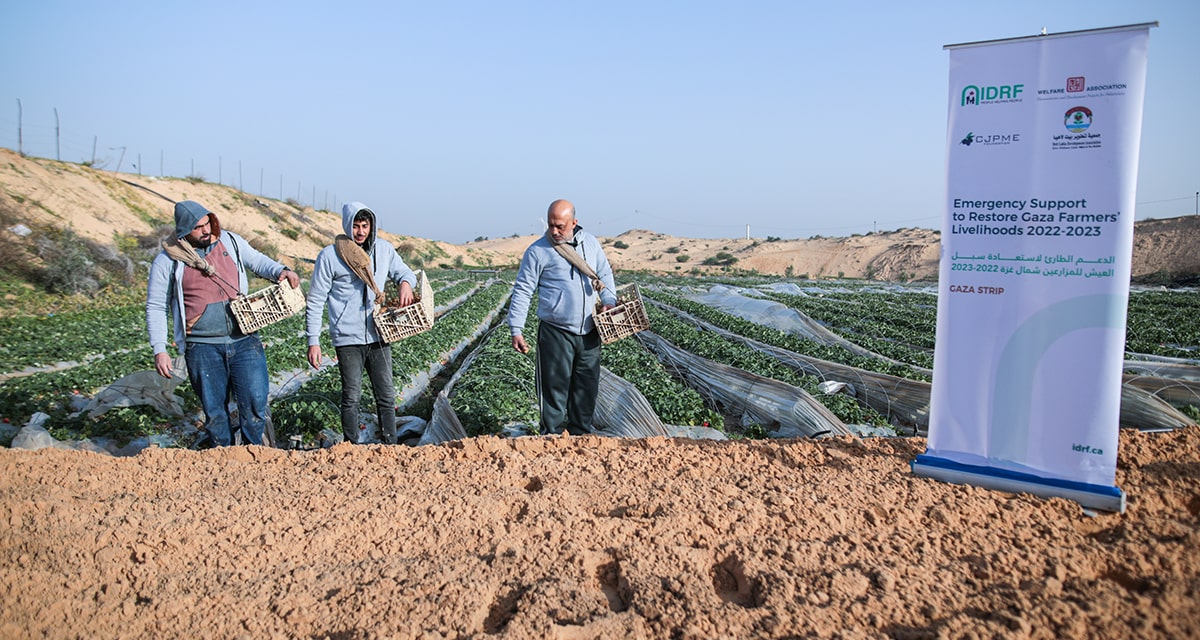
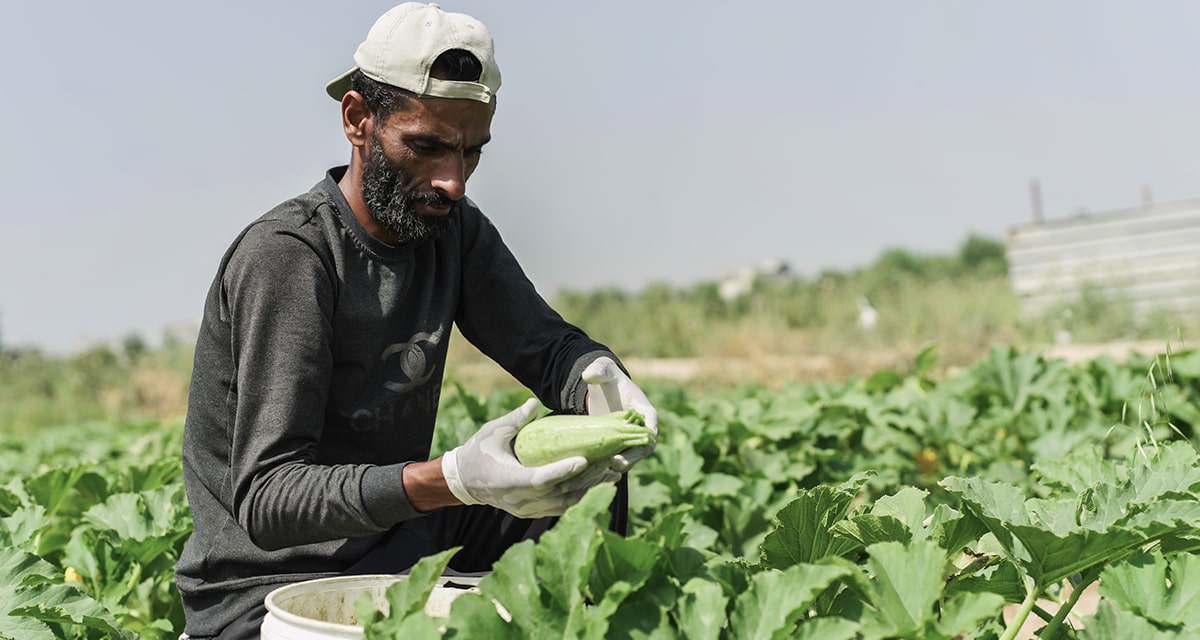
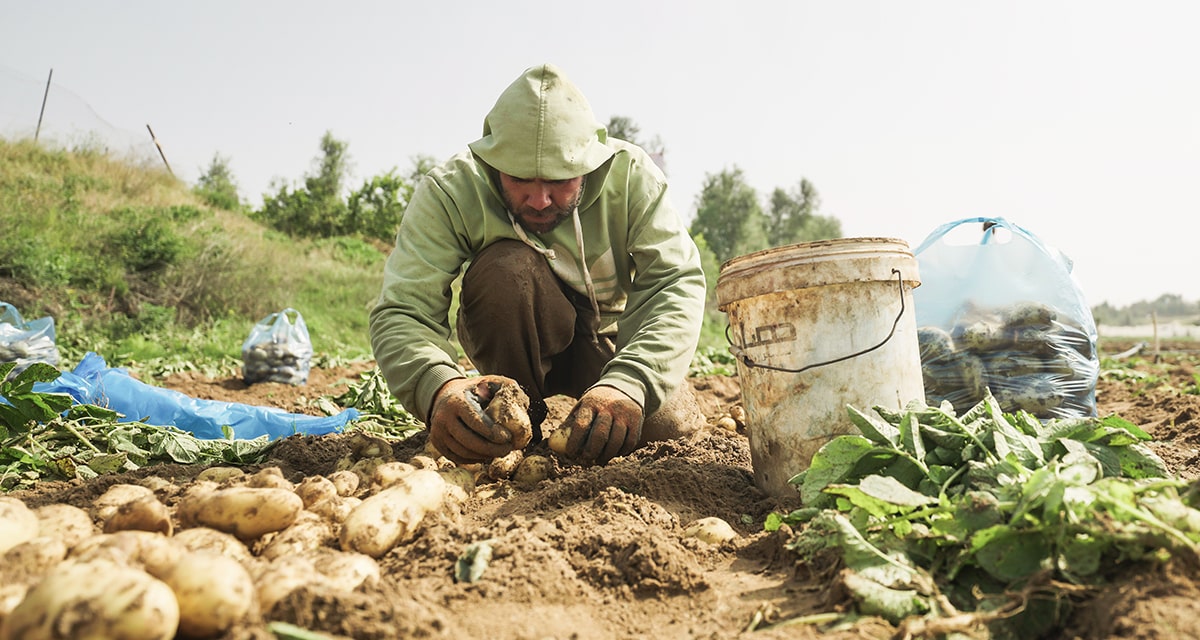
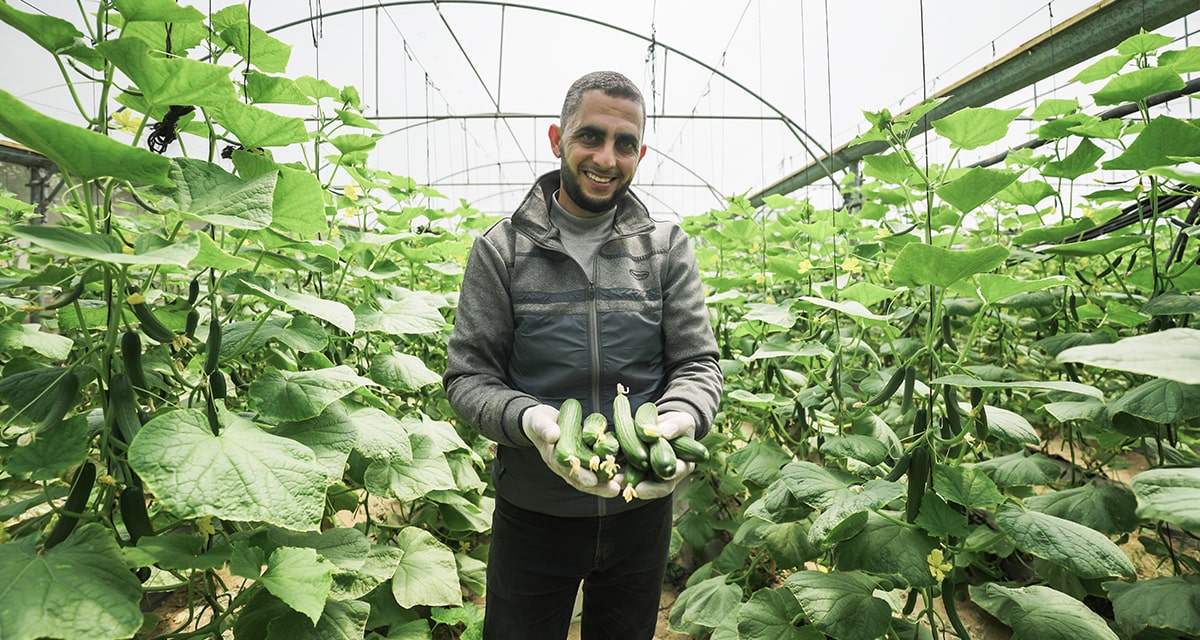
Agriculture is one of the most critical sectors for the Palestinian economy as it contributes significantly to income, exports, and food security.
Palestinian farmers have been unable to meet even their most basic daily and family needs. Consequently, developing sustainable agriculture in the West Bank and Gaza is essential. By restoring land productivity, providing training and equipment, farmers have greater income, more self-reliance, and can better contribute to community food needs and the local economy.
Each year, IDRF purchases the harvests from the farmers participating in this program. The produce is then distributed to vulnerable families during the month of Ramadan.
91
farmers improved their livelihoods
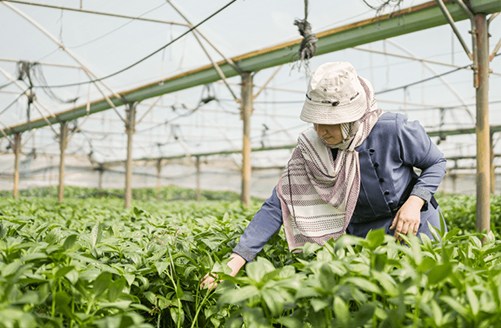
IDRF’s assistance allowed me to sell crops to supply to the Ramadan Fresh Food Distribution Project, leading to increased profits and the ability to pay off most of my debts.
Salma
Gaza, Palestine
A Brighter future at home
Charity begins at home
We strongly believe that the core of relief and development lies right here in Canada, within our local communities. Our efforts in Canada focus on youth empowerment, women empowerment, gender inclusivity in the workforce, and economic development.
This year, 1,985 Canadians received training and tutoring support to pursue higher education and career opportunities.
1,985
people received support to start businesses and receive training
Get Job Ready
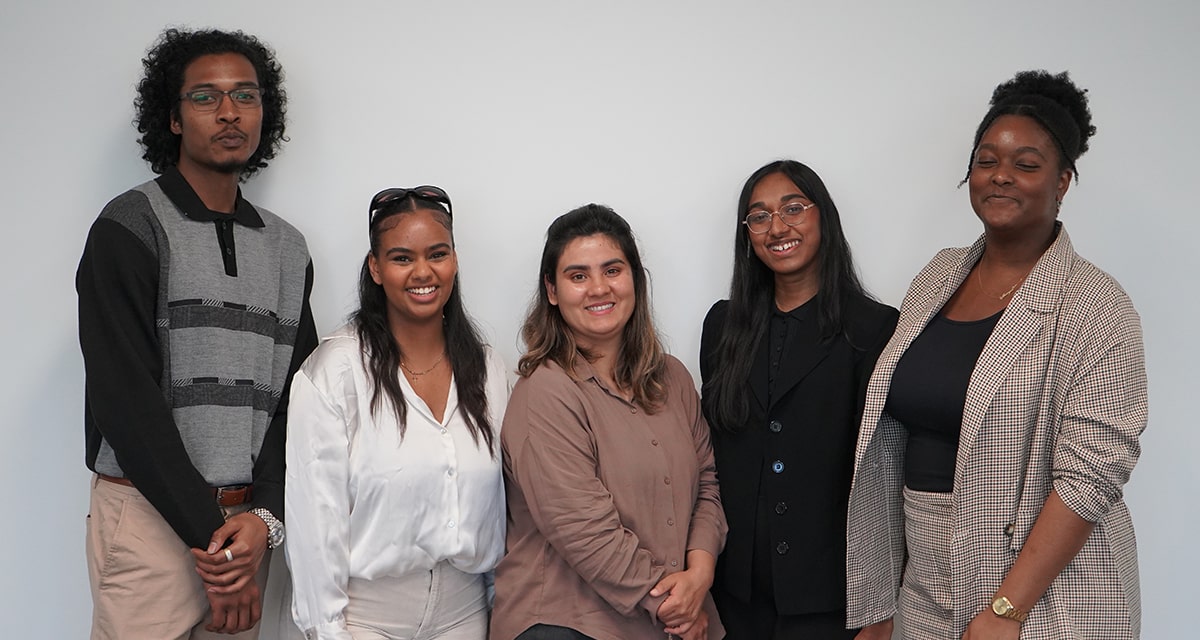
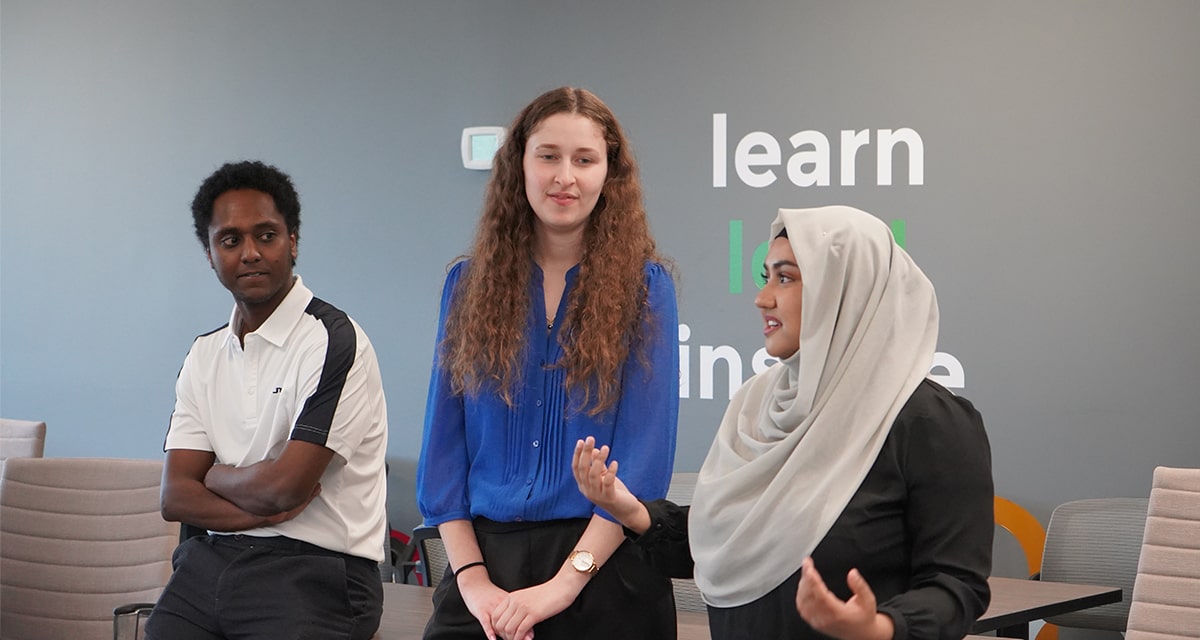
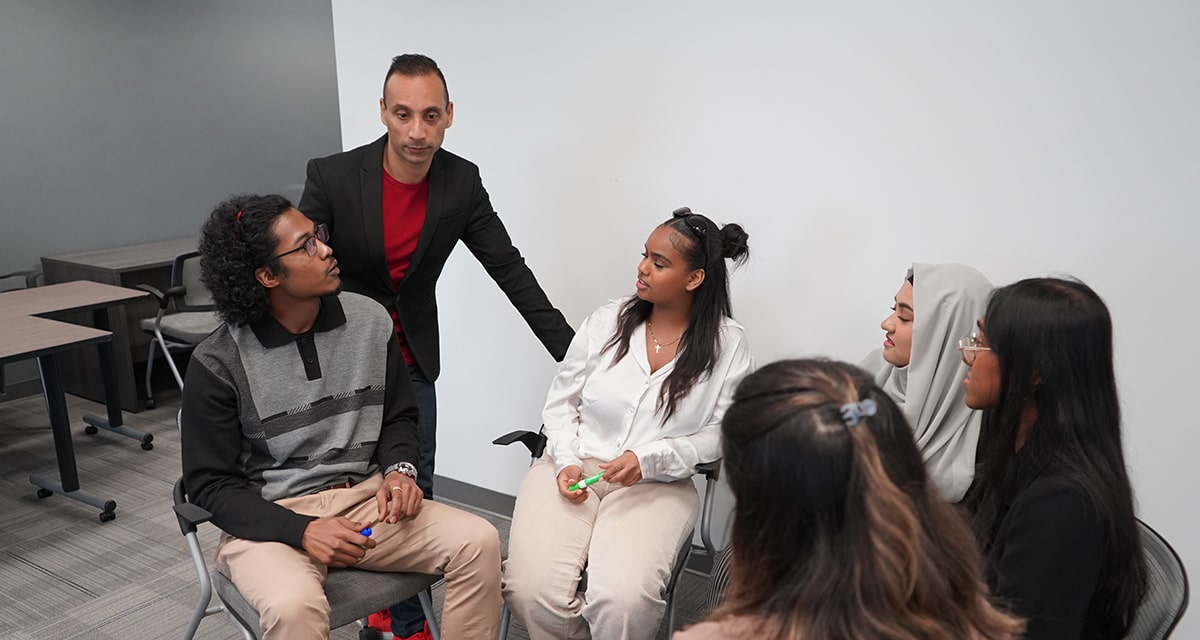
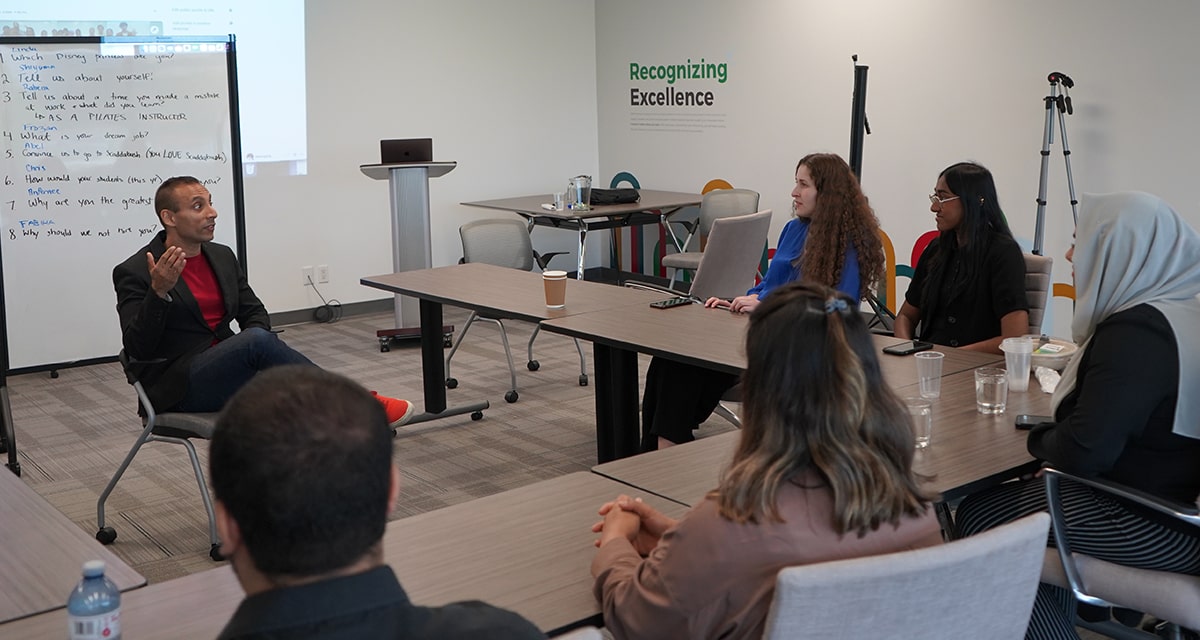
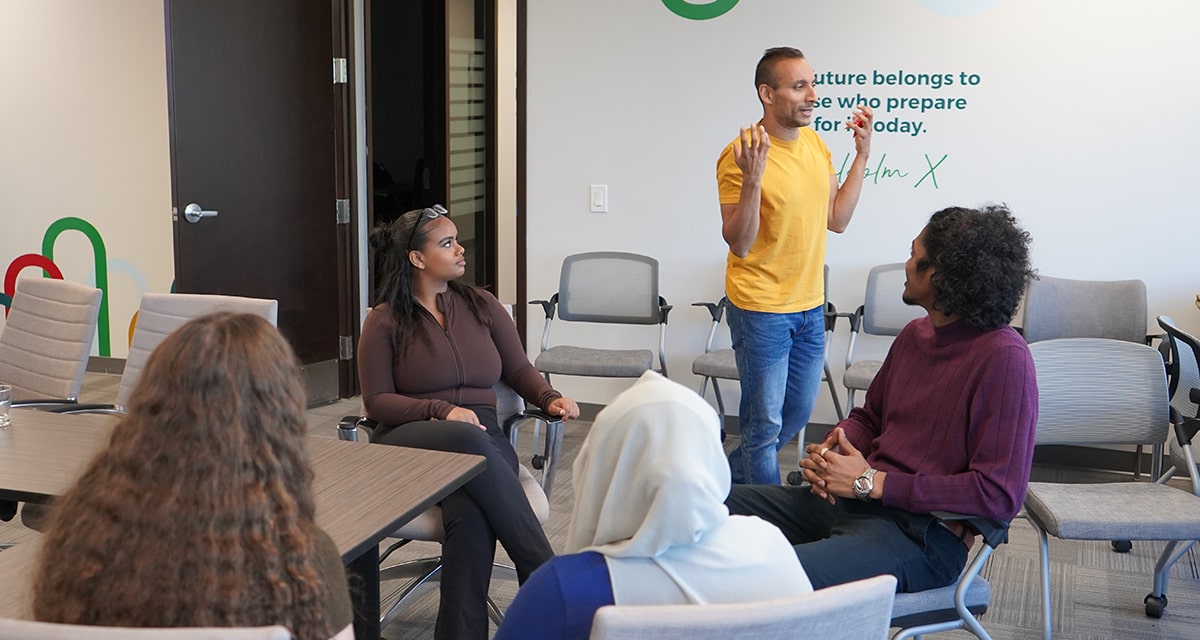
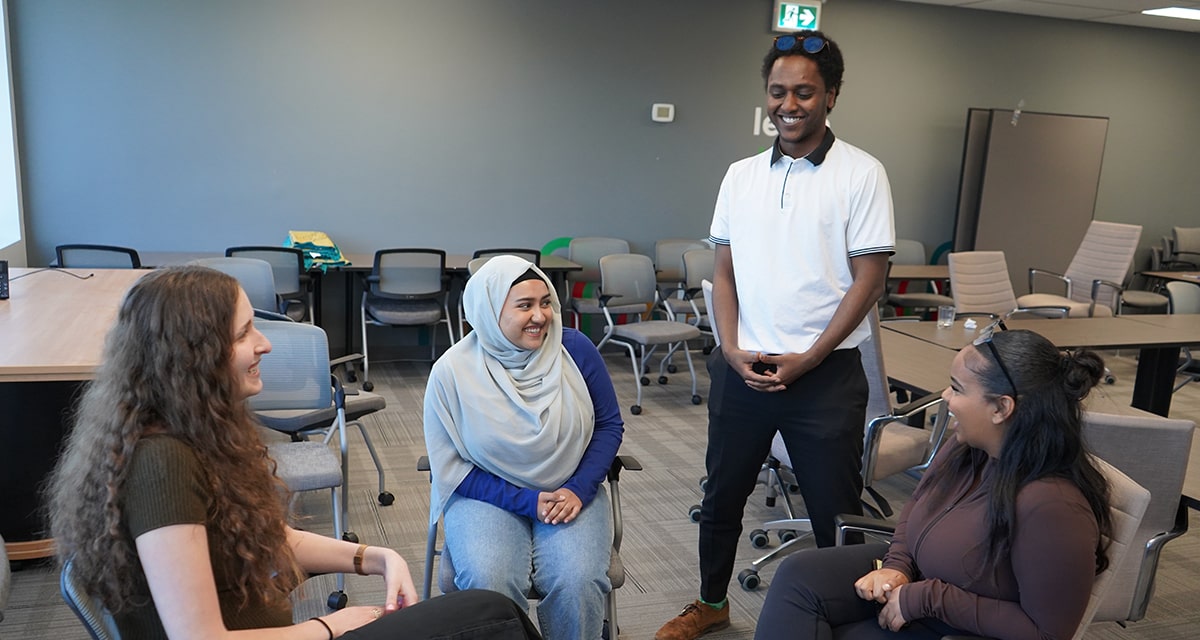
Amid a rapidly evolving economy, Canadian youth continue to face challenges in finding employment.
Our Get Job Ready program trains youth to successfully navigate the Canadian job market by strengthening their soft skills. This year, IDRF has trained 139 students in career readiness.
139
students were trained in career readiness at Get Job Ready
Women in Tech
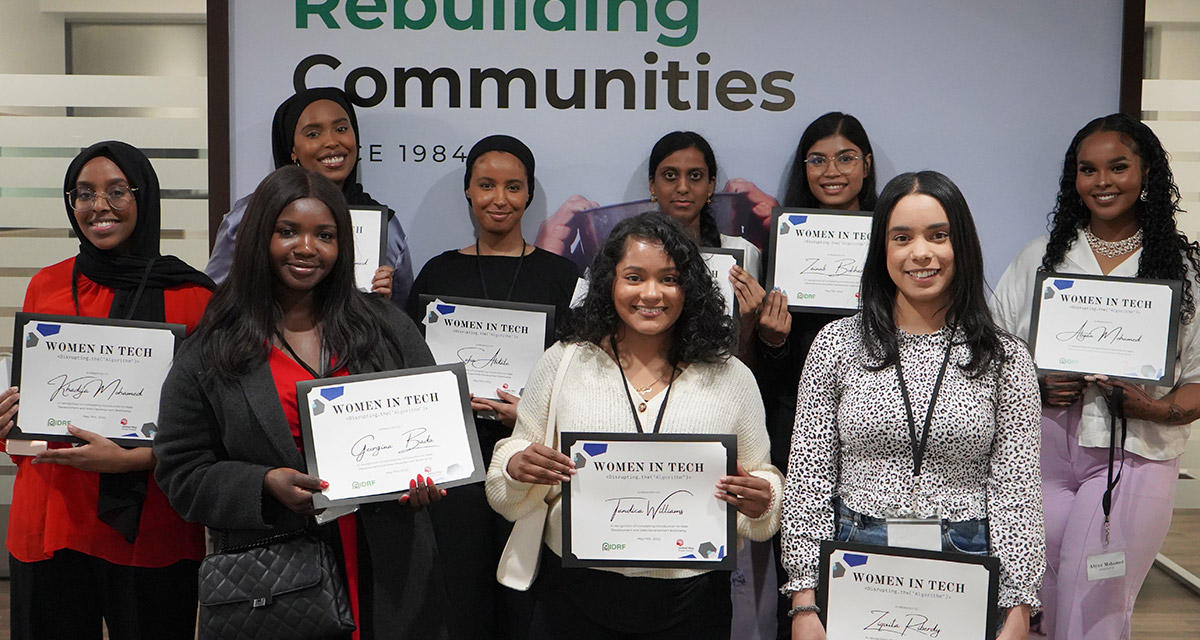
Heading into its fifth year, Women in Tech teaches young women introductory web development skills and encourages them to consider careers in Tech – an industry with a significant gender gap.
This past year, IDRF trained 45 women in the course, all taught by past graduates who have become professionals in the field of web development, and understand how to create a positive learning environment for novice coders.
IDRF also awarded full scholarships for select participants to attend an intensive 12-week Web Development Bootcamp to train them to become Full-Stack Developers. There are no tuition costs for participants in Women in Tech, thus eliminating any financial barriers to entering the course.
45
women were trained in web and data science skills
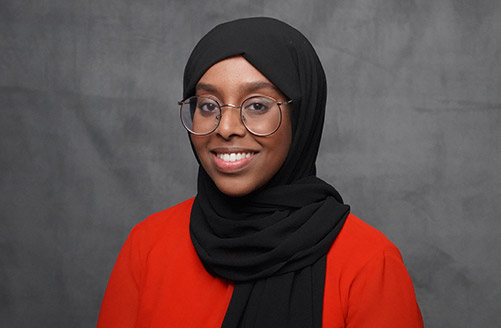
The program’s guidance and mentorship have been invaluable, and I am truly grateful for the doors that have opened.
Chaahat
Canada
Thank you!
The International Development and Relief Foundation expresses its gratitude to our generous donors and dedicated volunteers you are what keeps us going. It is your unwavering commitment that helps us empower marginalized communities.
Our donors fund all of our programs, creating opportunities to change lives. Your support allows our local teams to help those in conflict or crisis rebuild their lives. For over 39 years, it has been our volunteers that have helped us every step of the way, helping us change people’s lives. We are so grateful to our volunteers across Canada for playing such a crucial role in our humanitarian work.
Together, we are building a brighter future.
Driven by our Mission. Inspired for the future.
It takes a team of dedicated collaborators, working toward a meaningful goal, to effect change. We are grateful for the ongoing generosity of our donors, and the support of gift-in-kind partners for their commitment to the world’s most vulnerable
Expenditures
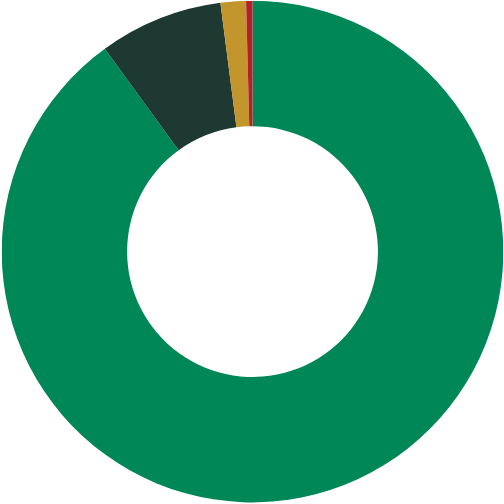
90.1%
of your donation goes to relief and development
 Programs 90.1%
Programs 90.1%
 Fundraising 8.4%
Fundraising 8.4%
 Admin 1.2%
Admin 1.2%
 Other 0.3%
Other 0.3%
Statement of Operations
| REVENUE | 2023 | 2022 | 2021 |
|---|---|---|---|
| Donations and fundraising events | 20,212,864 | 13,698,265 | 13,038,537 |
| Donations in kind | 4,984,966 | 3,251,501 | 1,441,207 |
| Other income | 129,856 | -3,033 | 37,334 |
| TOTAL REVENUE | 25,327,686 | 16,946,733 | 14,517,078 |
| EXPENSES – PROGRAM SERVICES | |||
| International Projects : | 20,565,345 | 14,371,083 | 11,249,266 |
| Food Security | 5,479,879 | 5,081,795 | 5,029,023 |
| Emergency Relief | 7,589,189 | 3,563,684 | 3,449,924 |
| Water, Sanitation & Hygiene (WASH) | 2,614,167 | 2,803,161 | 216,919 |
| Health | 3,577,460 | 1,554,624 | 1,798,175 |
| Education | 1,014,069 | 842,504 | 585,920 |
| Economic Development | 290,581 | 525,315 | 169,305 |
| Canadian Projects : | 2,138,550 | 2,109,392 | 976,147 |
| Emergency Relief | 482,824 | 979,491 | 295,955 |
| Food Security | 541,060 | 631,971 | 221,161 |
| Education | 550,103 | 484,965 | 335,661 |
| Health | 564,563 | 12,965 | 123,370 |
| Educational Development | 104,683 | 92,328 | 74,213 |
| TOTAL EXPENSES | 22,808,578 | 16,572,803 | 12,299,626 |
| SUPPORTING SERVICES | |||
| Amortization | 67,628 | 70,422 | 93,909 |
| Fundraising | 2,121,437 | 1,437,005 | 950,336 |
| General and administrative | 314,049 | 296,577 | 235,195 |
| TOTAL SUPPORTING SERVICES | 2,503,114 | 1,804,004 | 1,279,440 |
| TOTAL | 25,311,692 | 18,376,807 | 13,579,066 |
| EXCESS OF REVENUE OVER EXPENSES | 15,994 | 1,430,074 | 938,012 |
Thank you to every one who has contributed over the past year.

Volunteer with us

Donate
